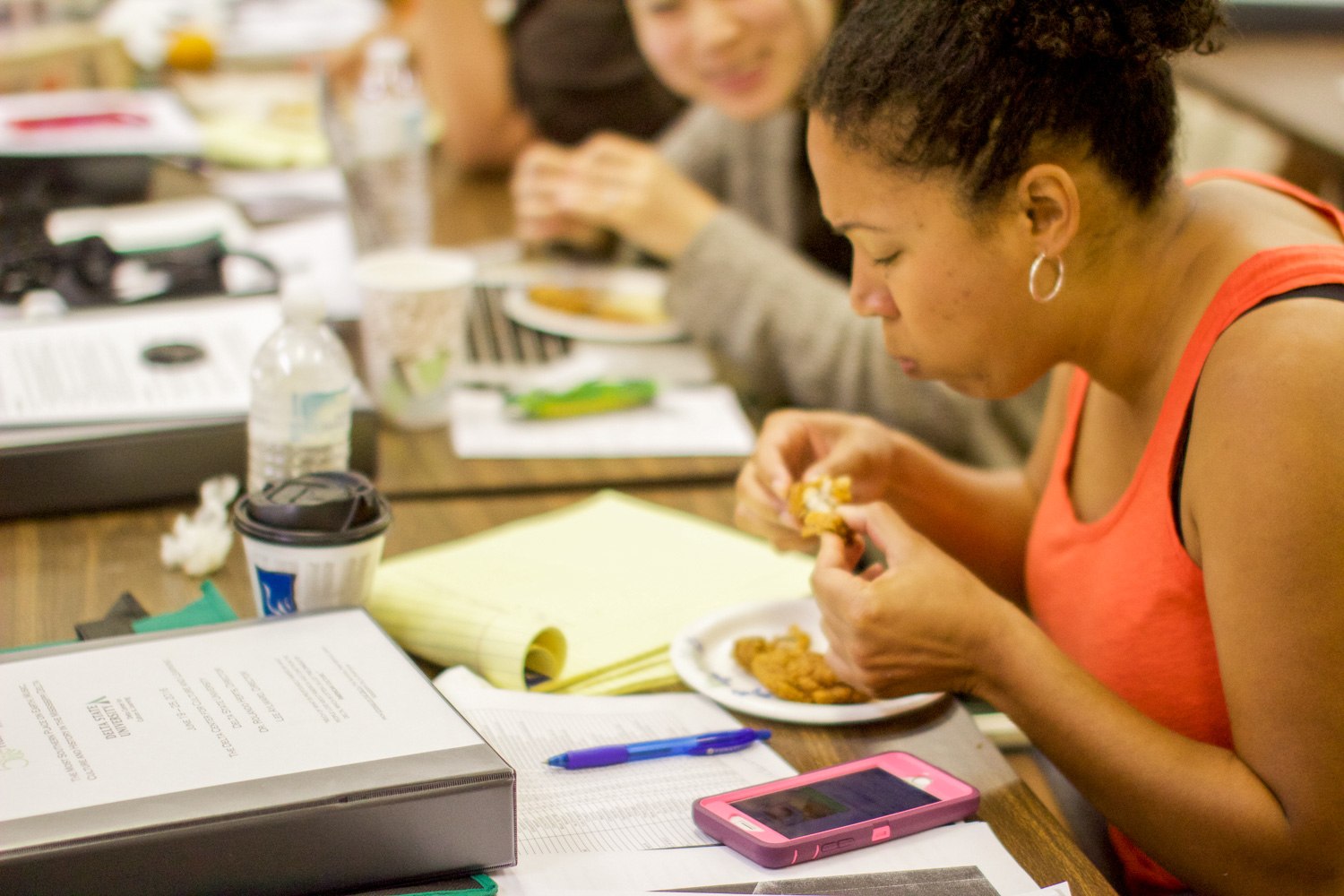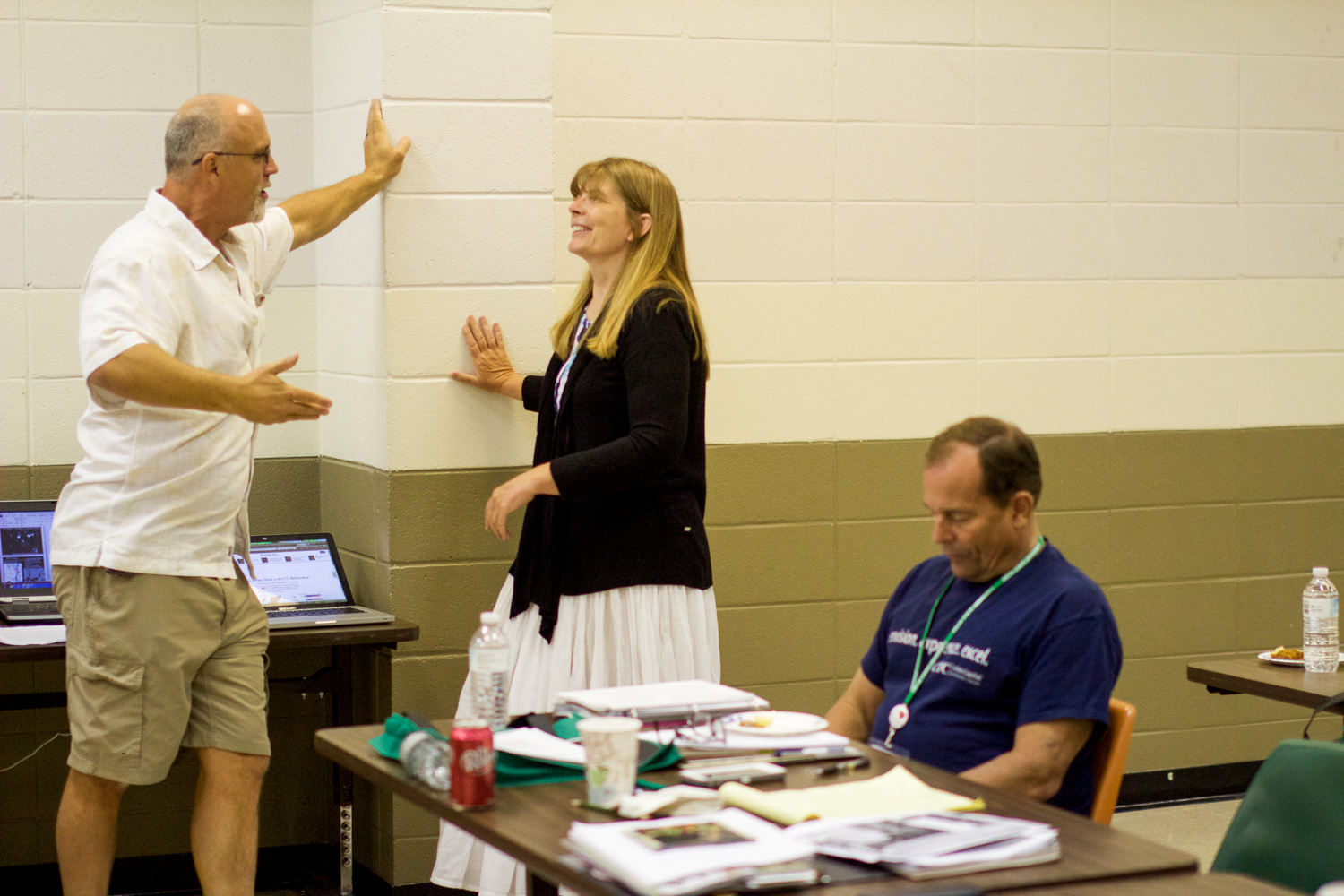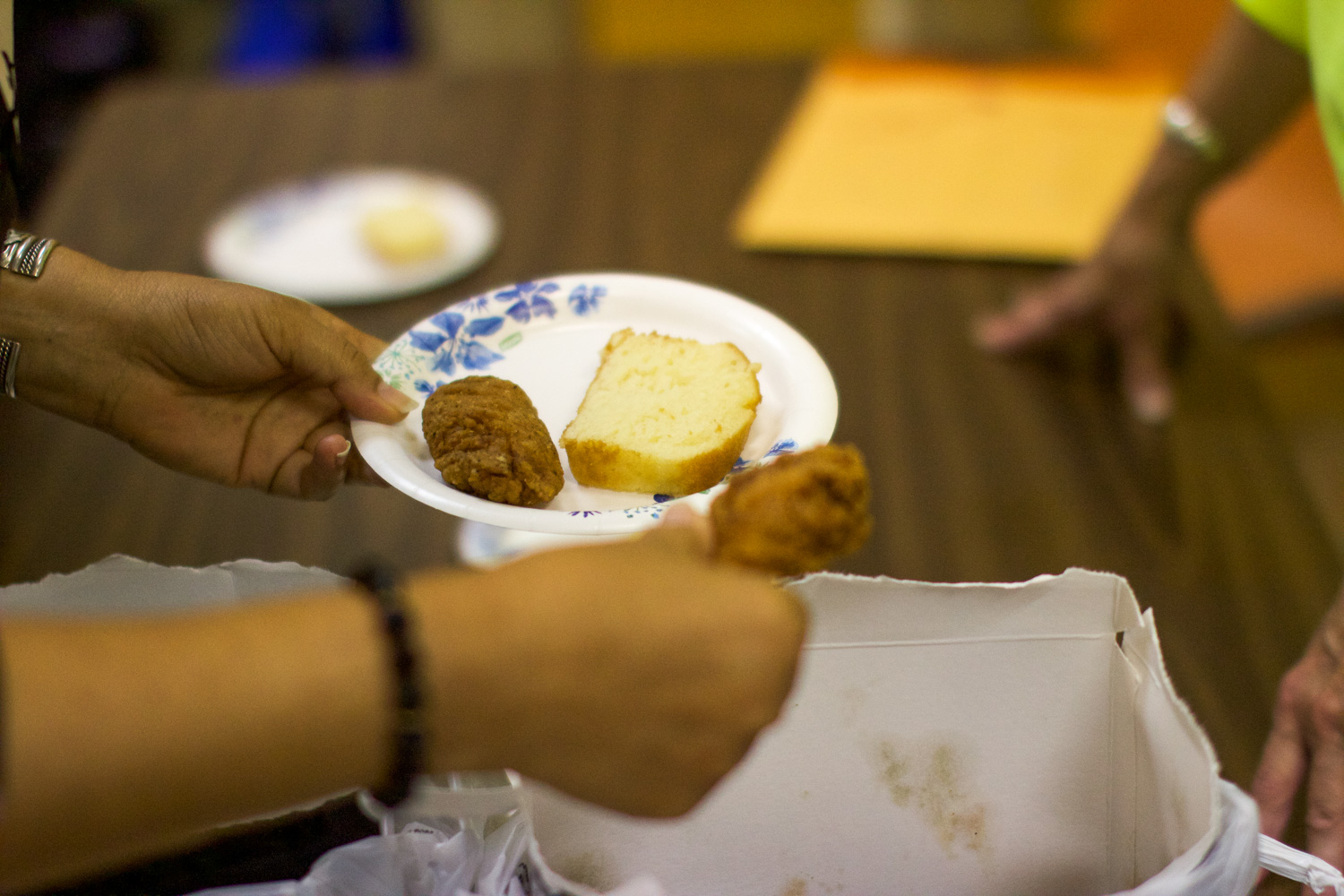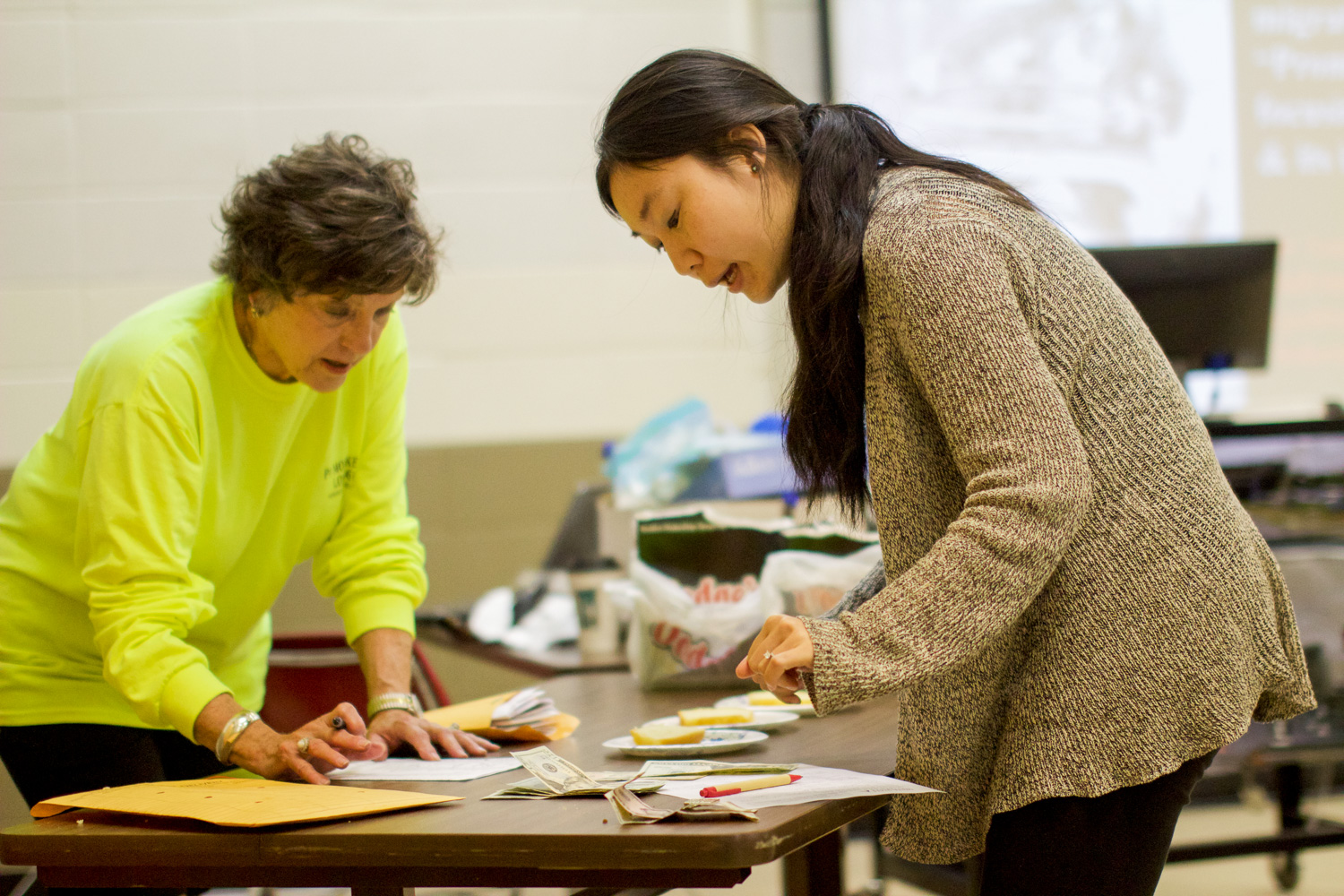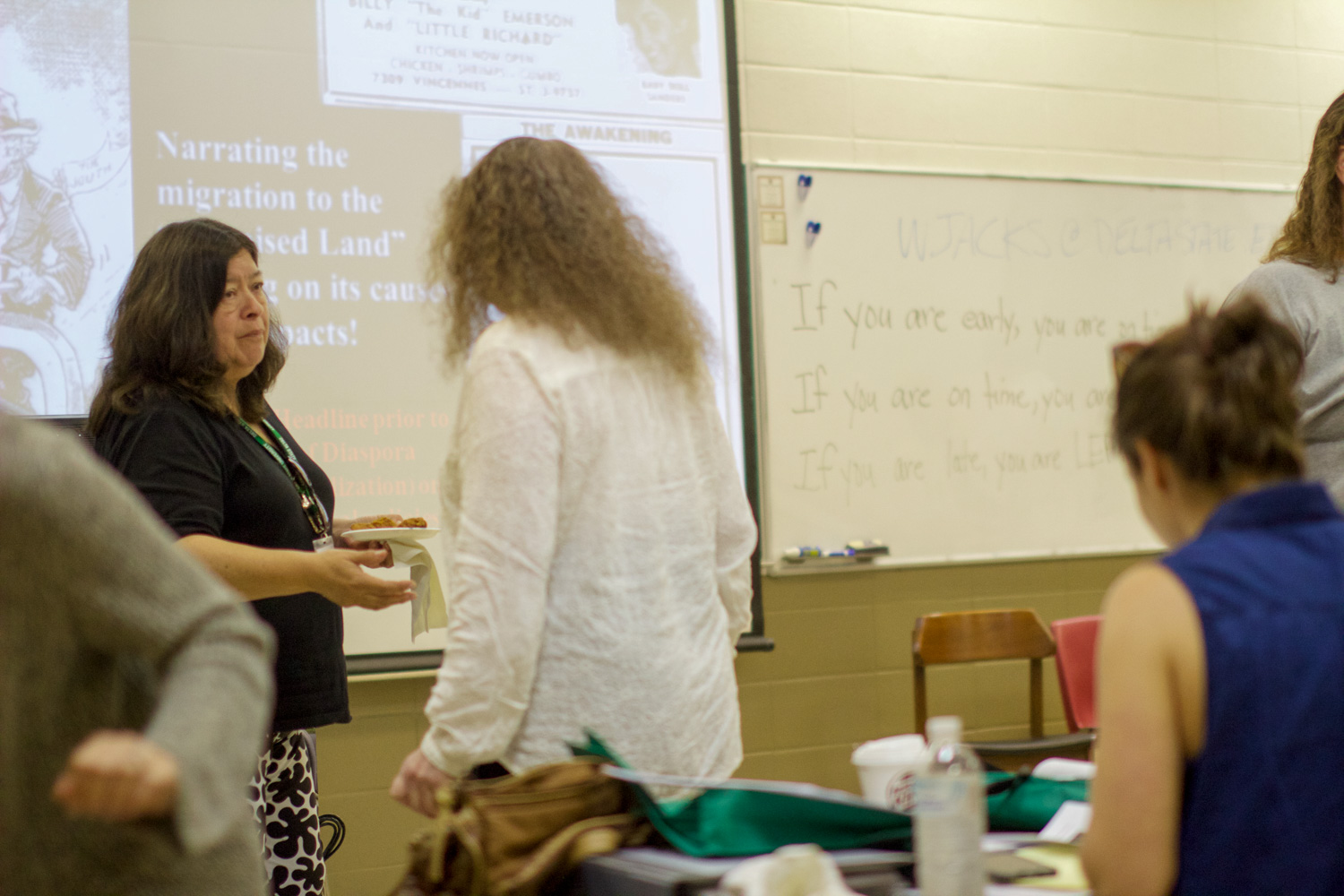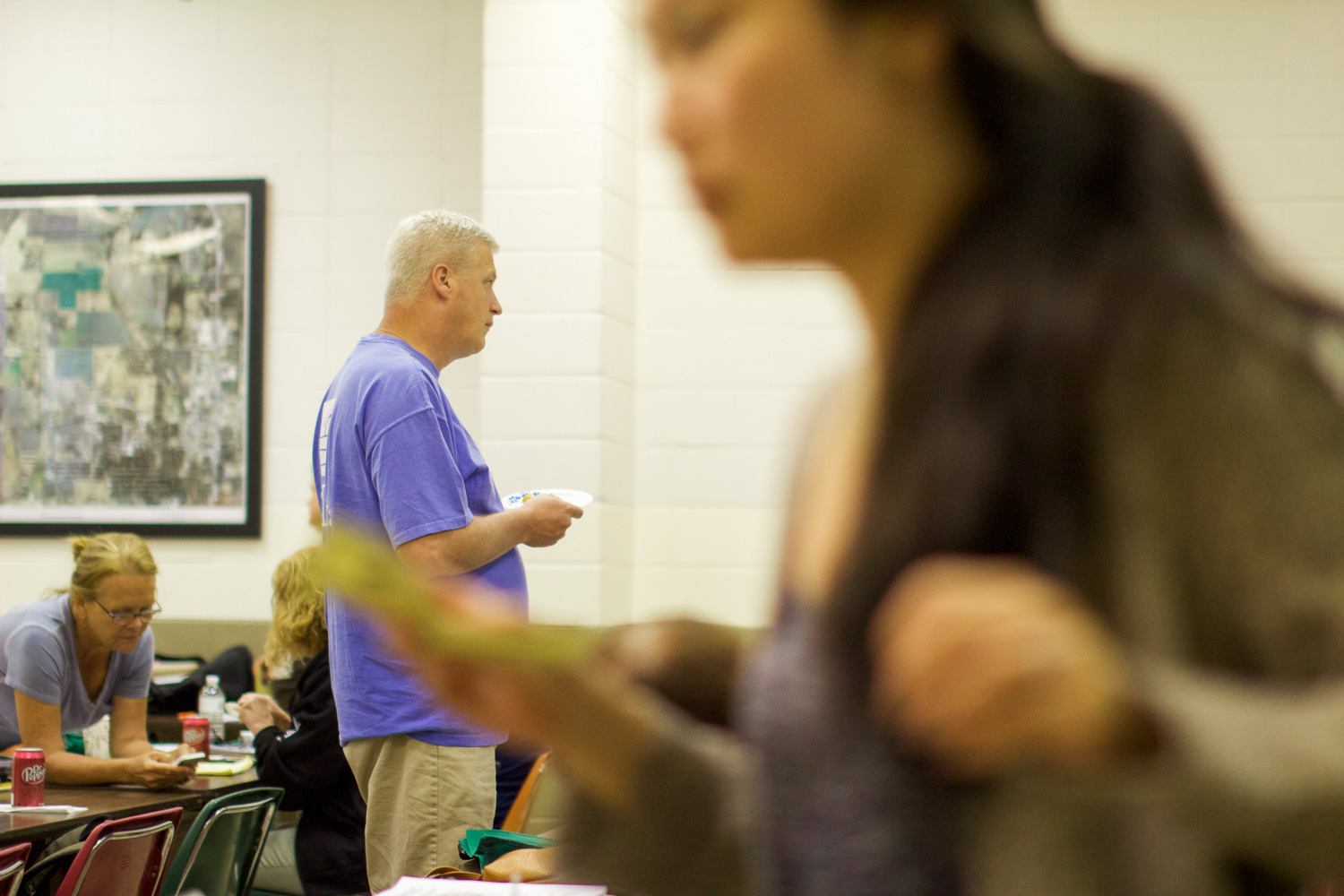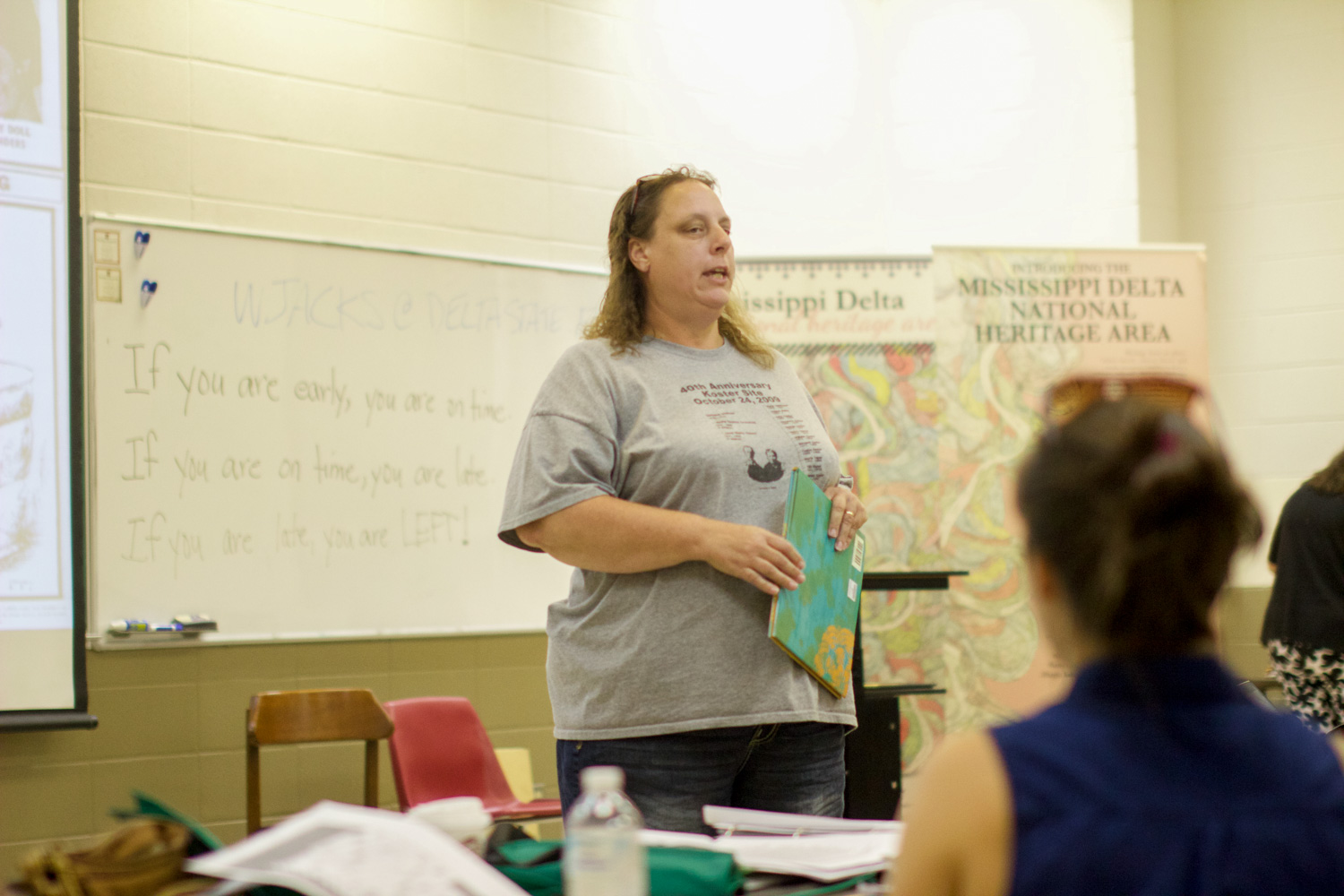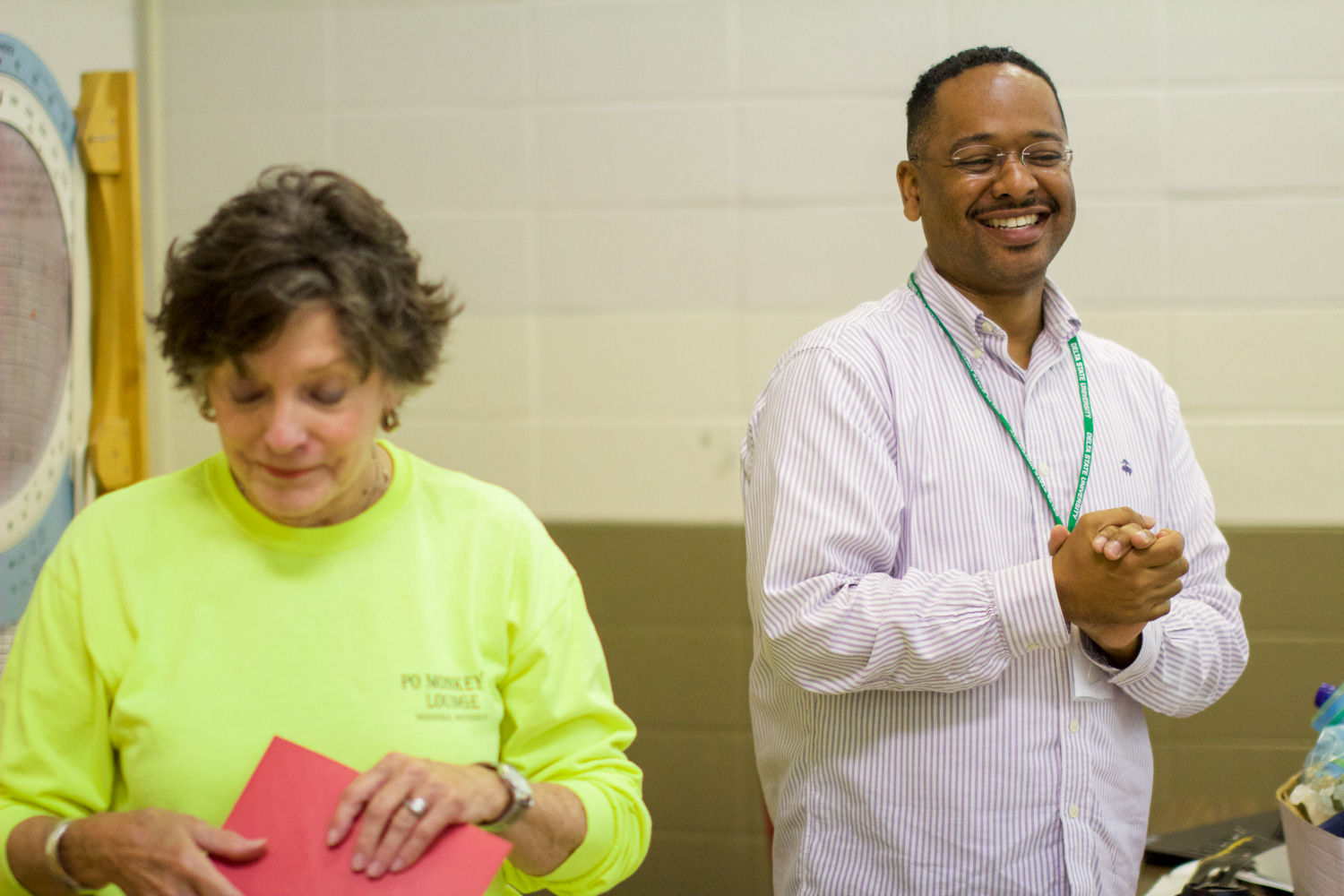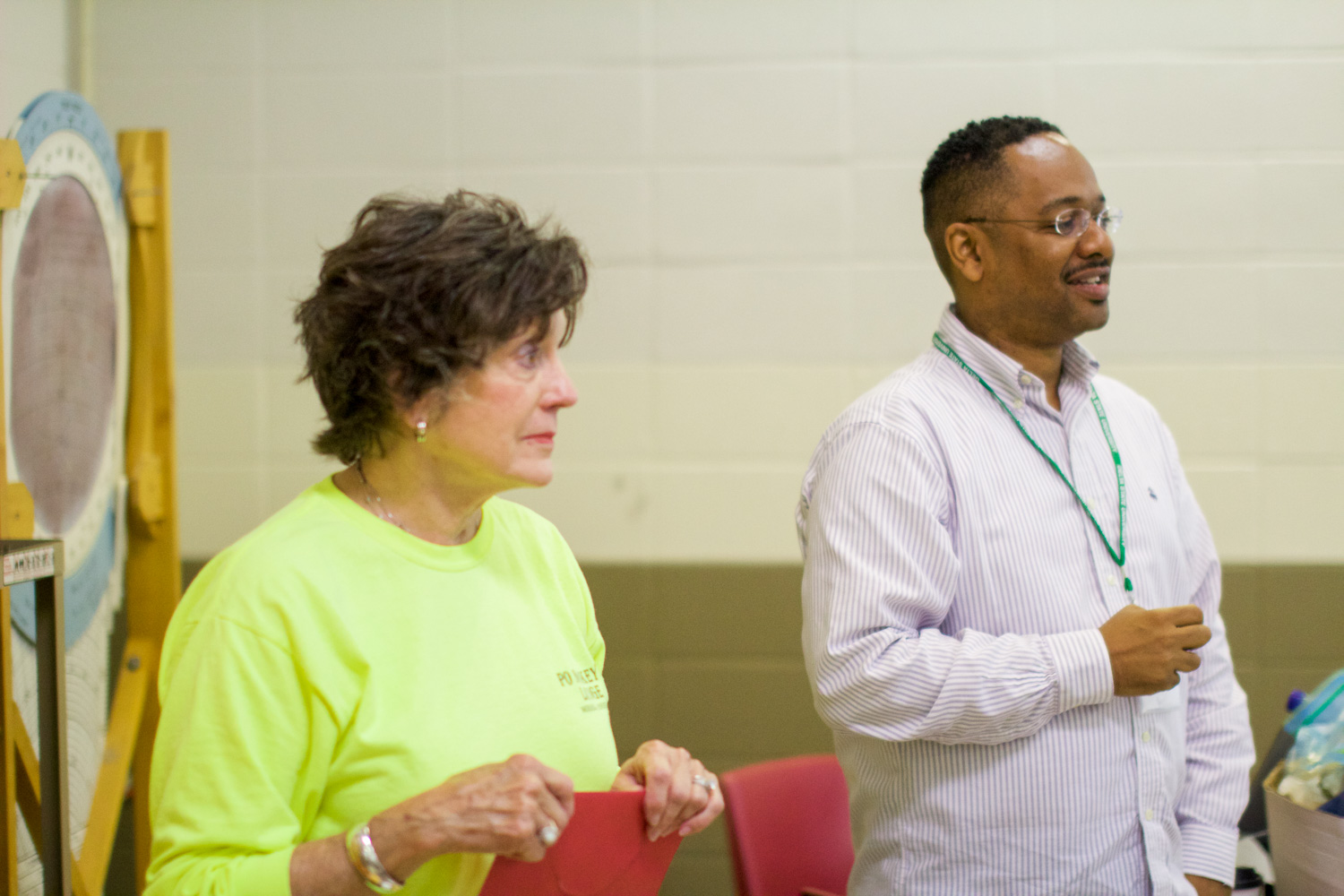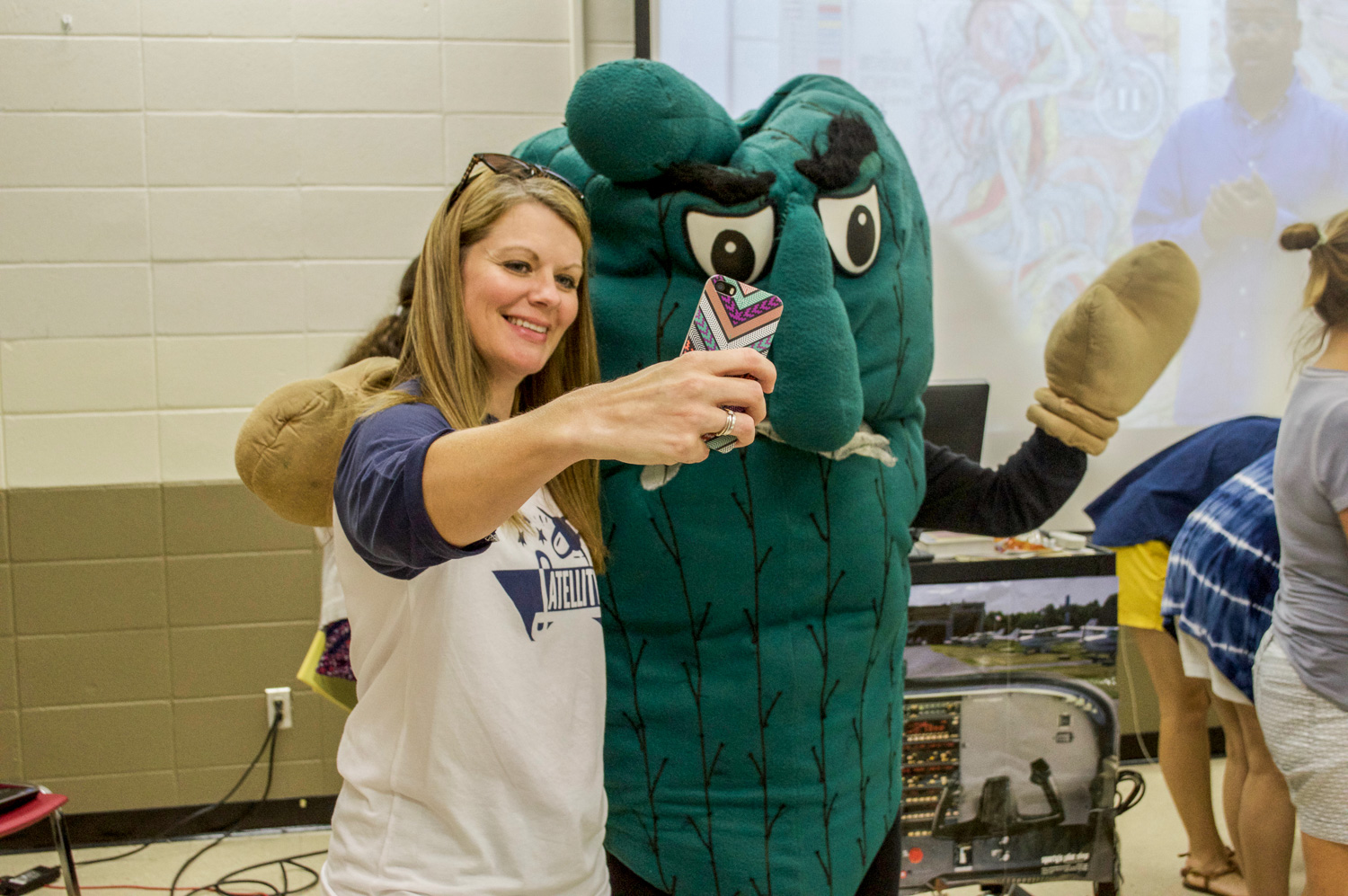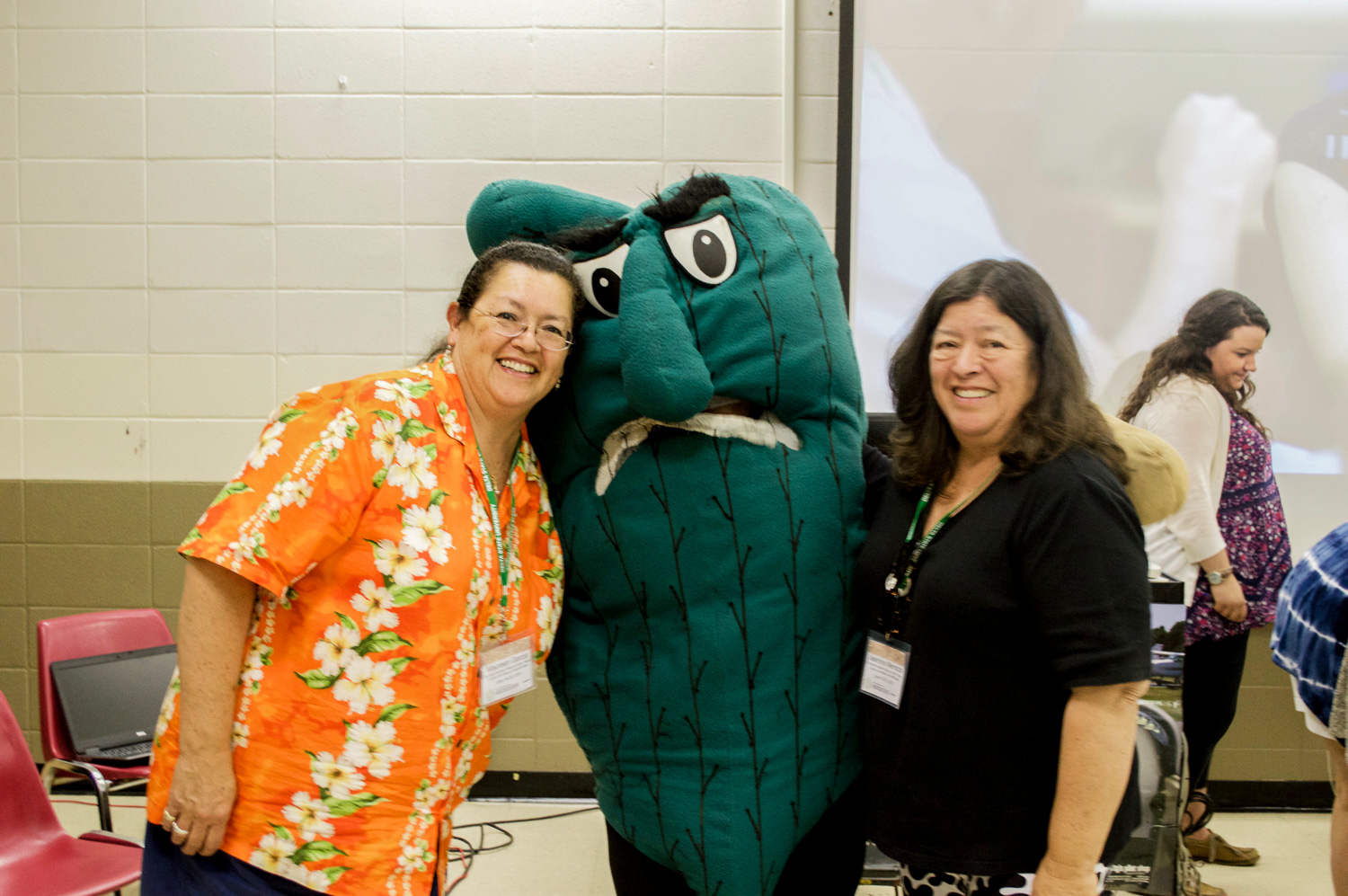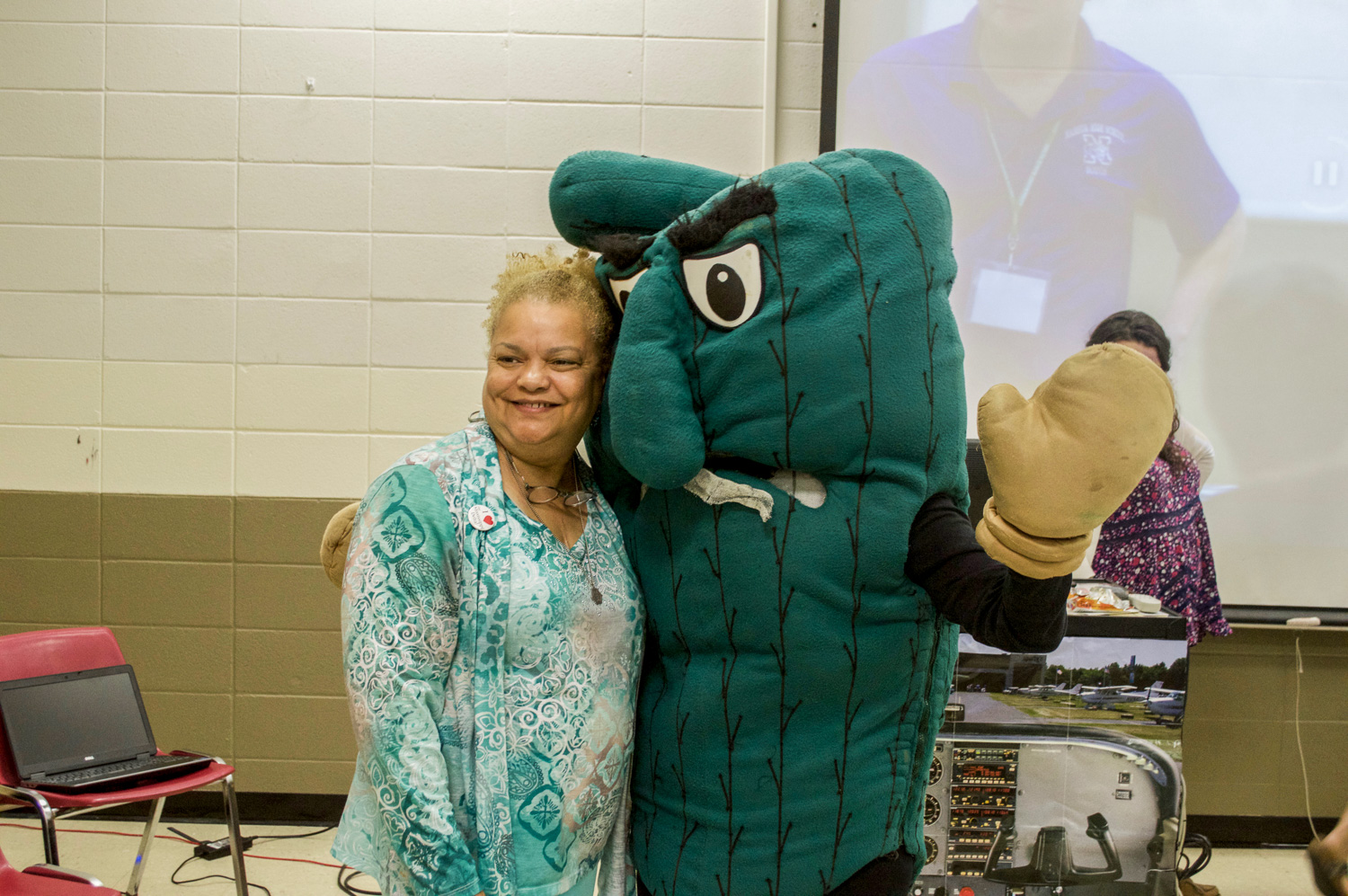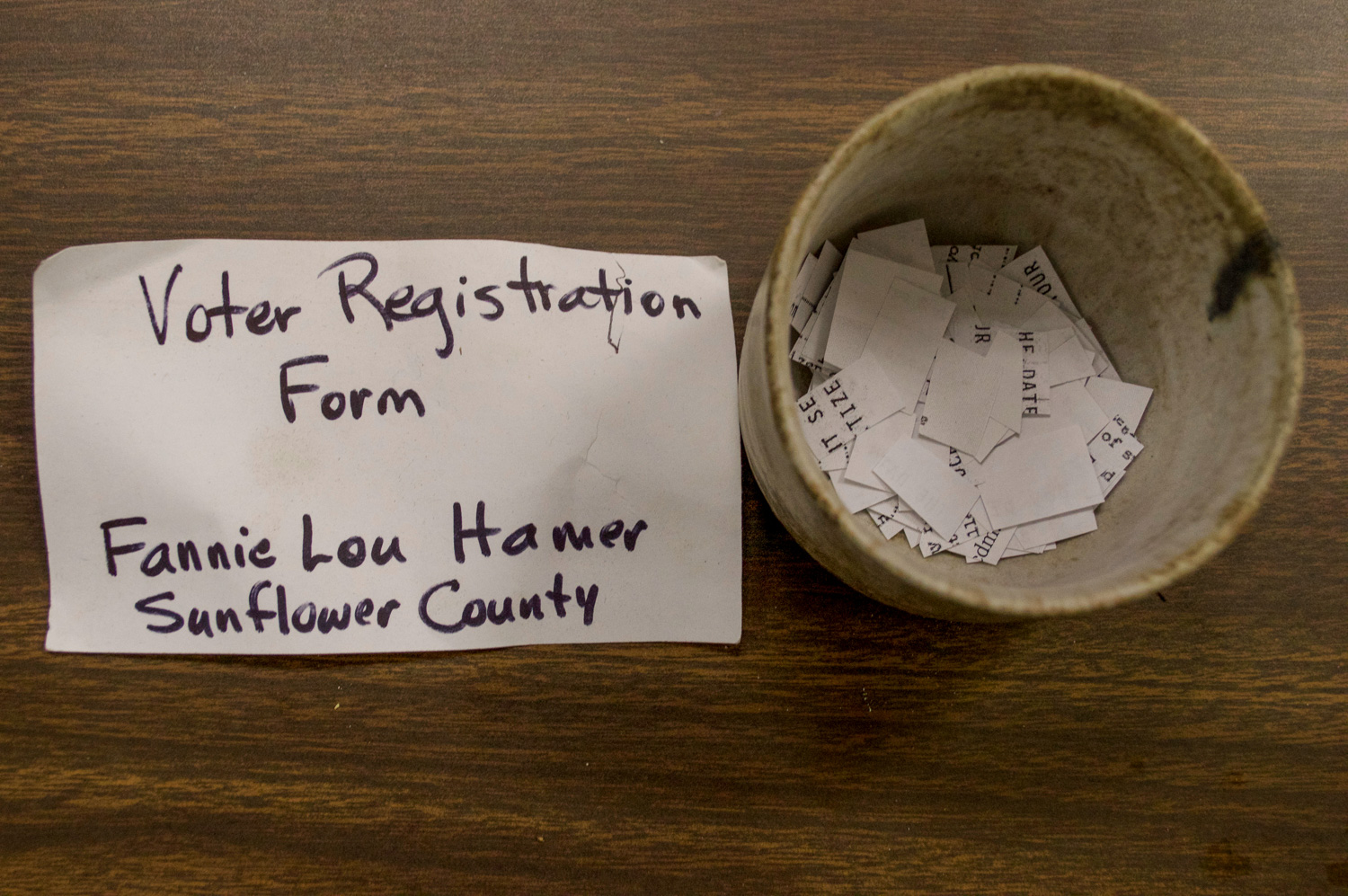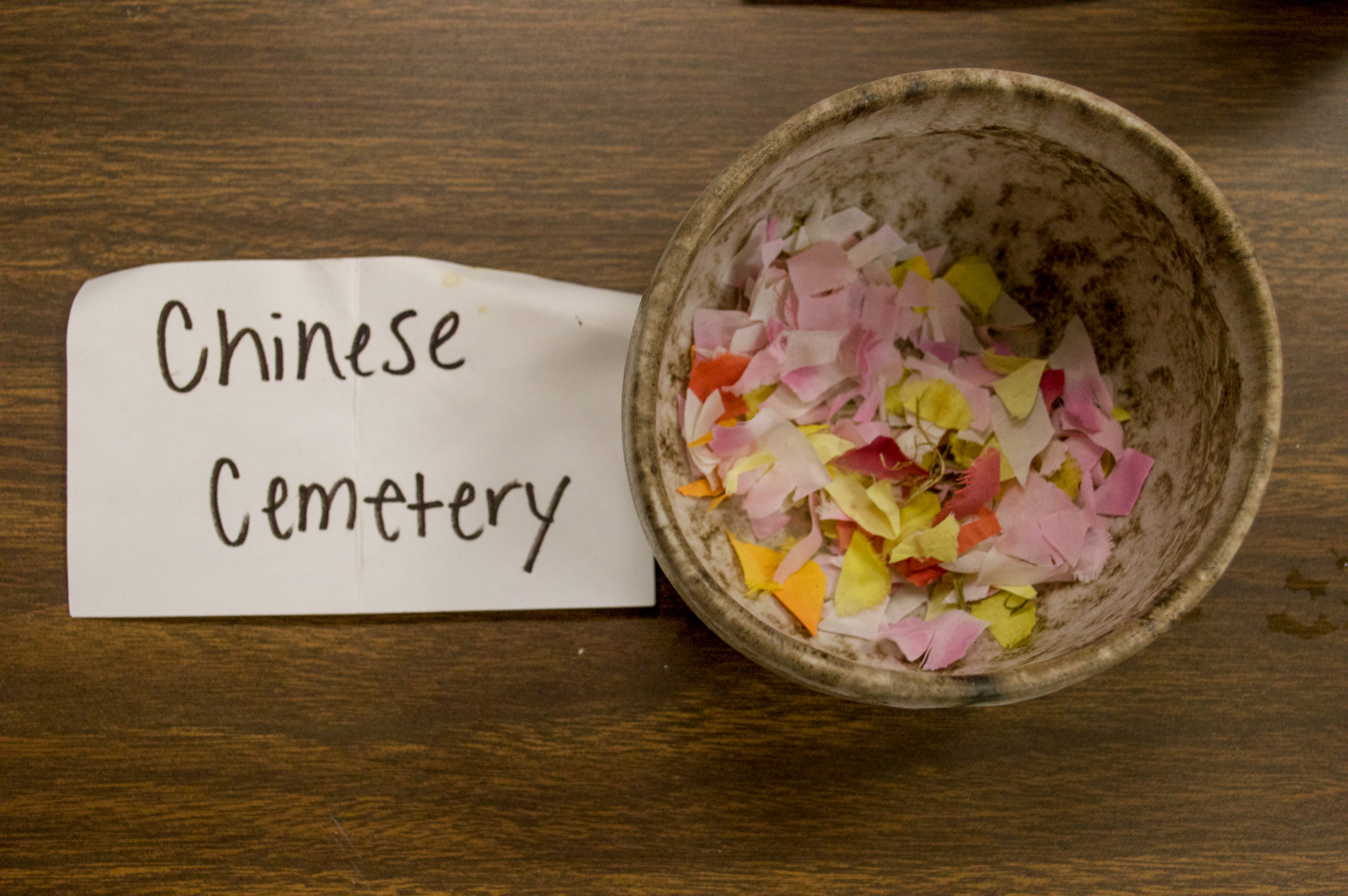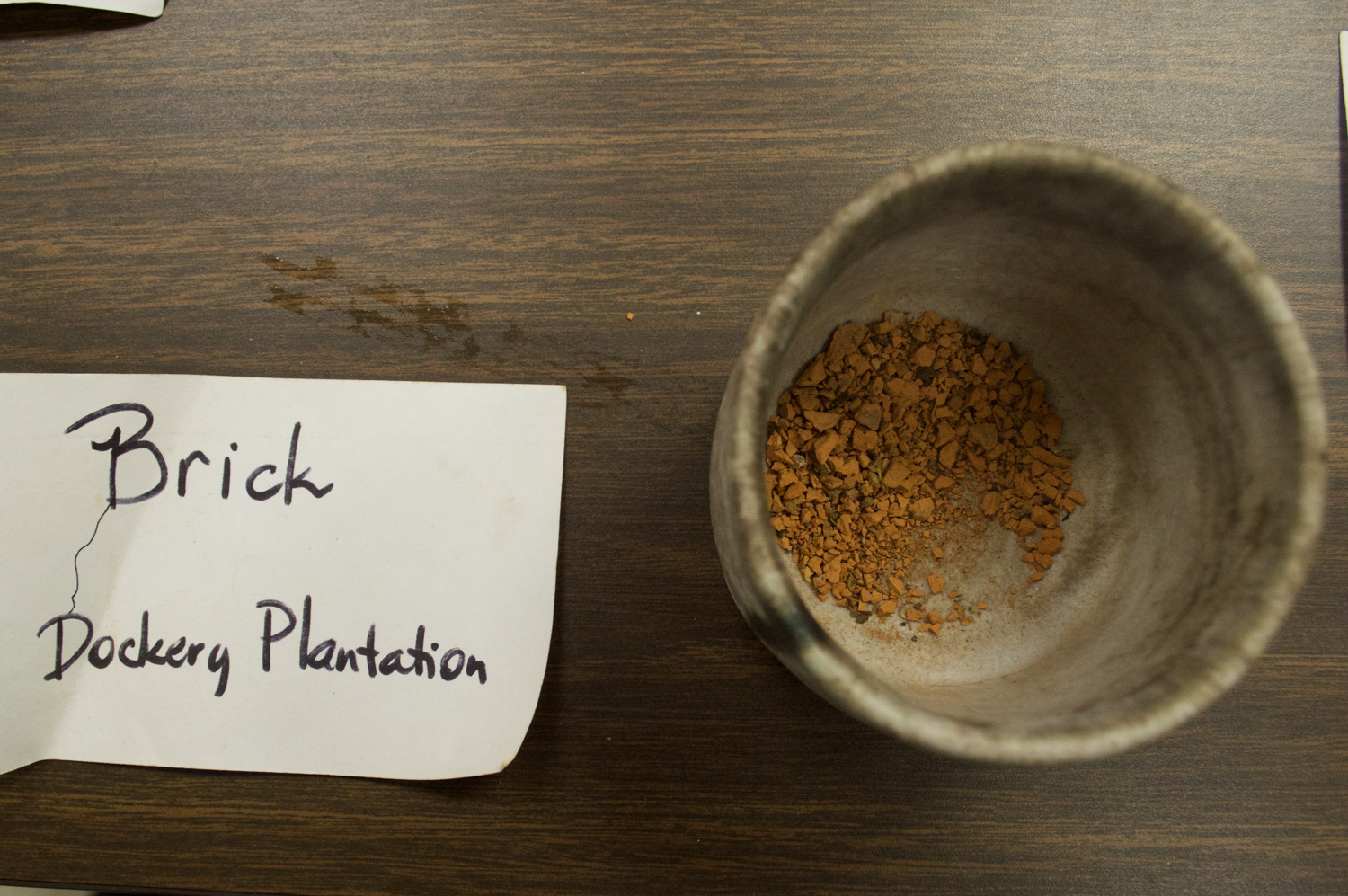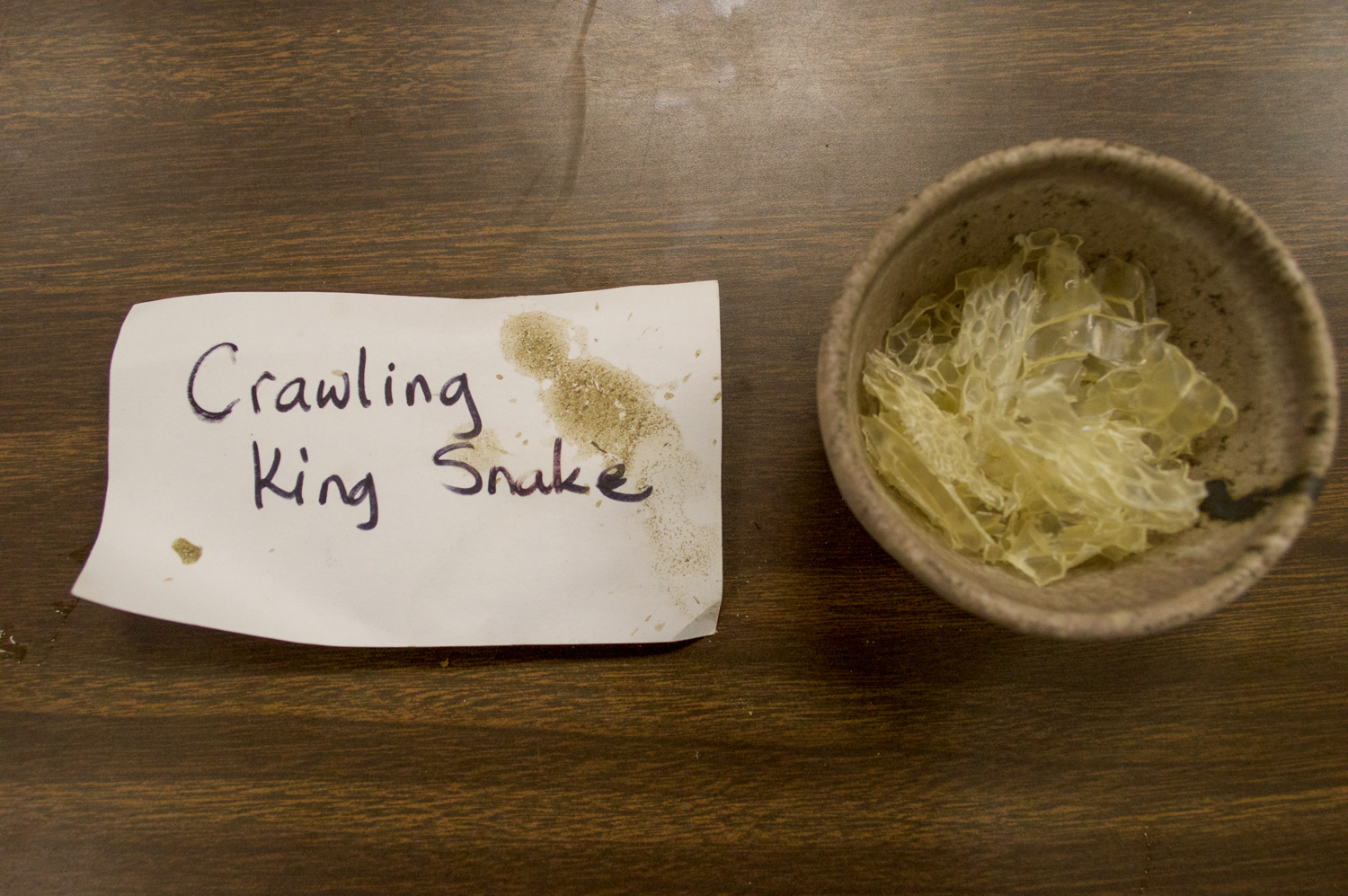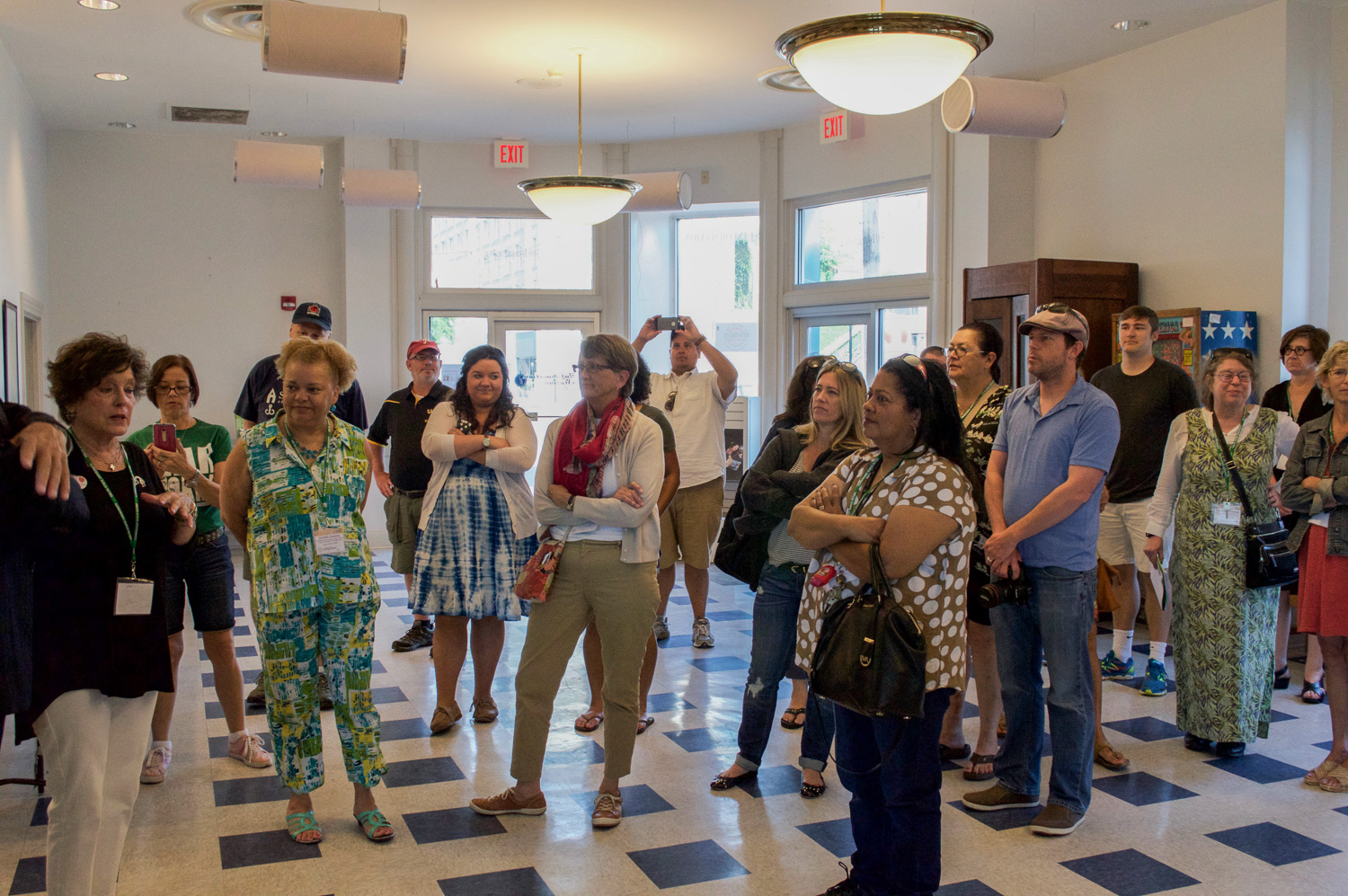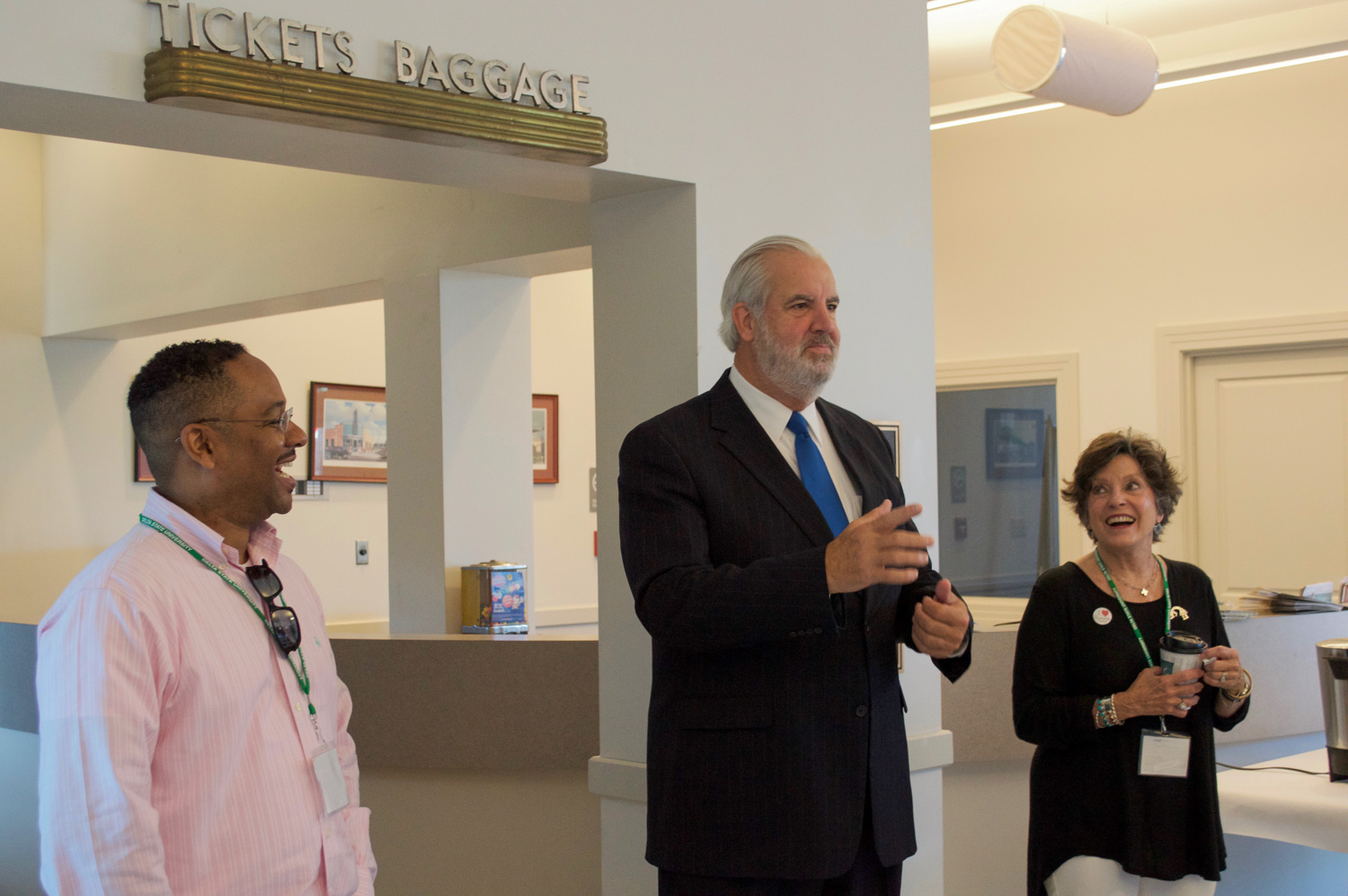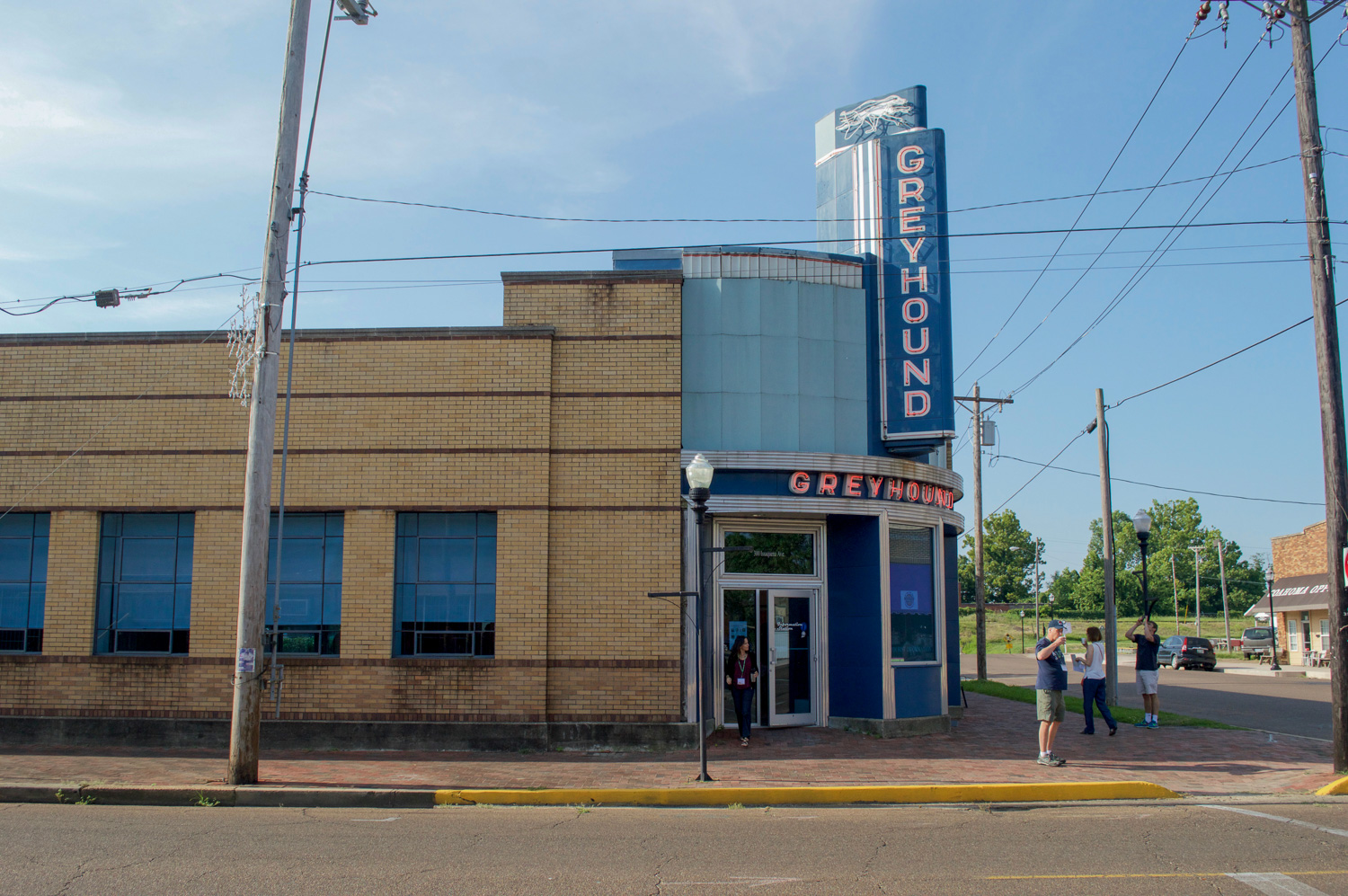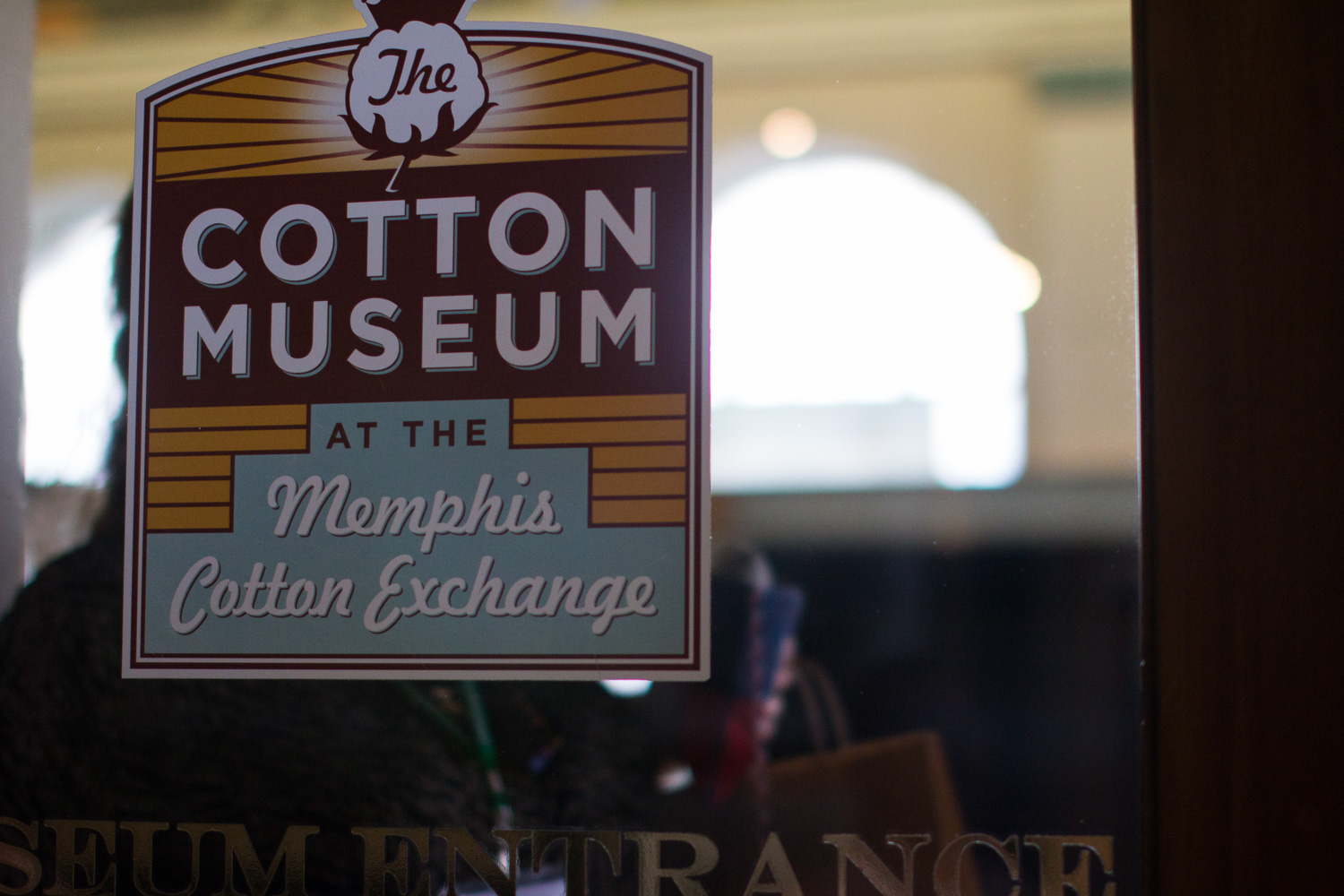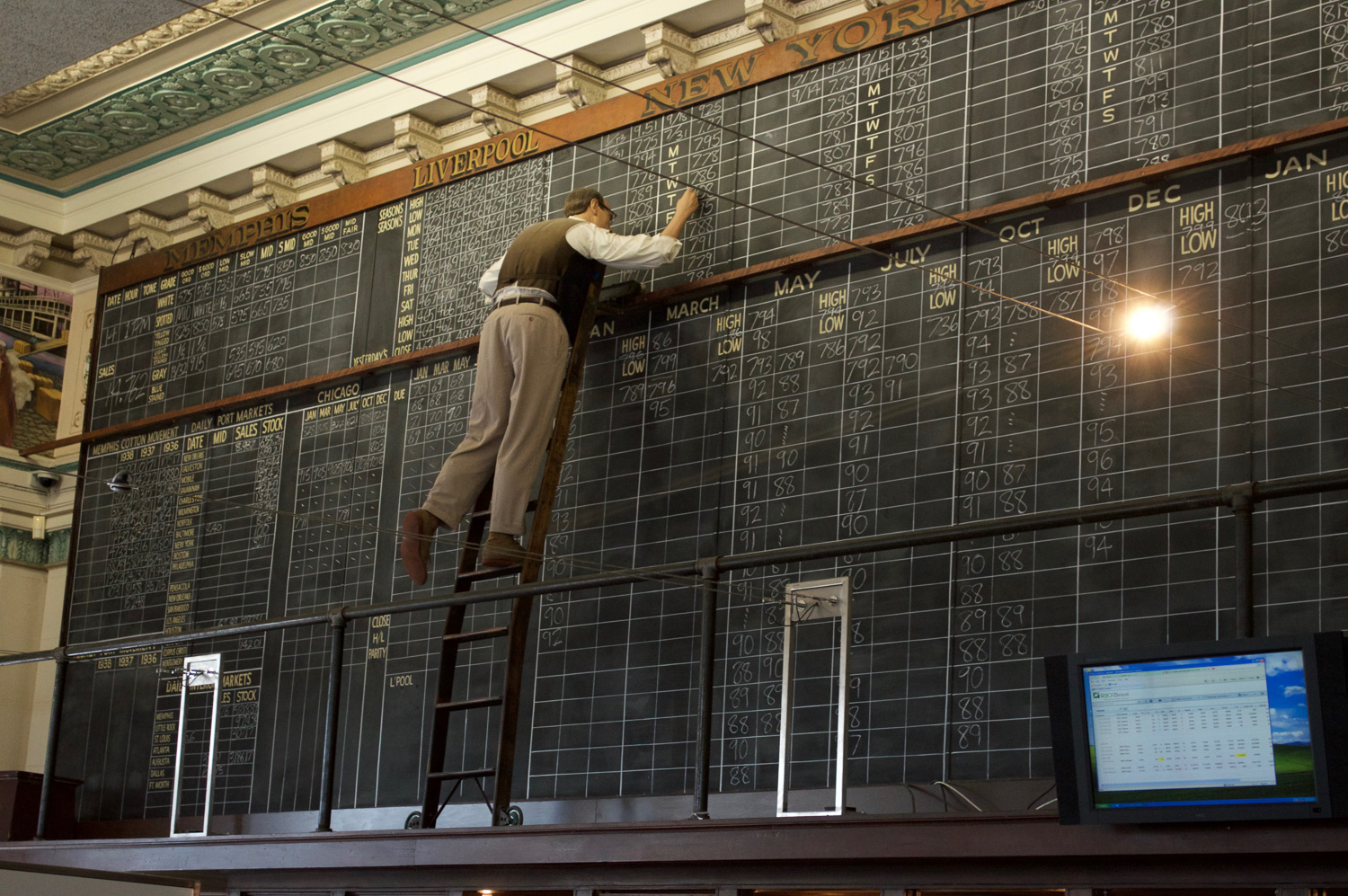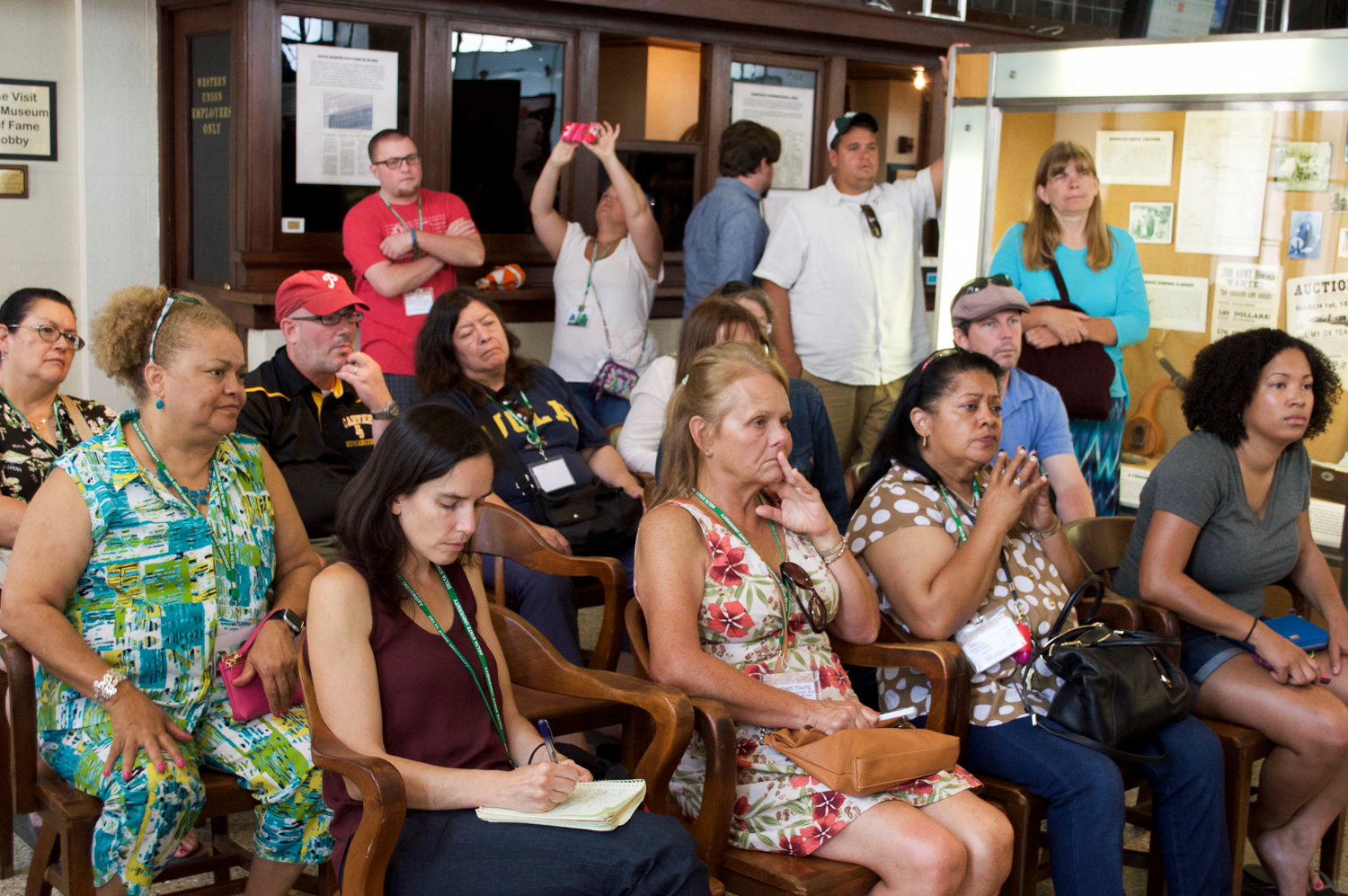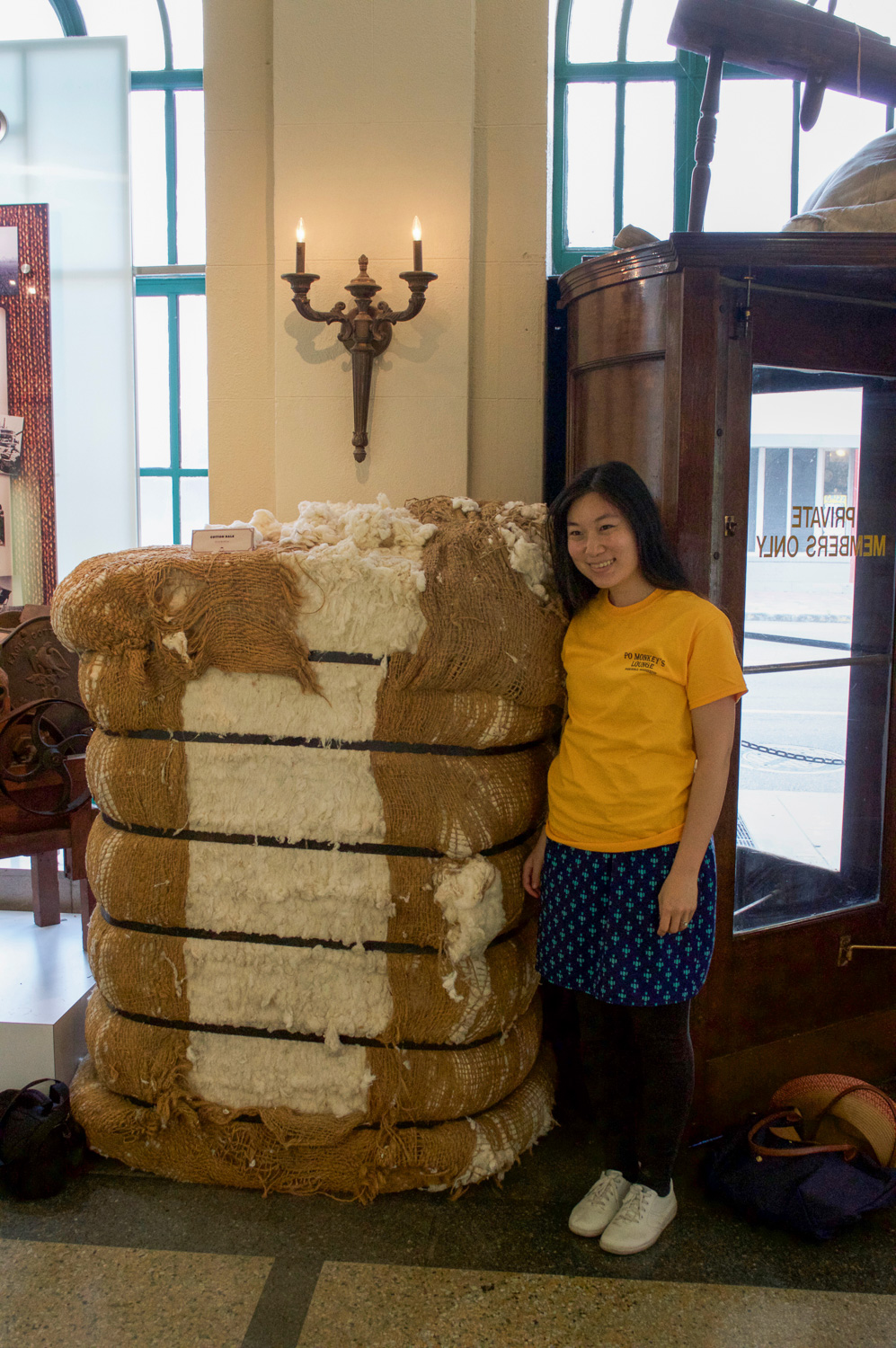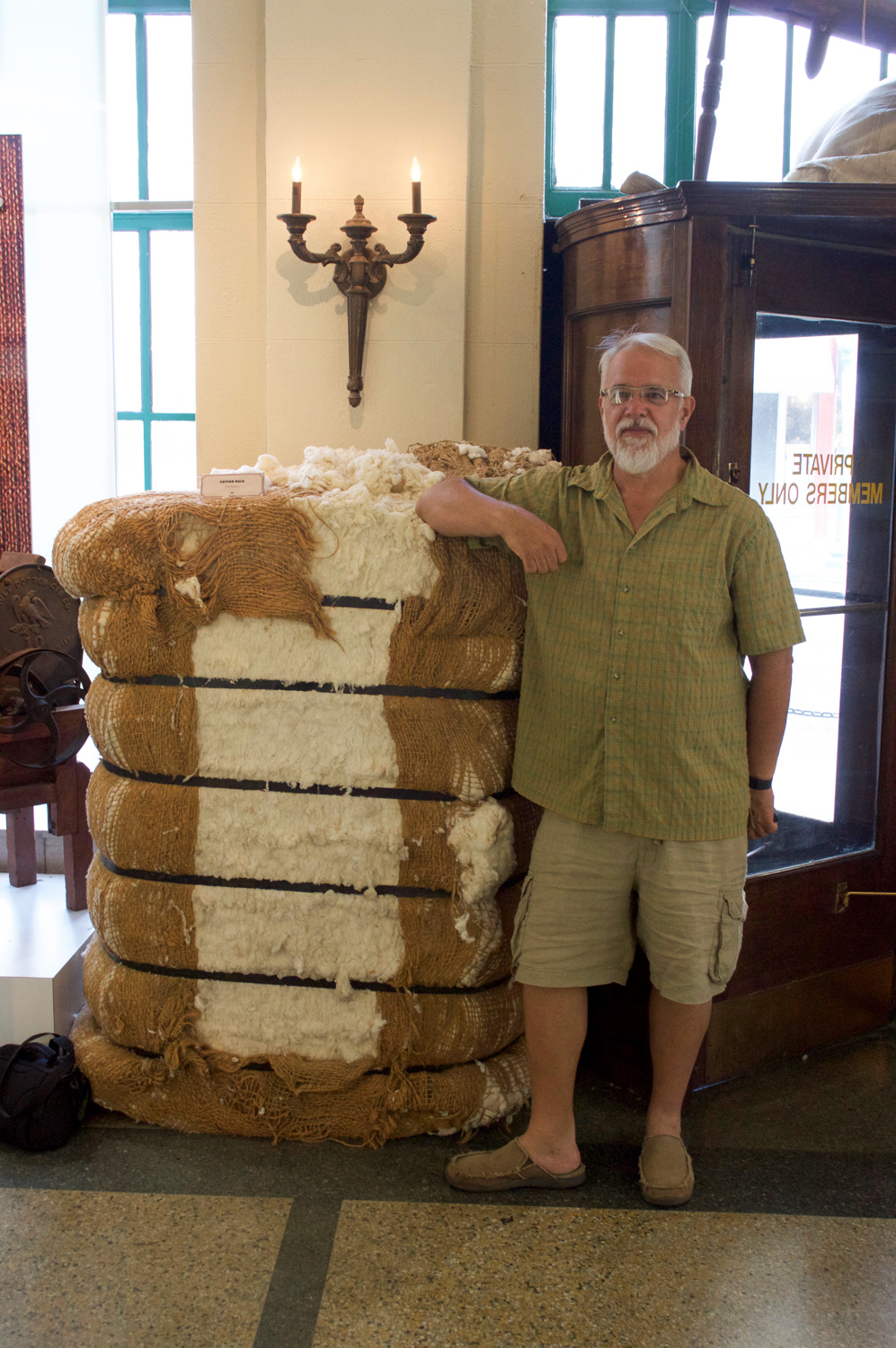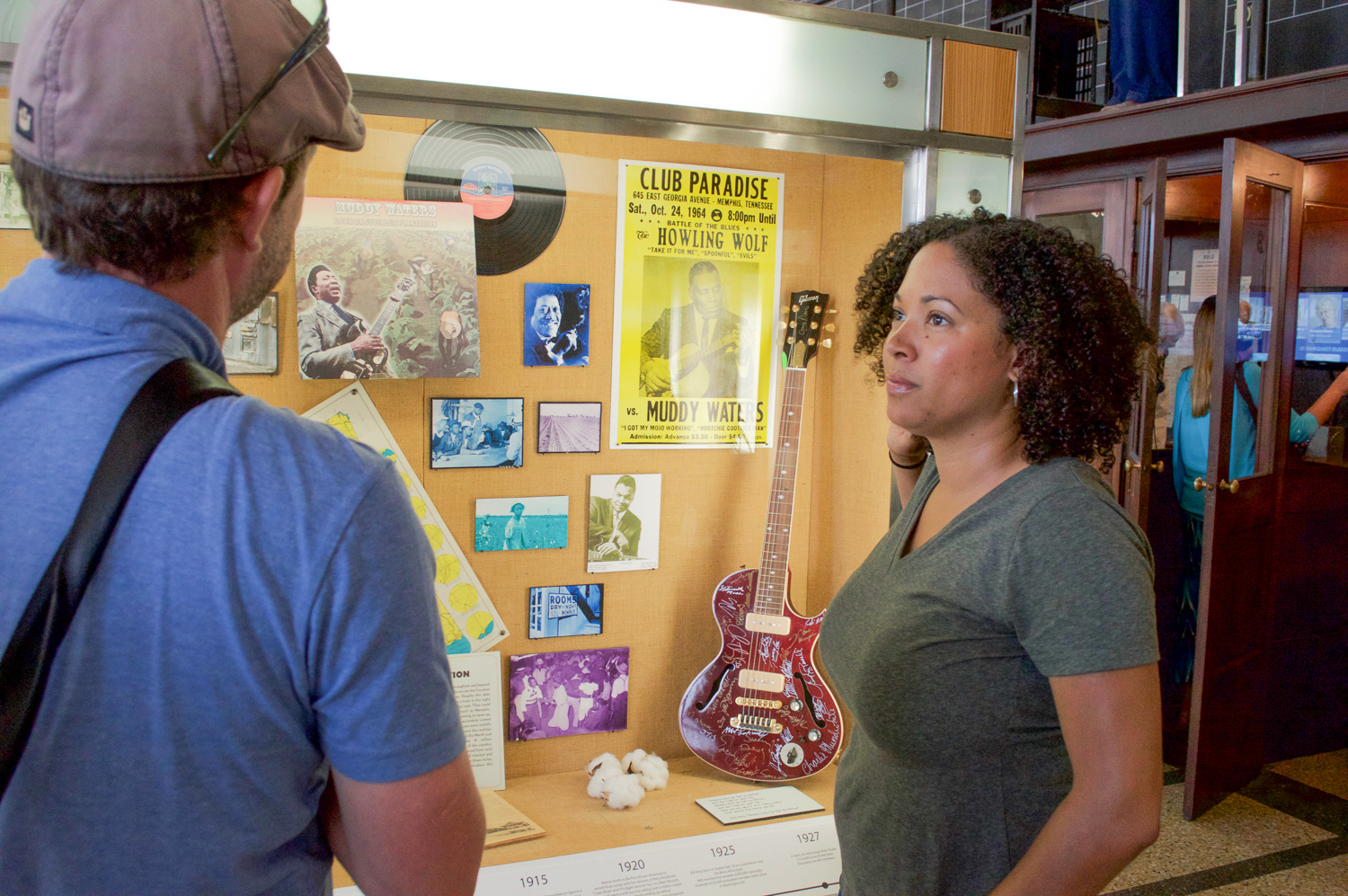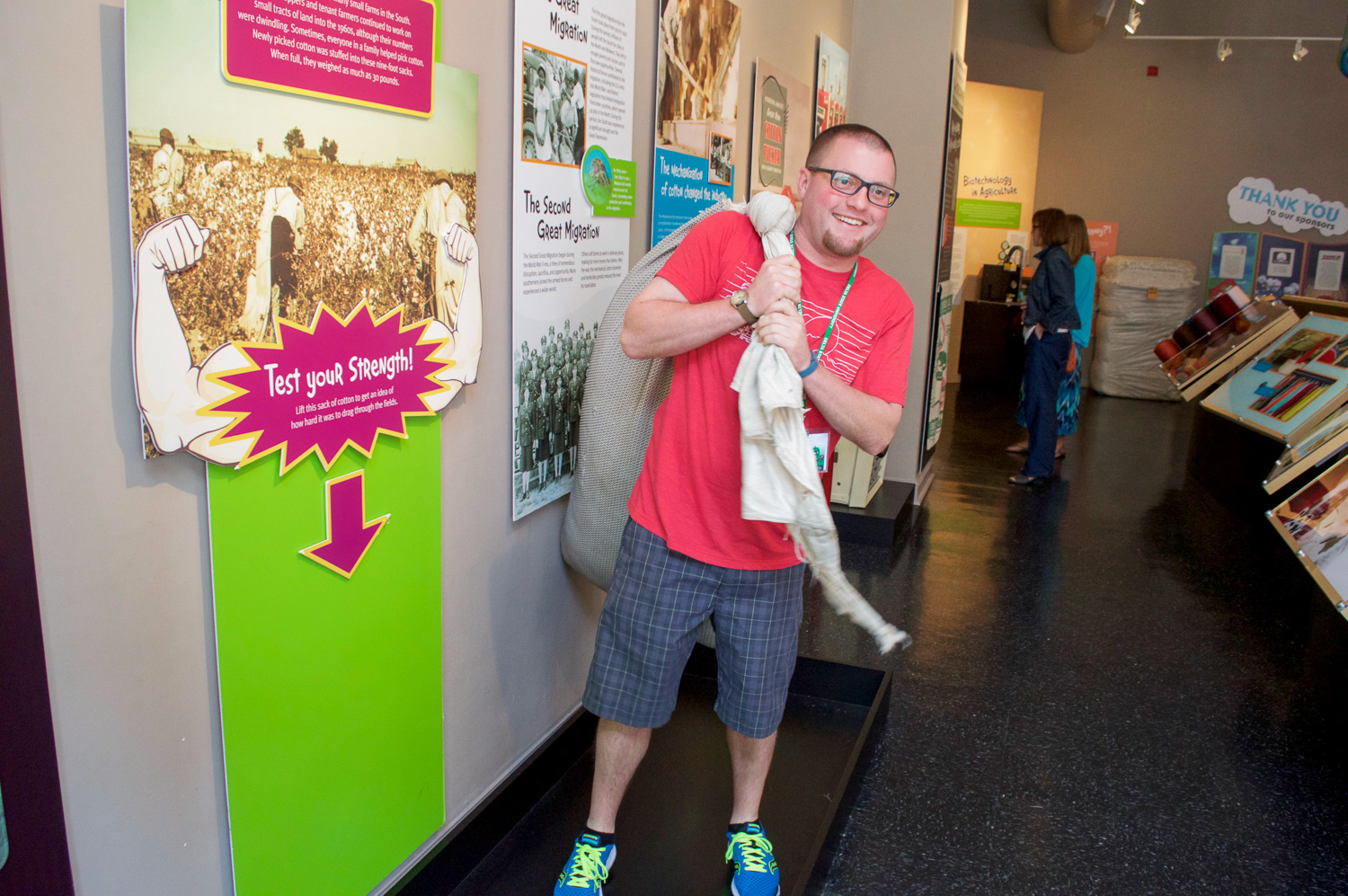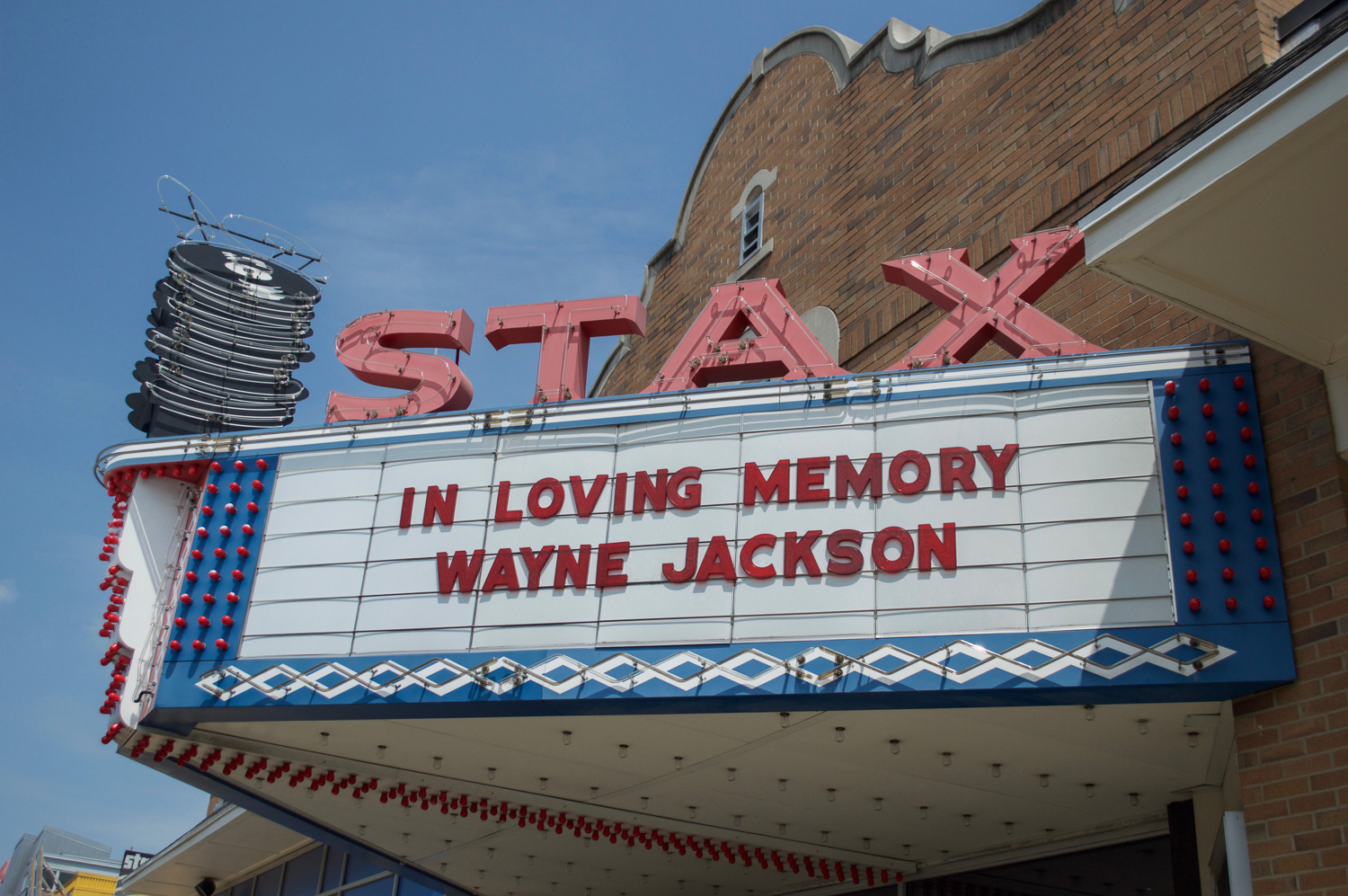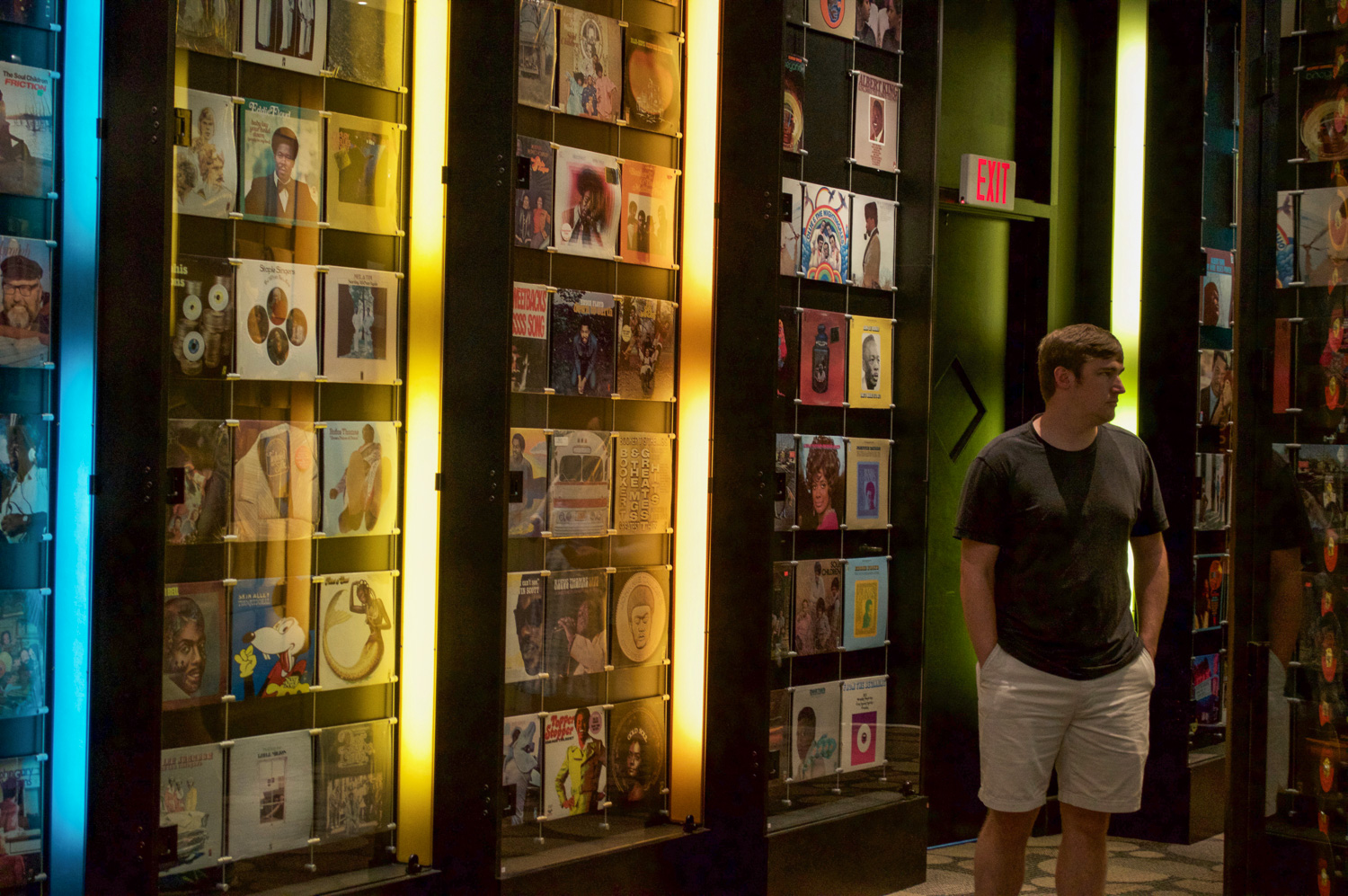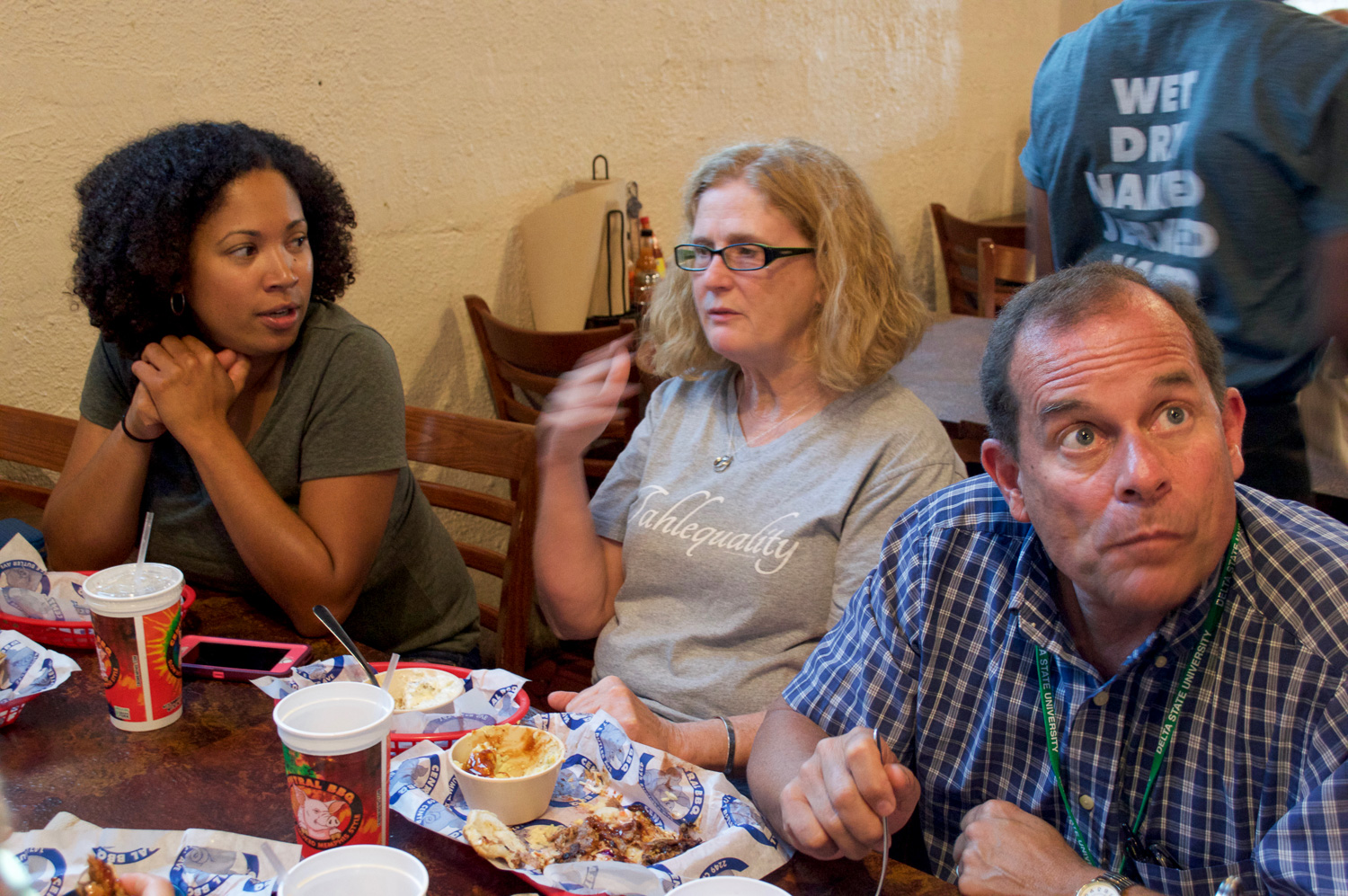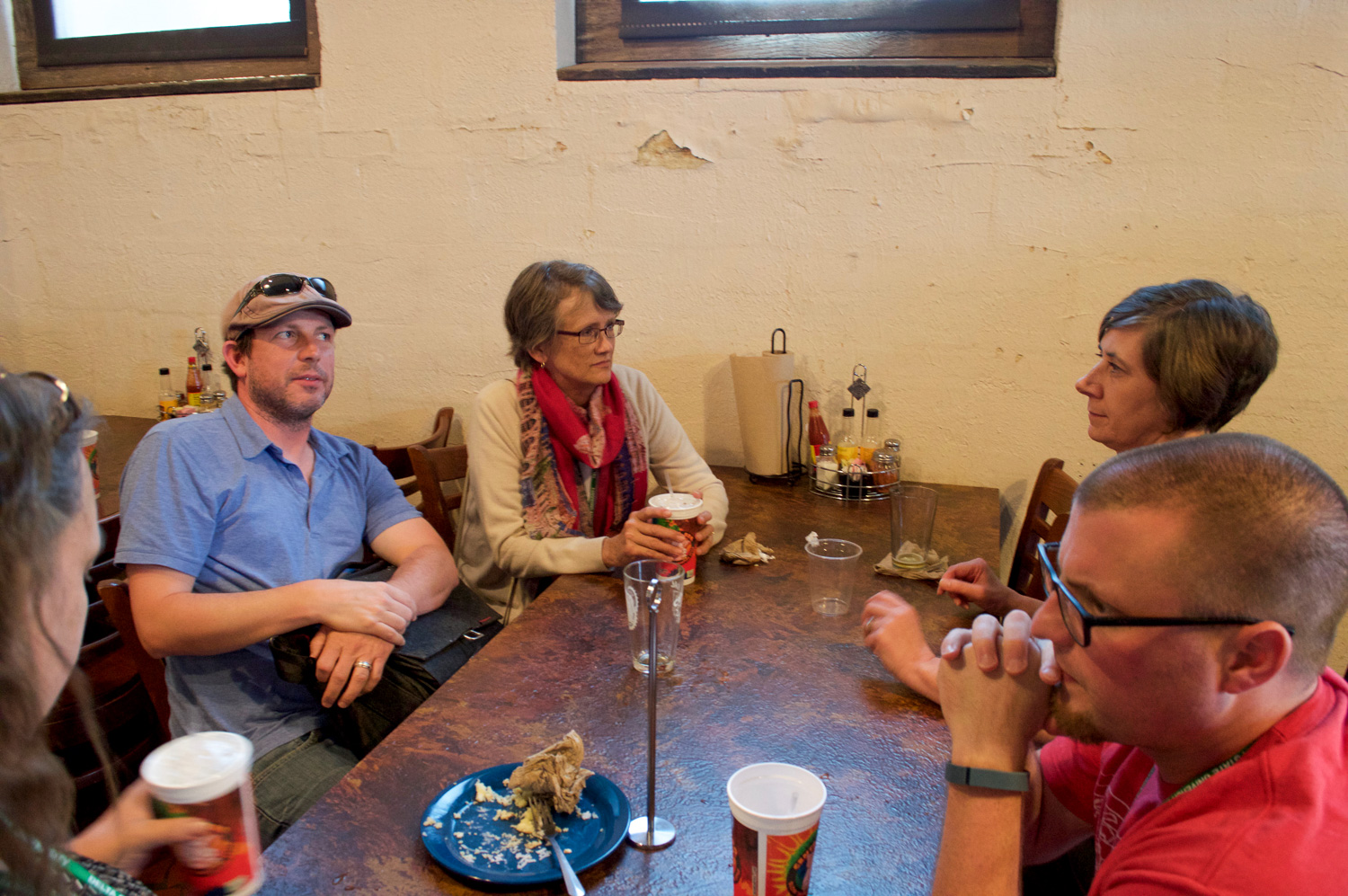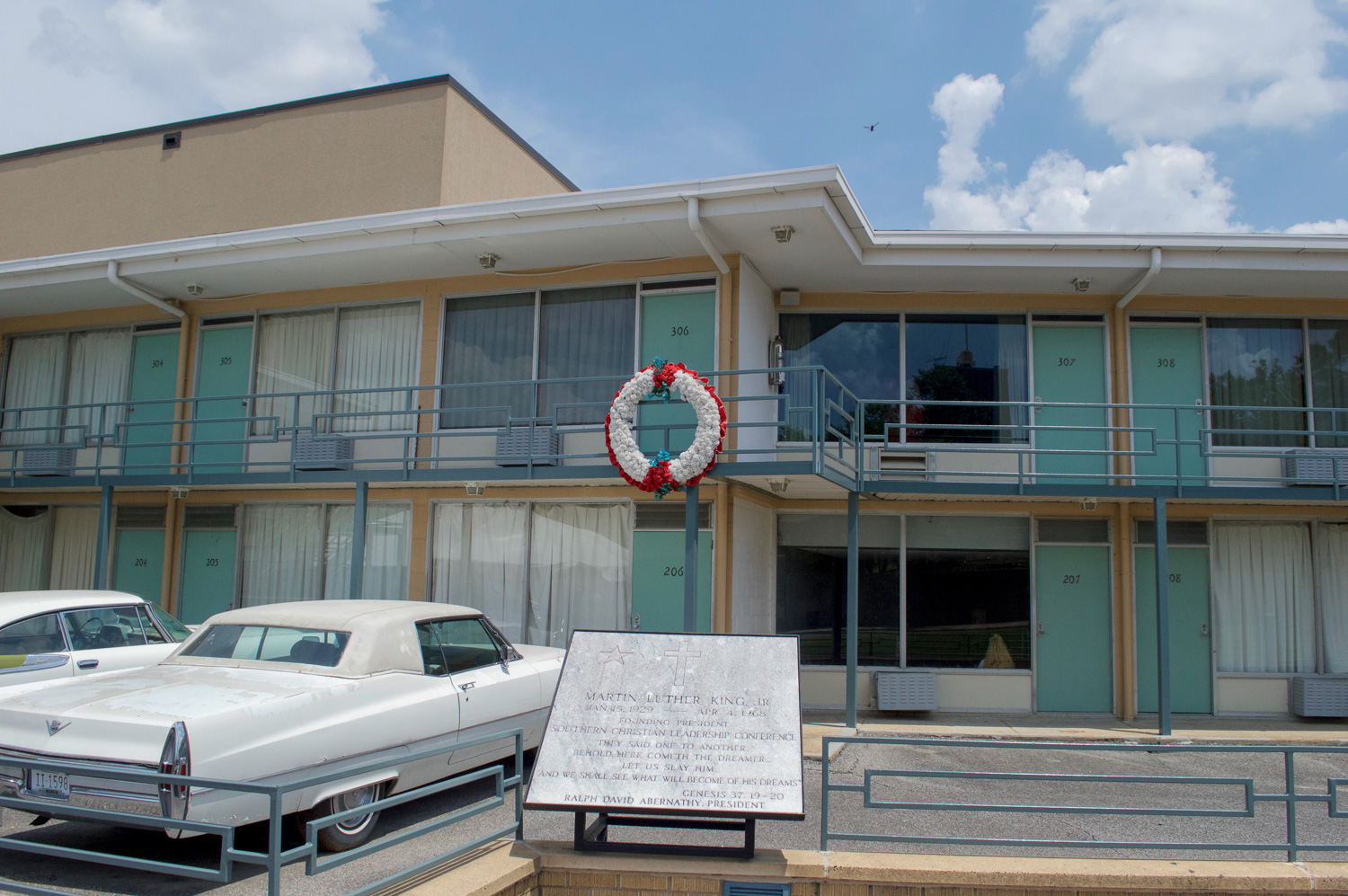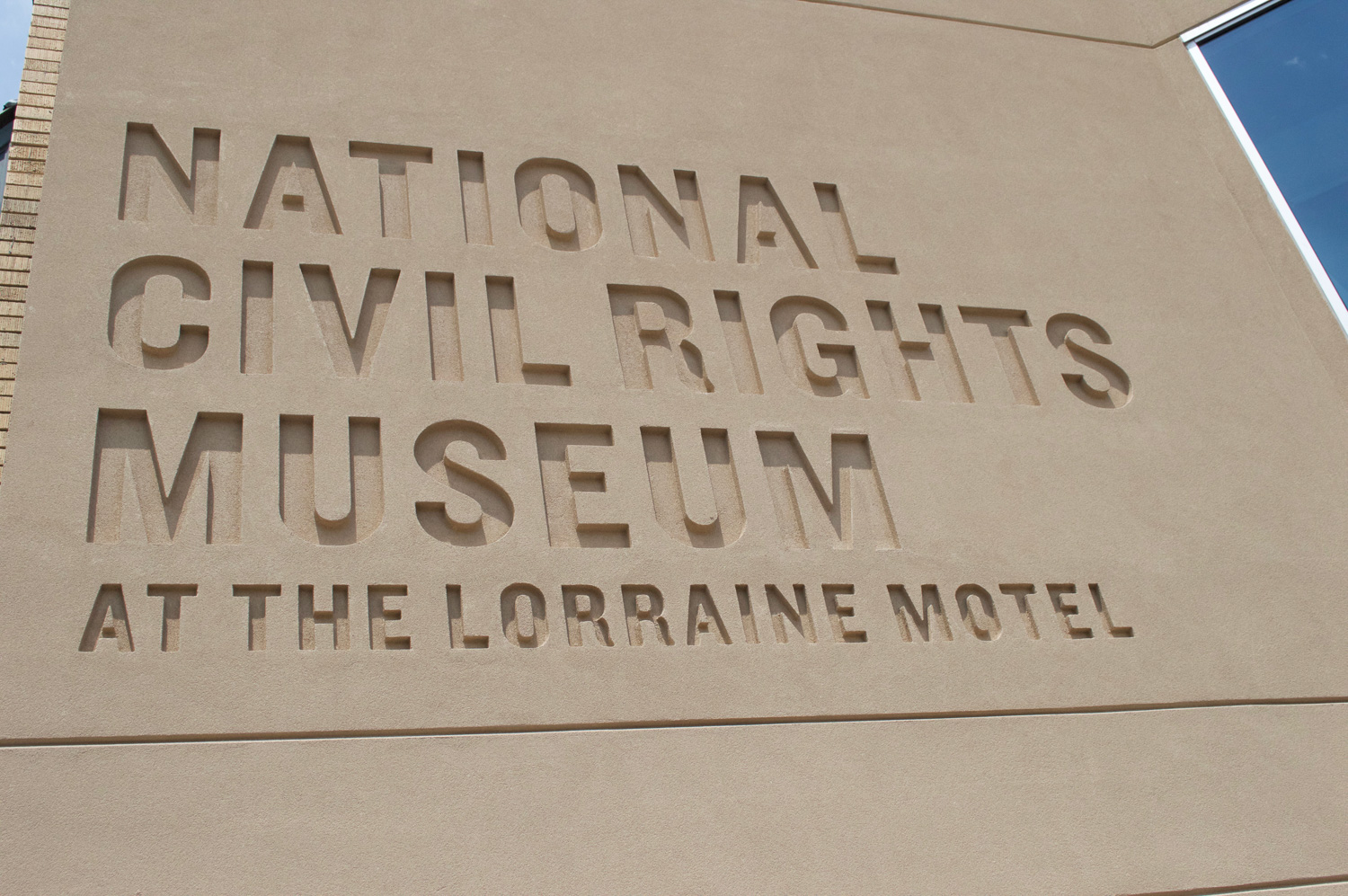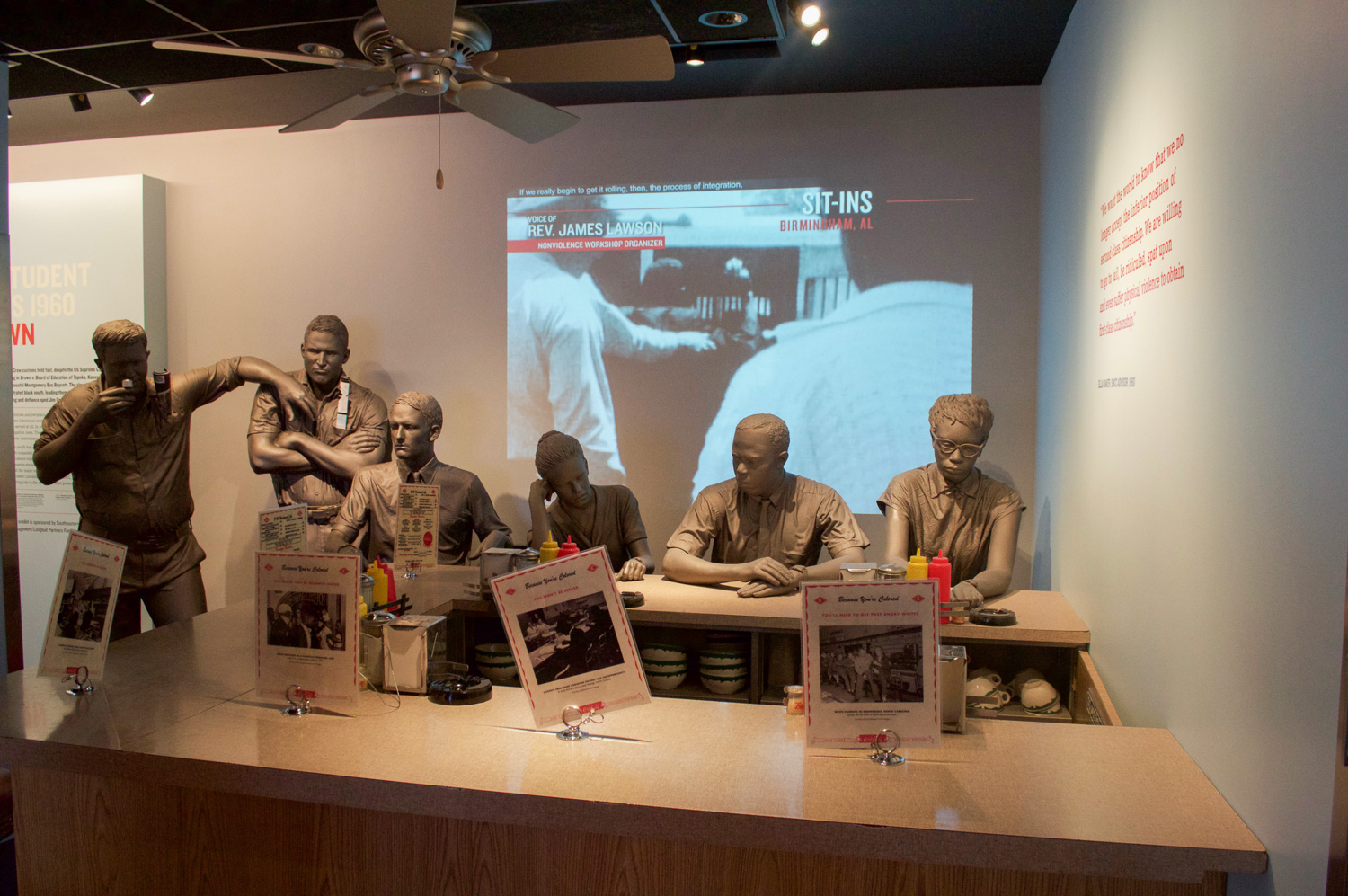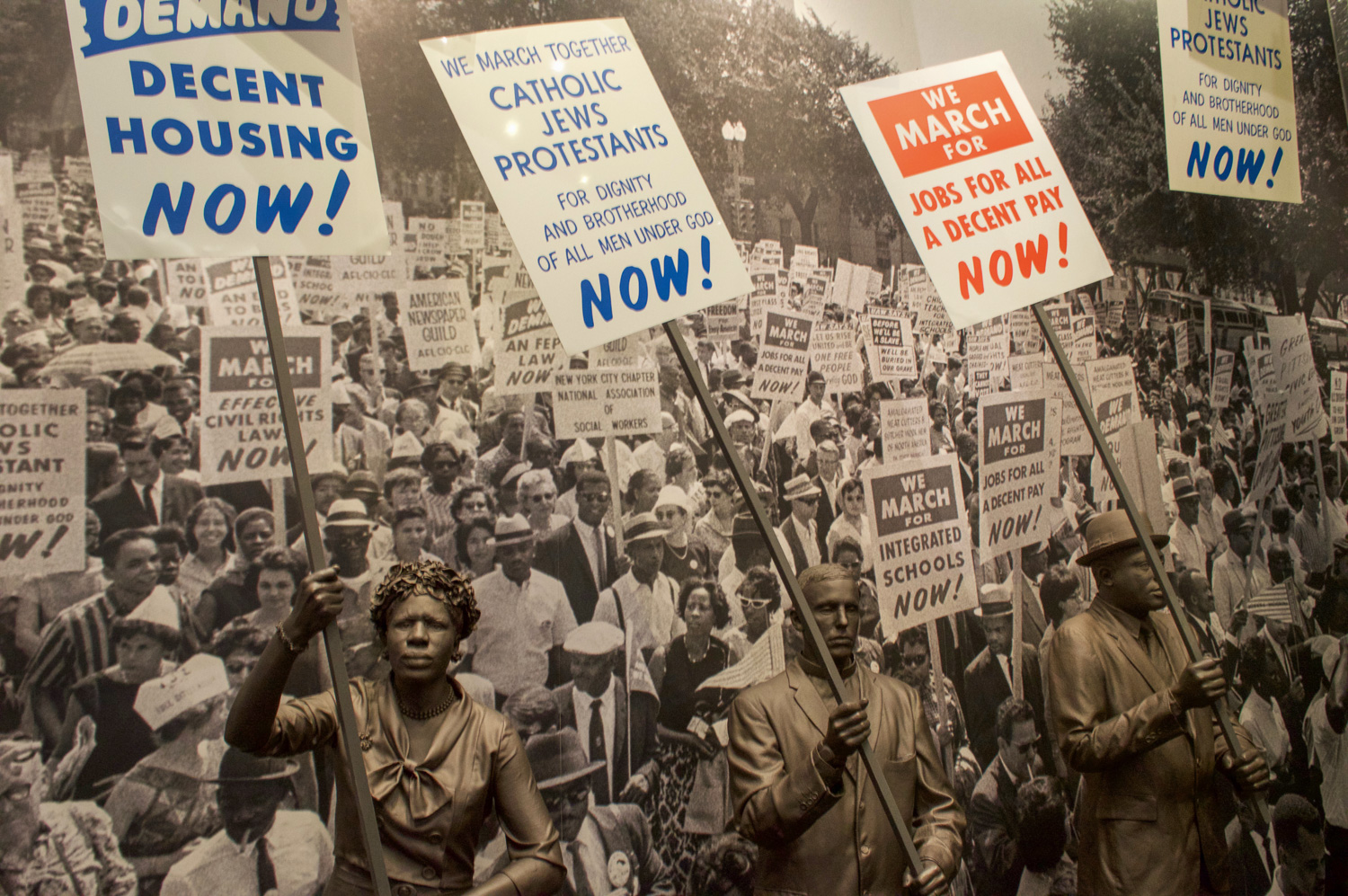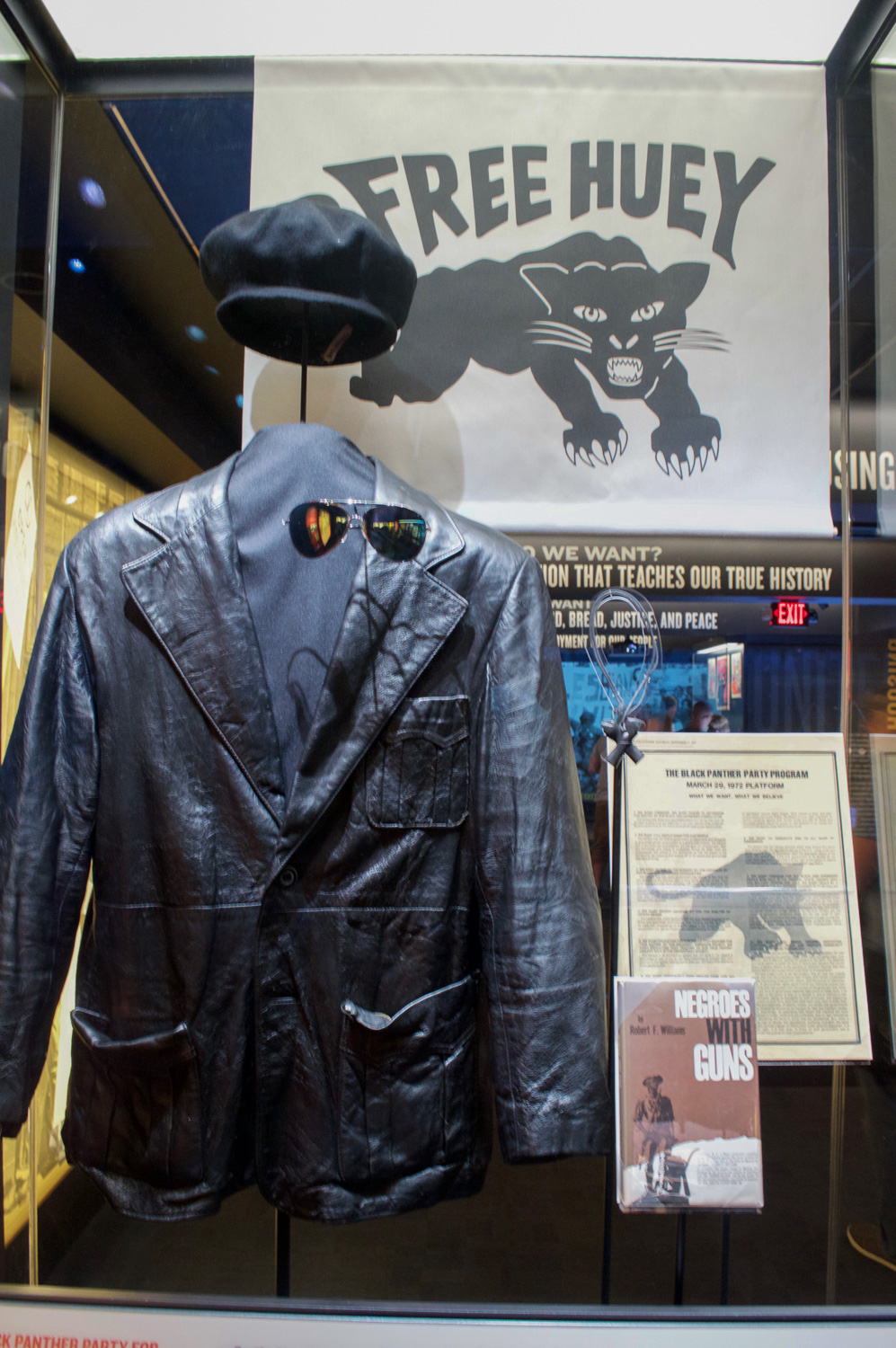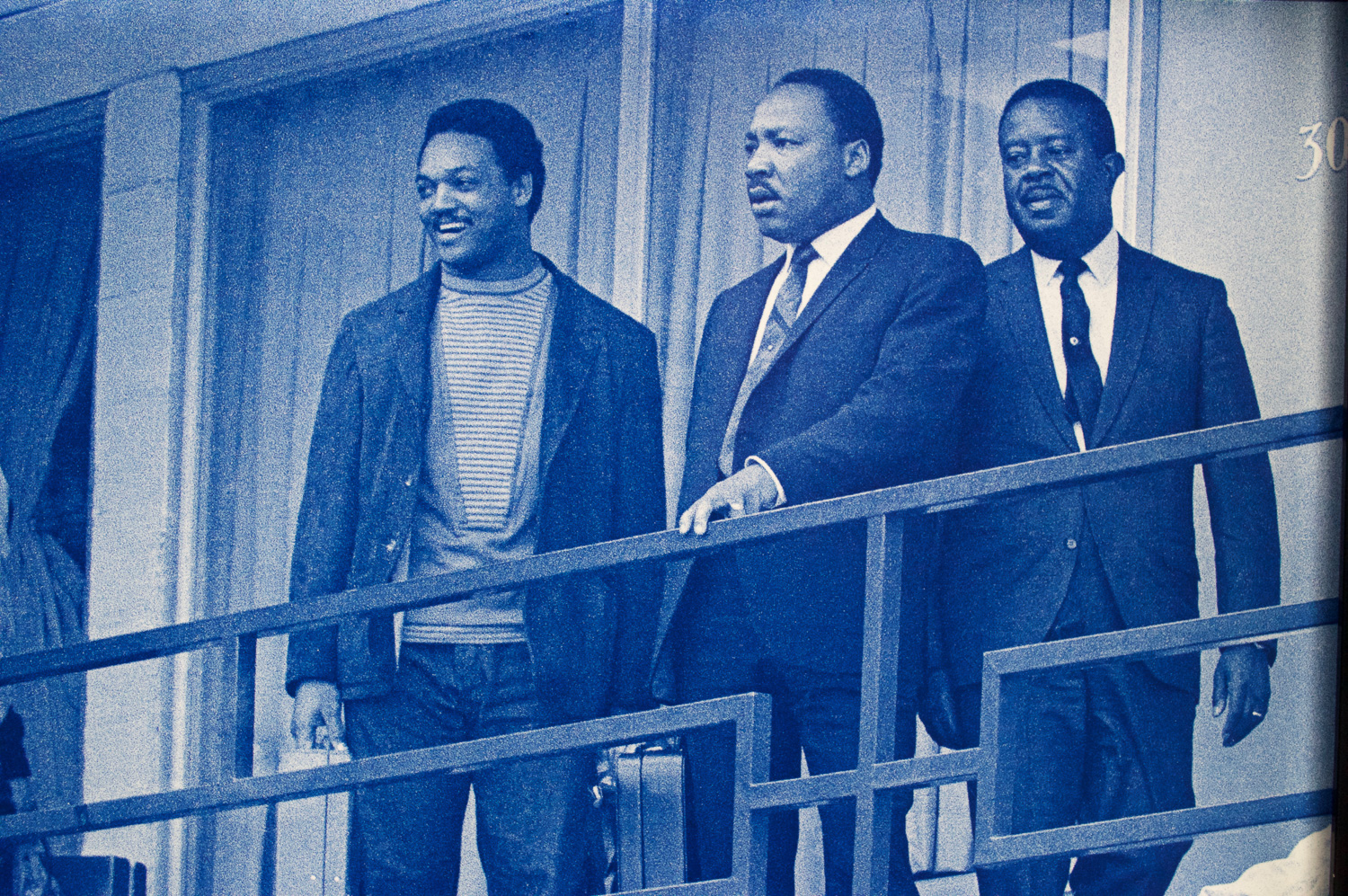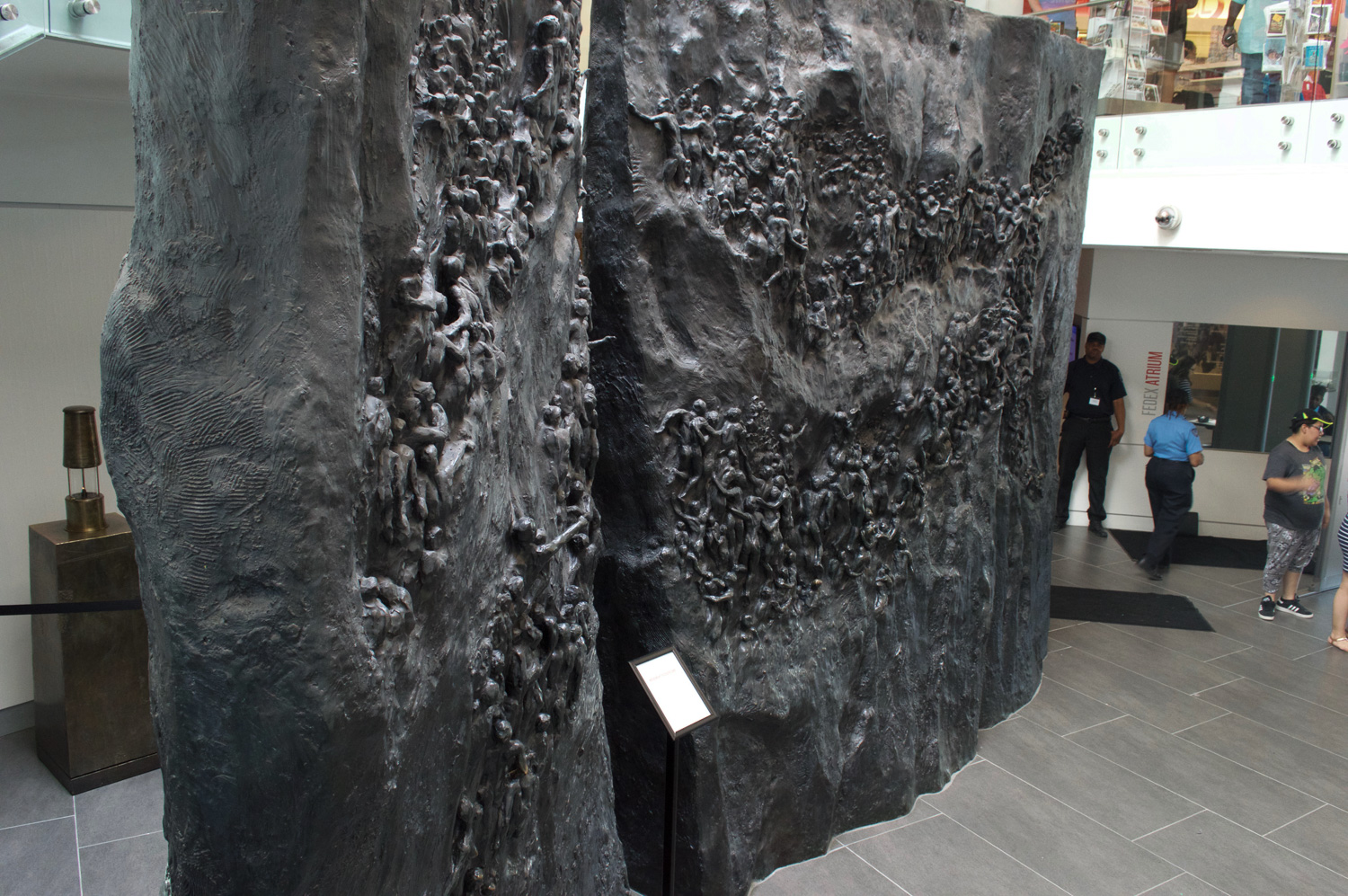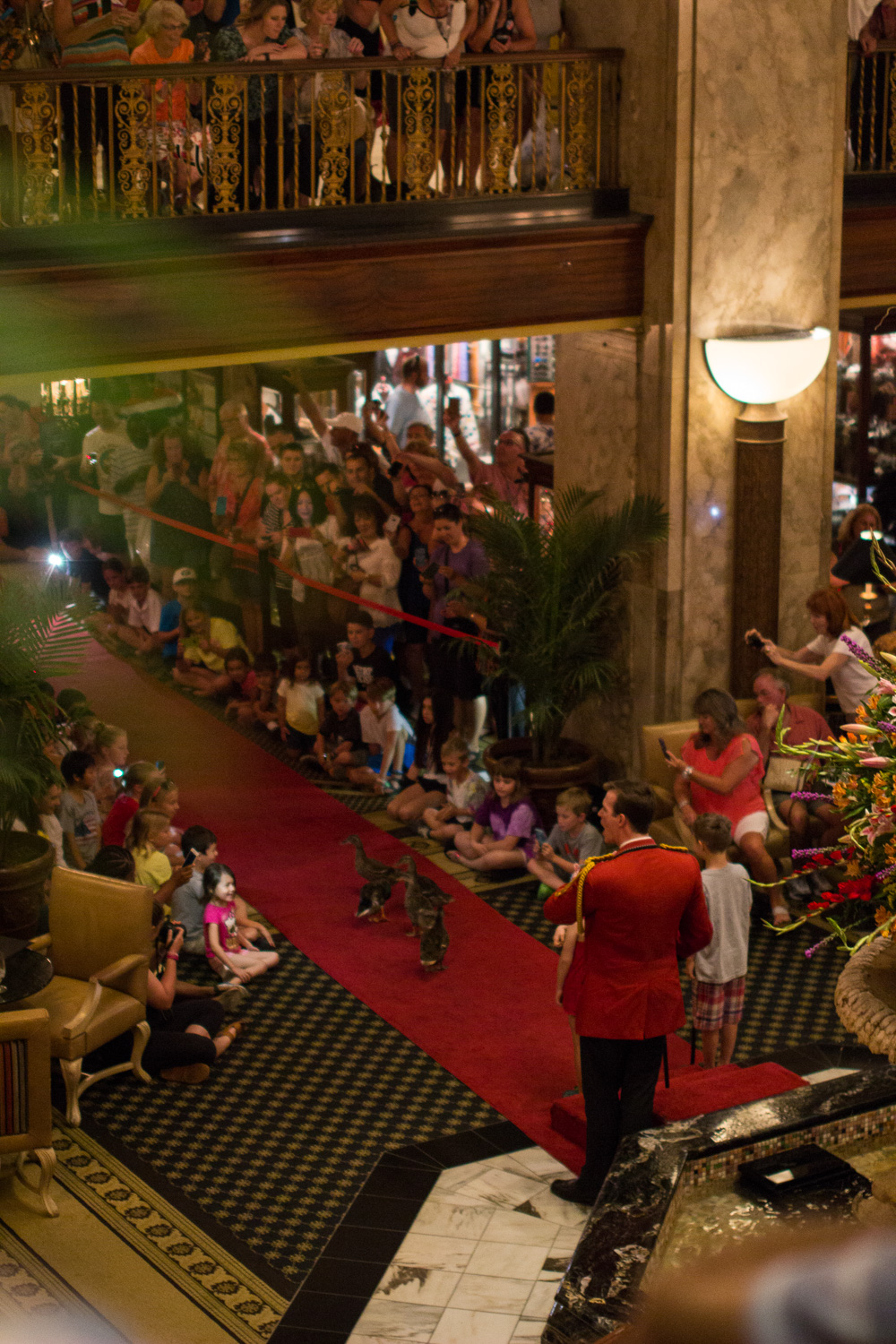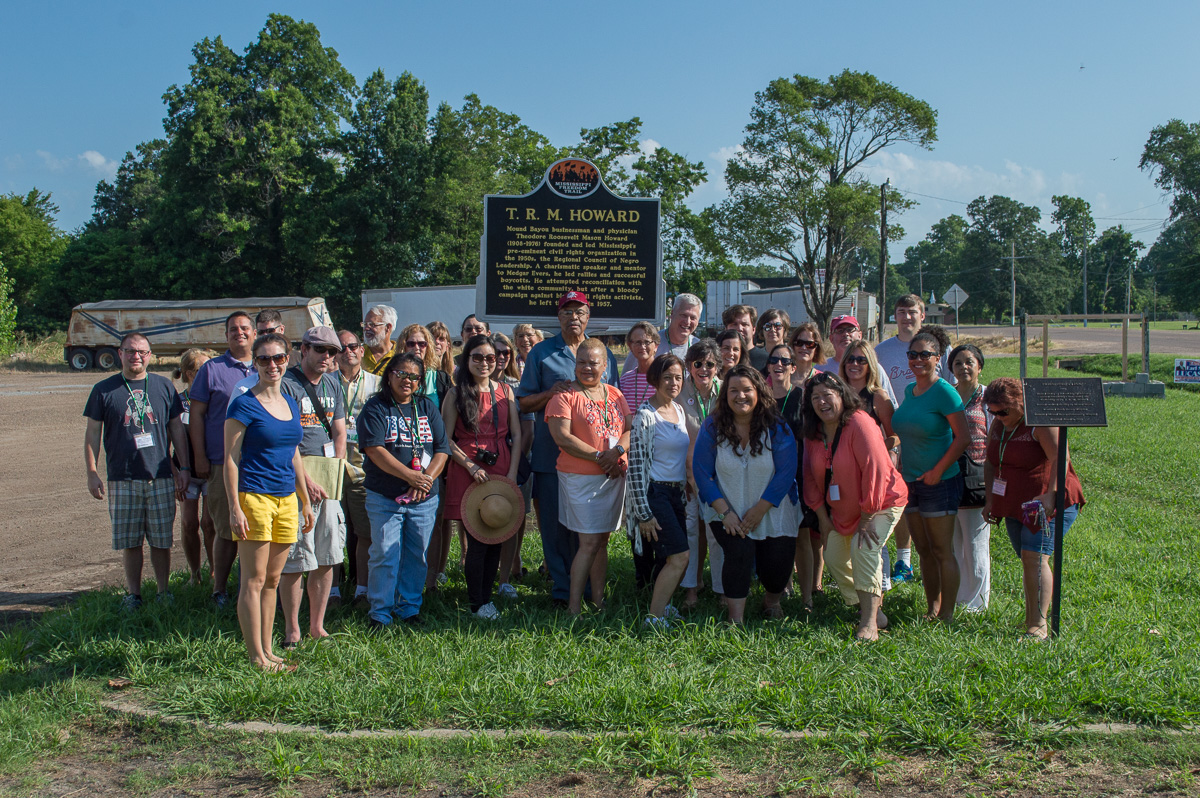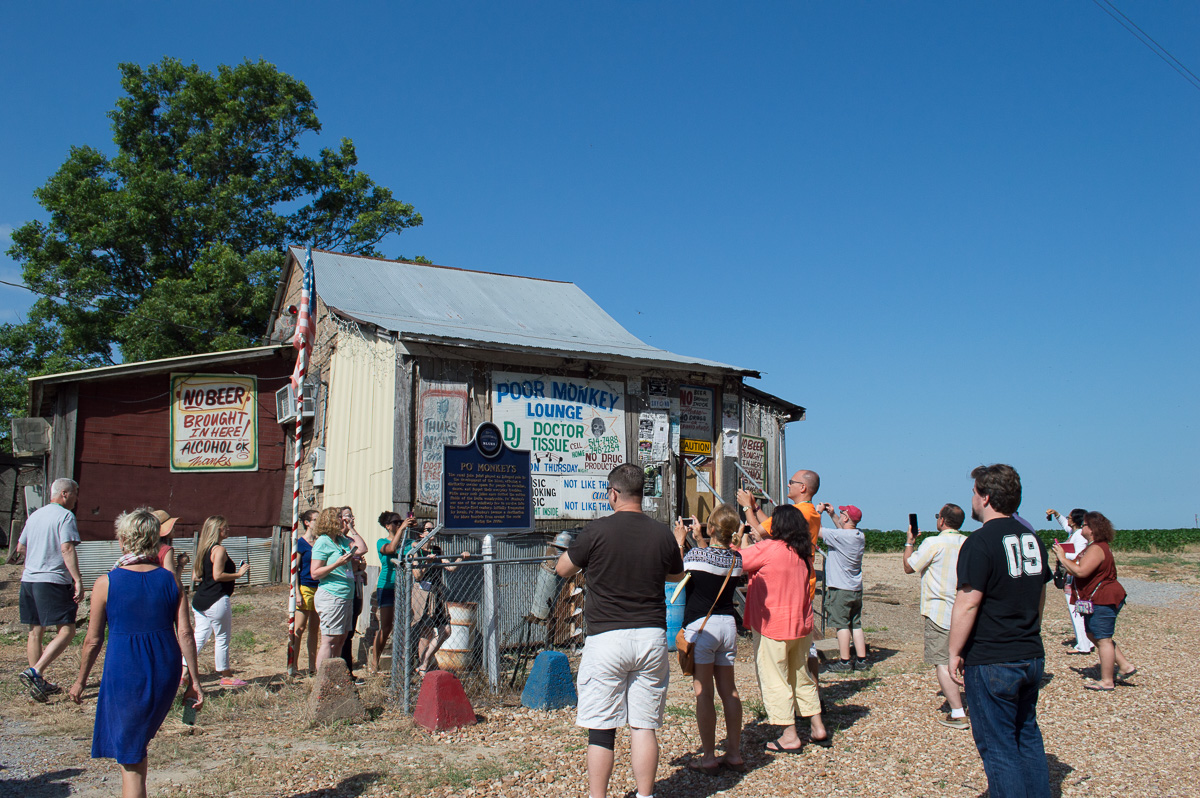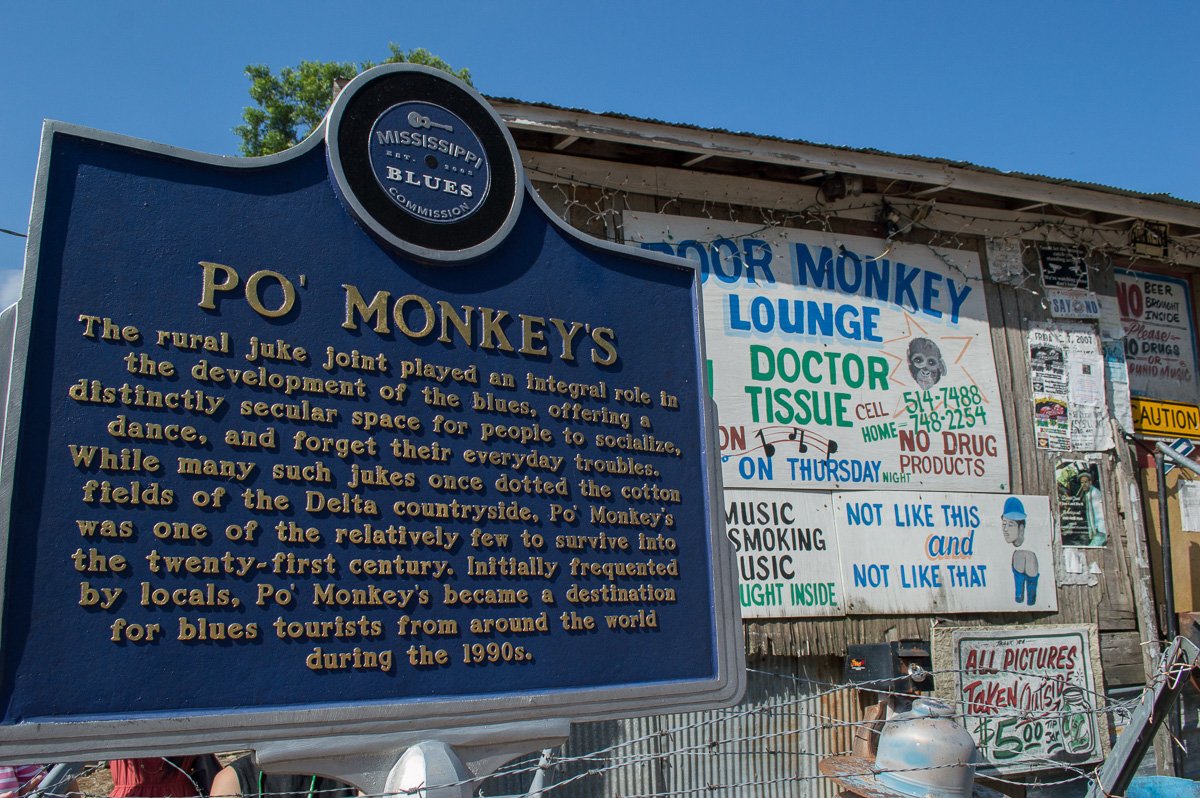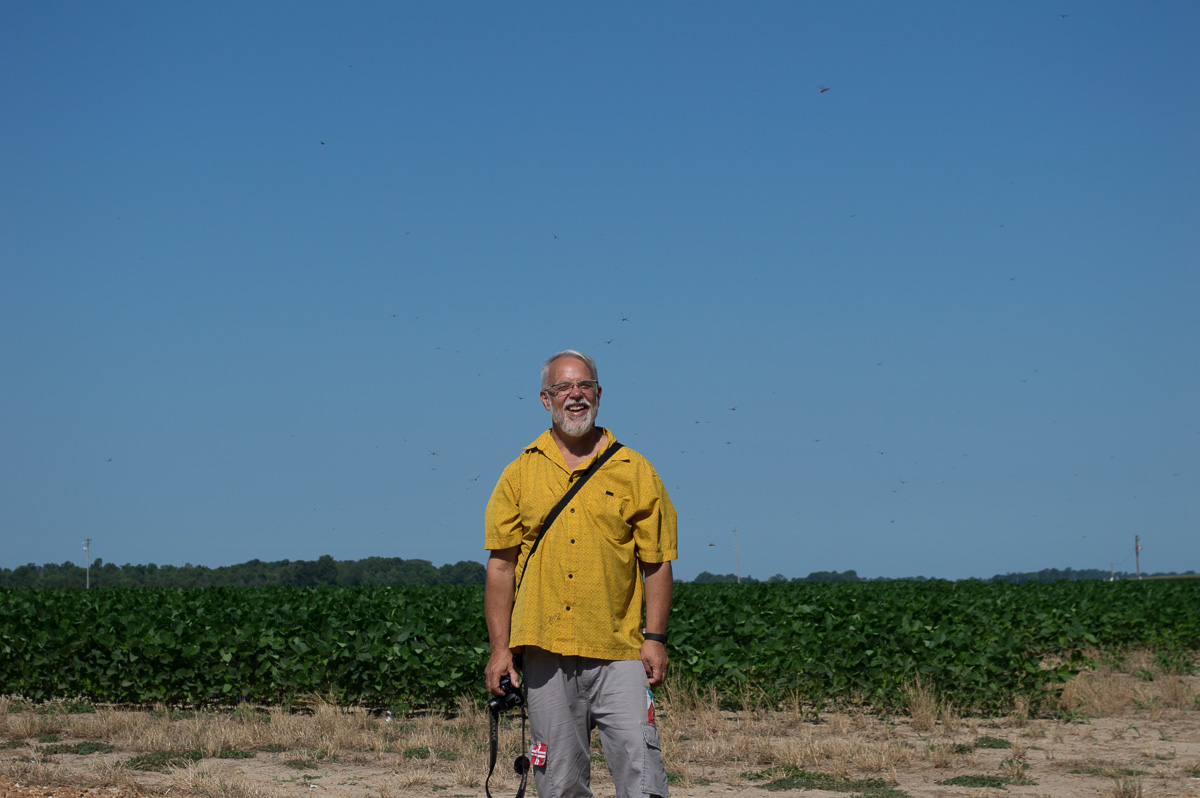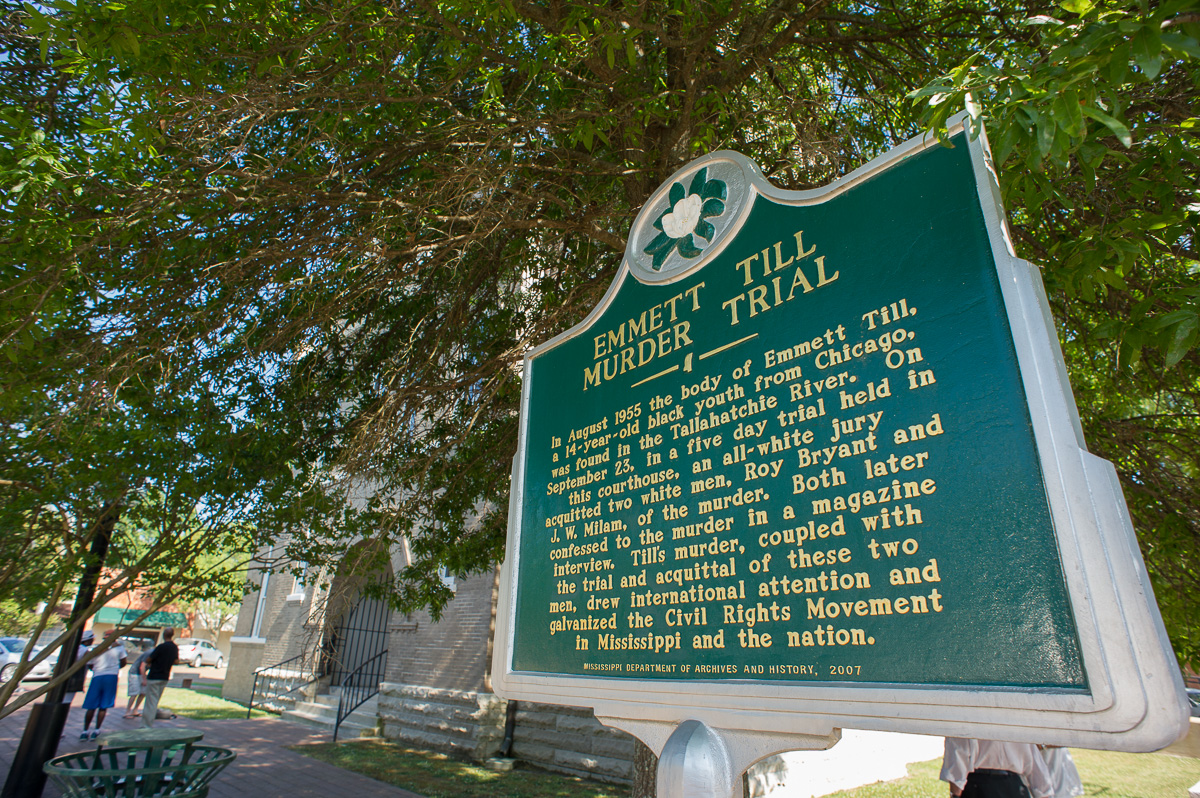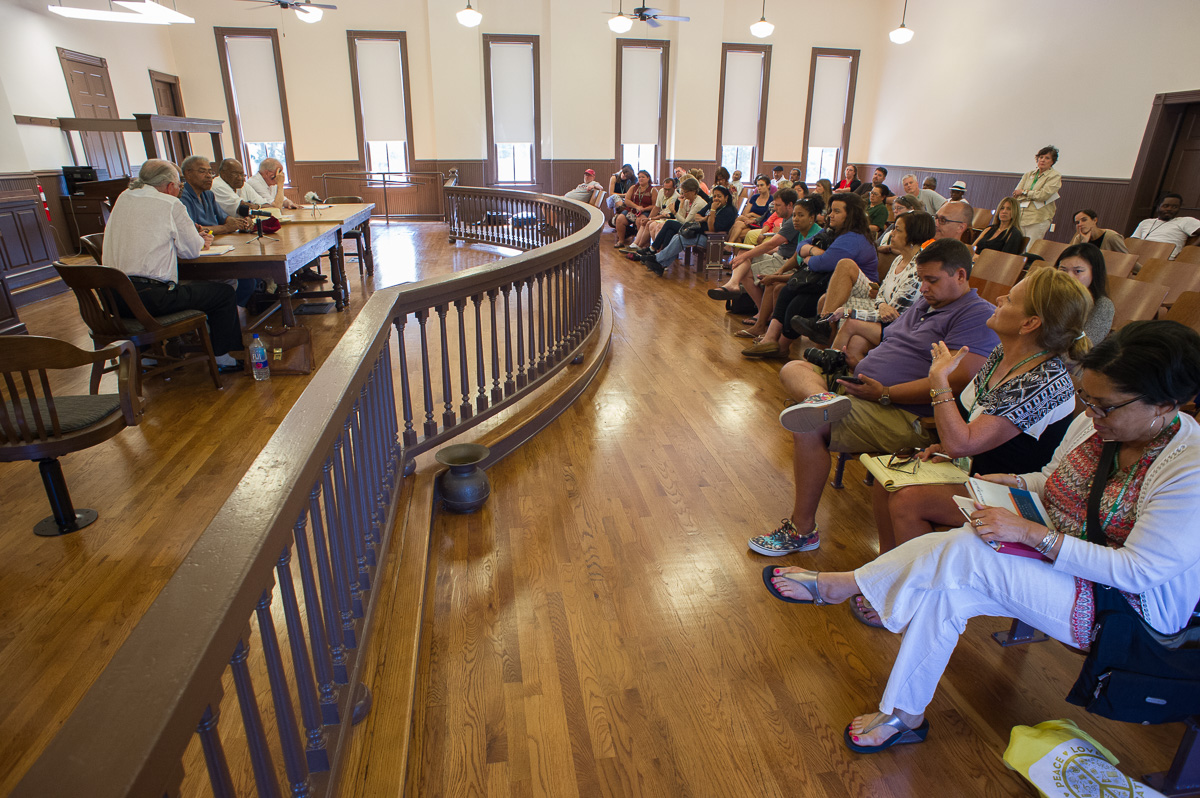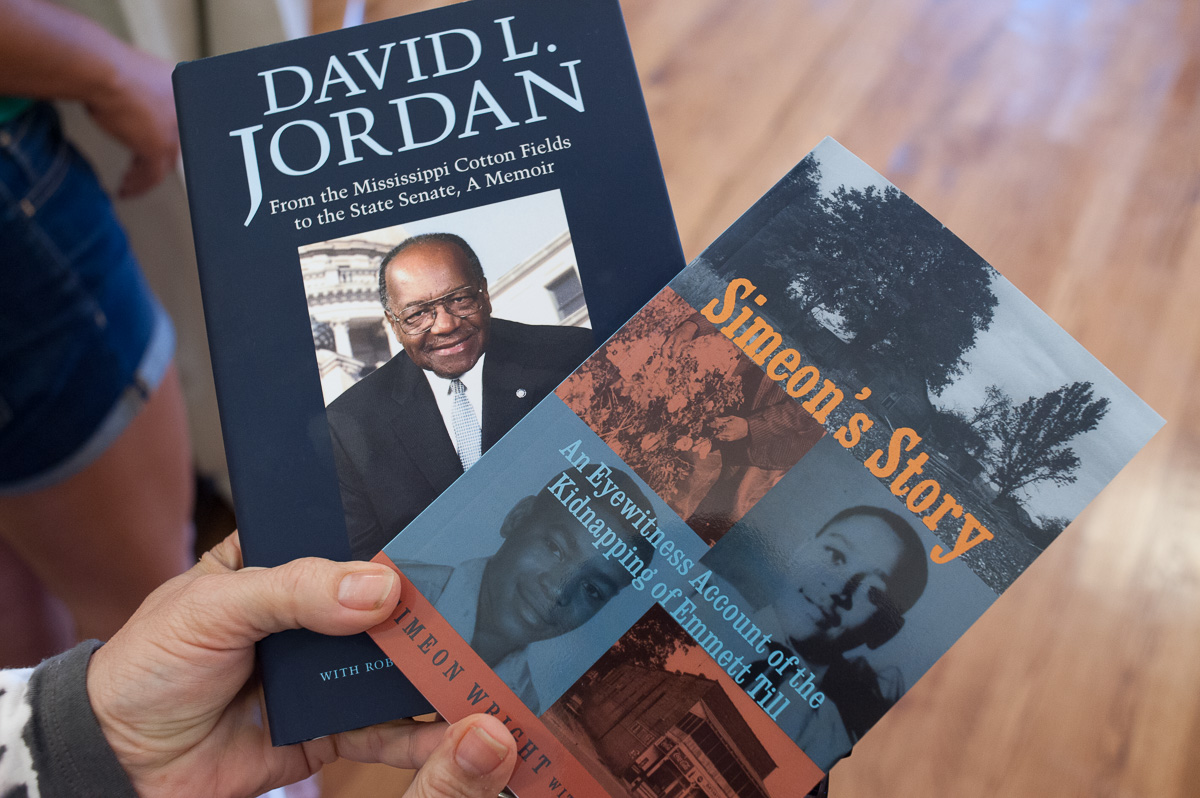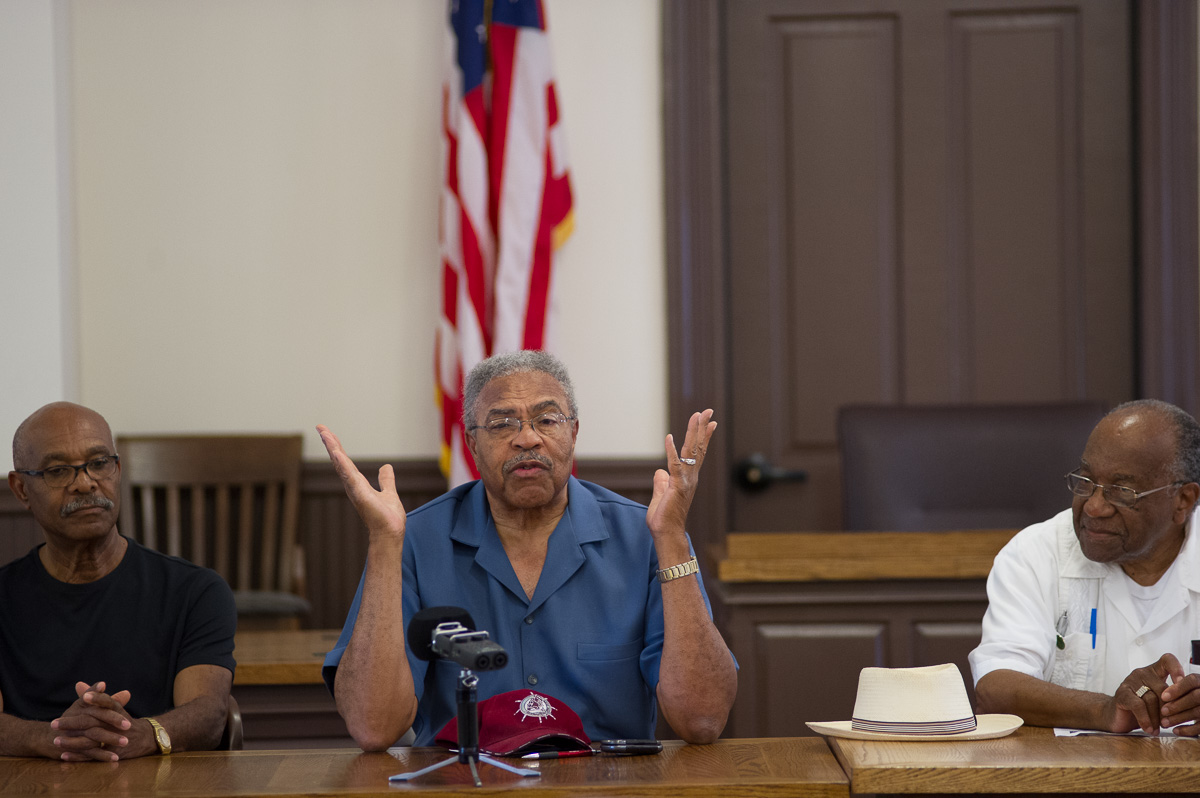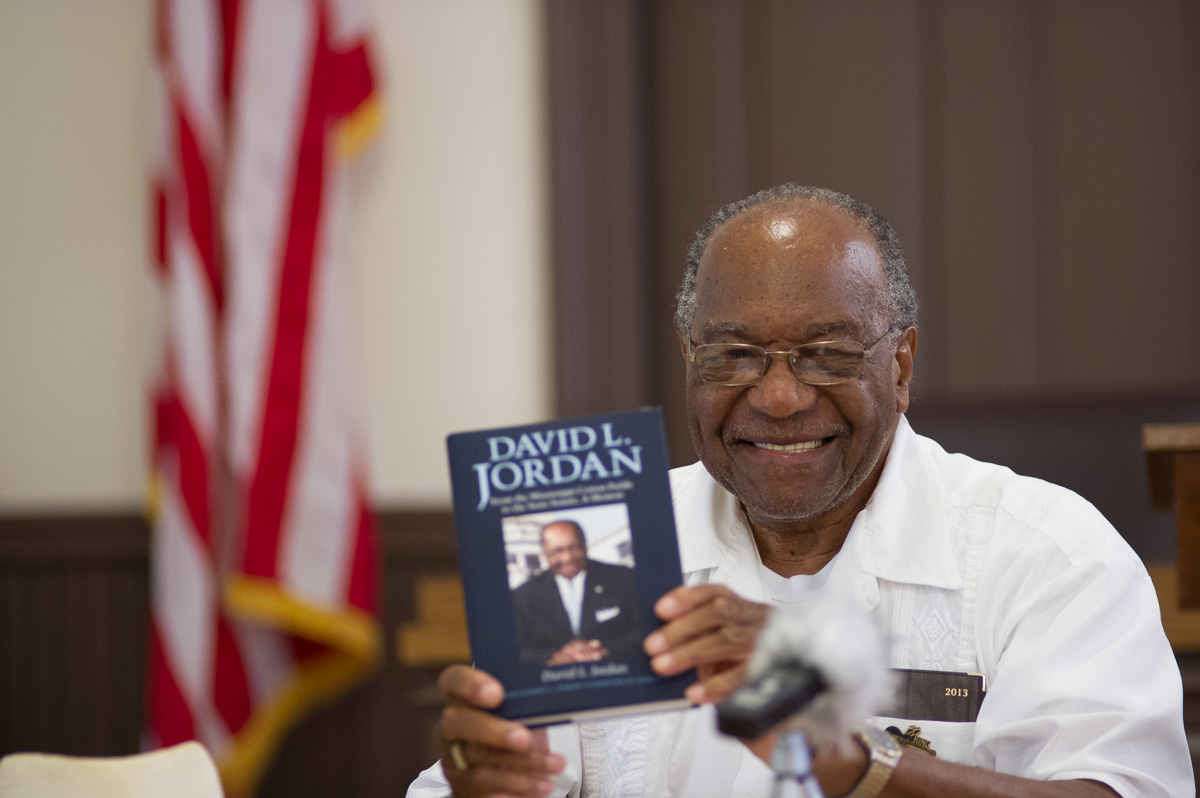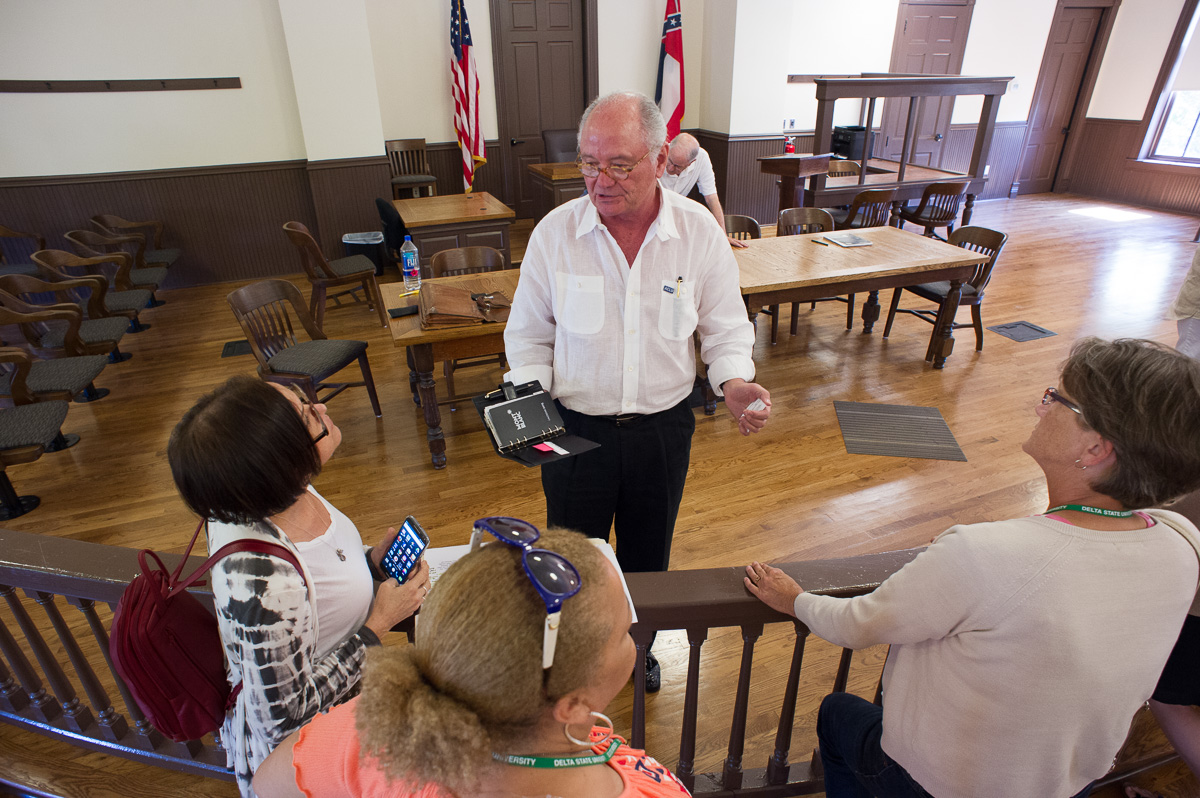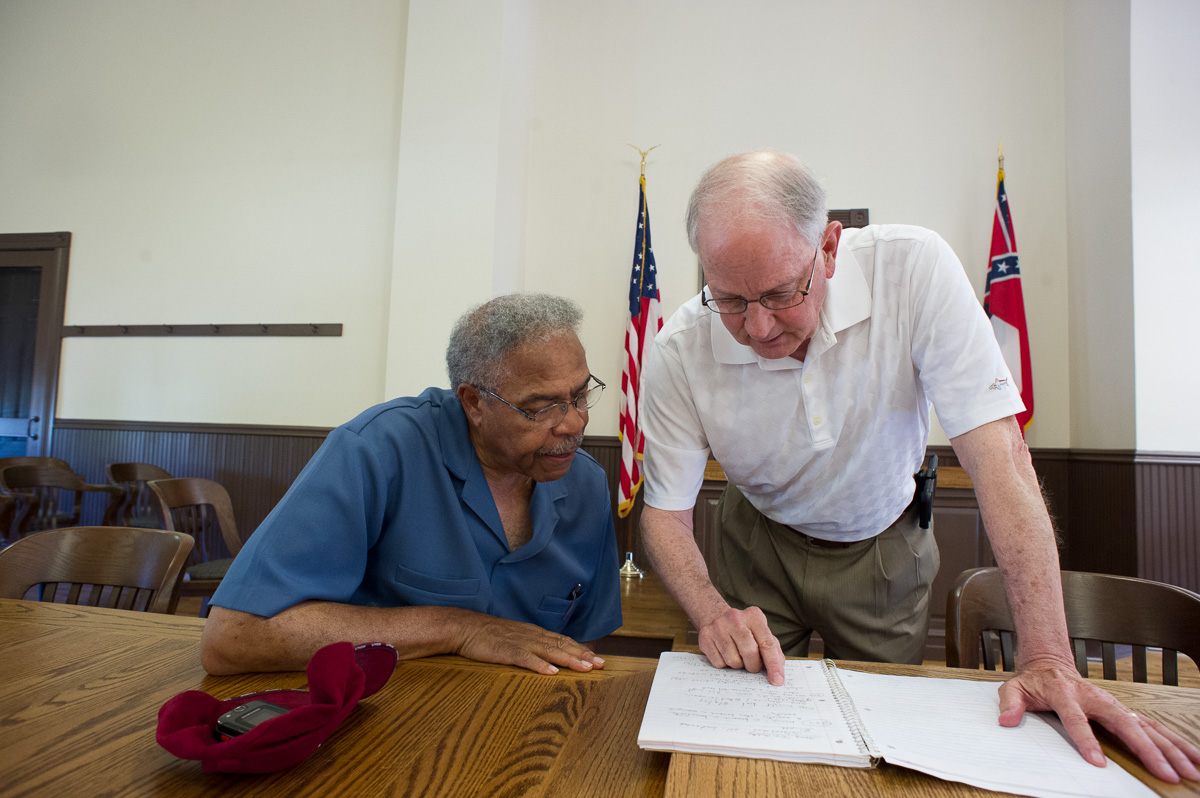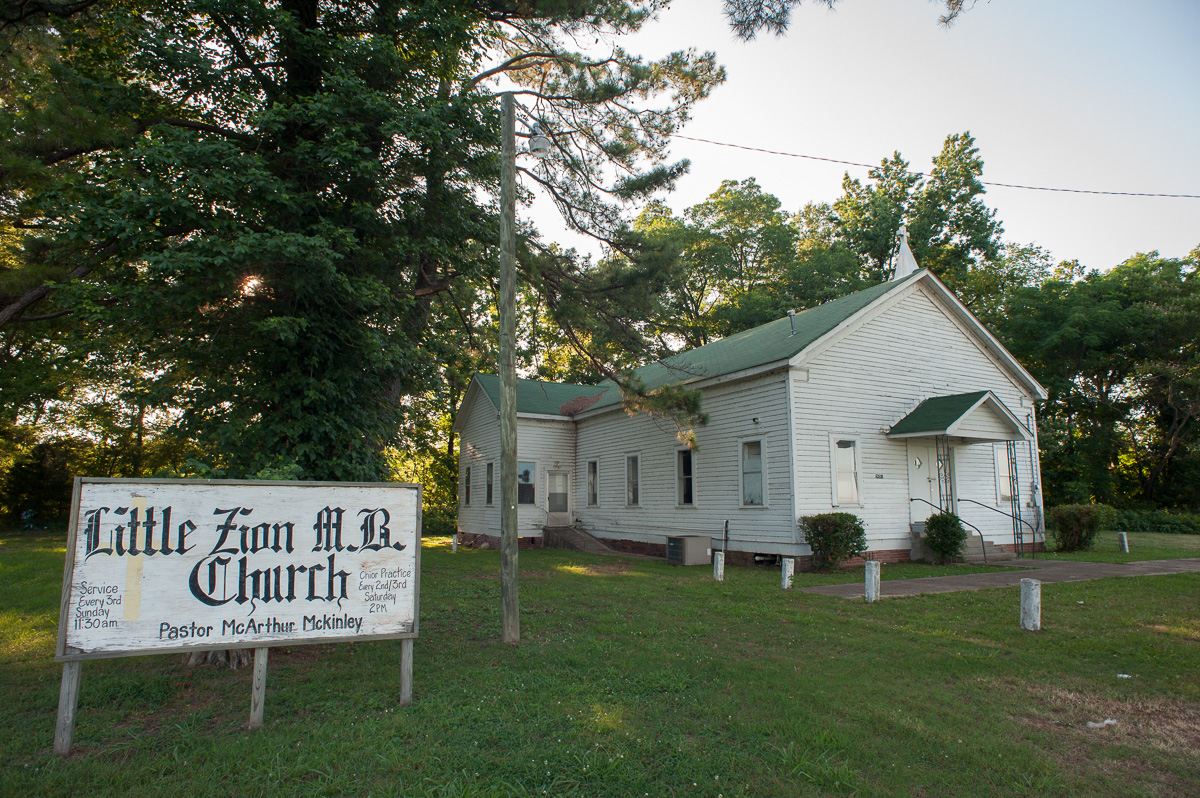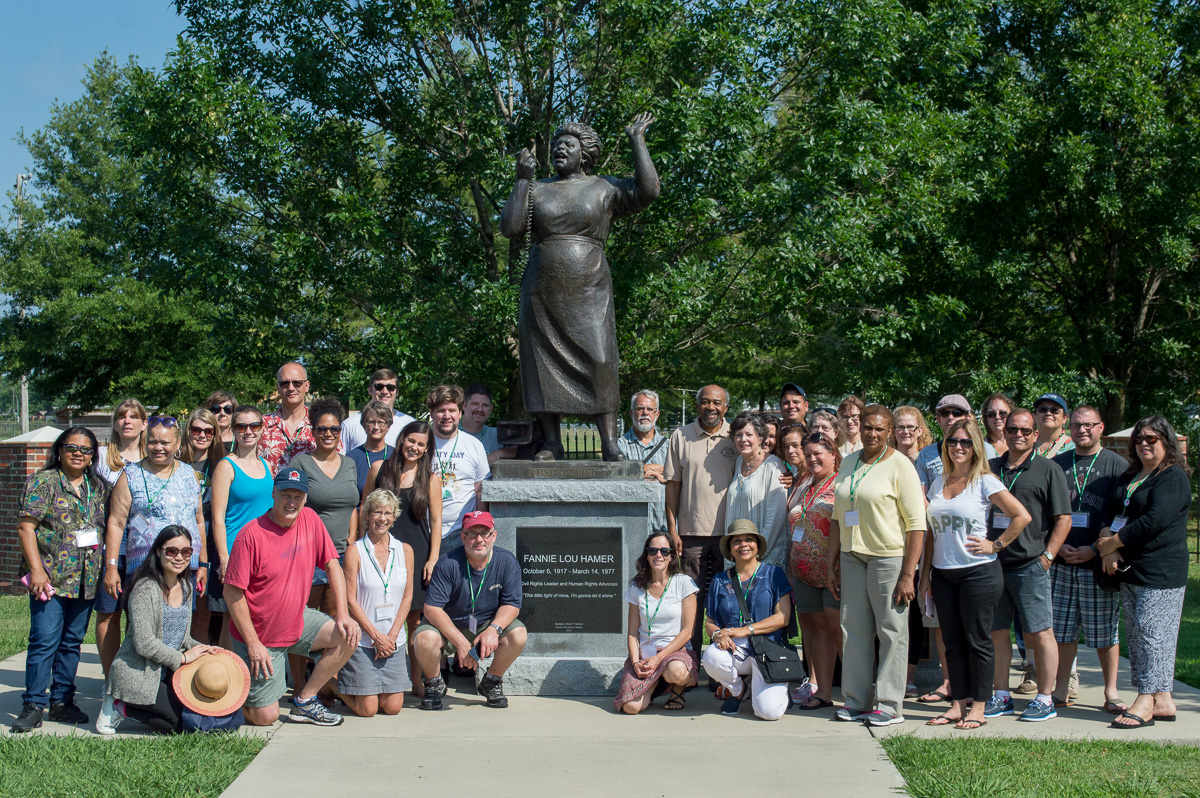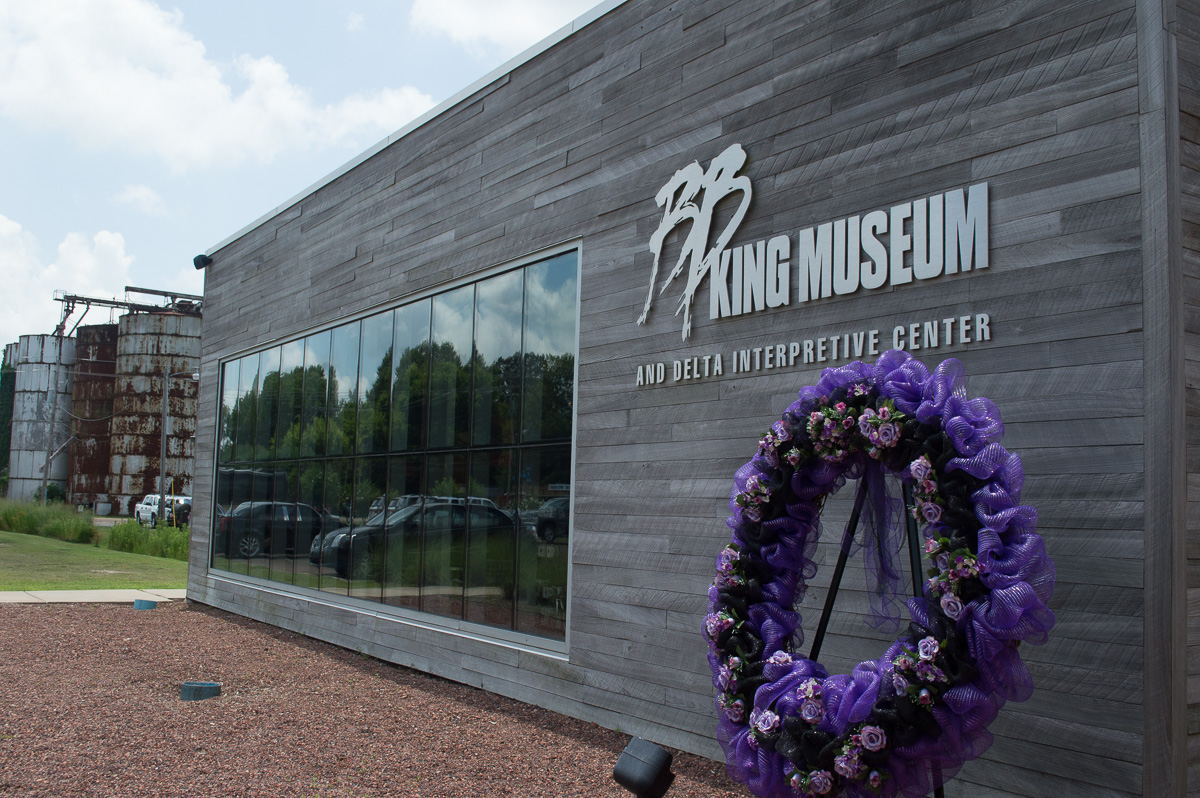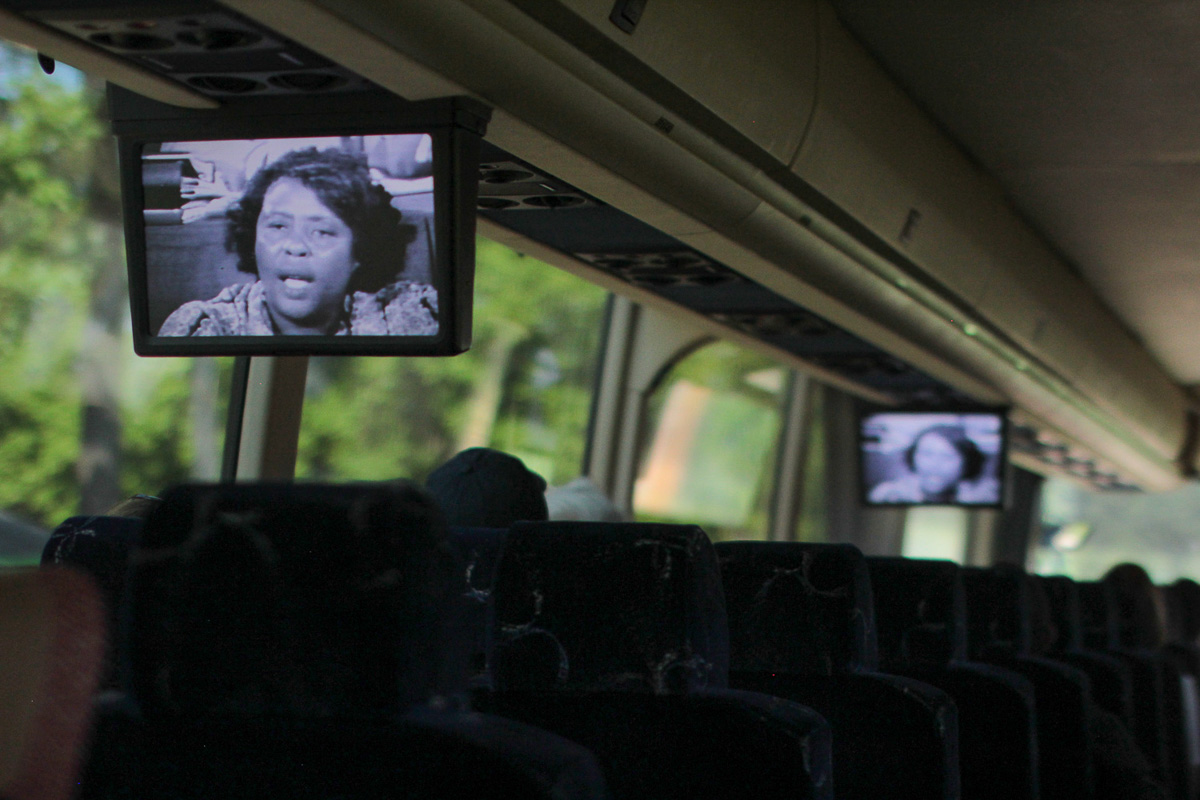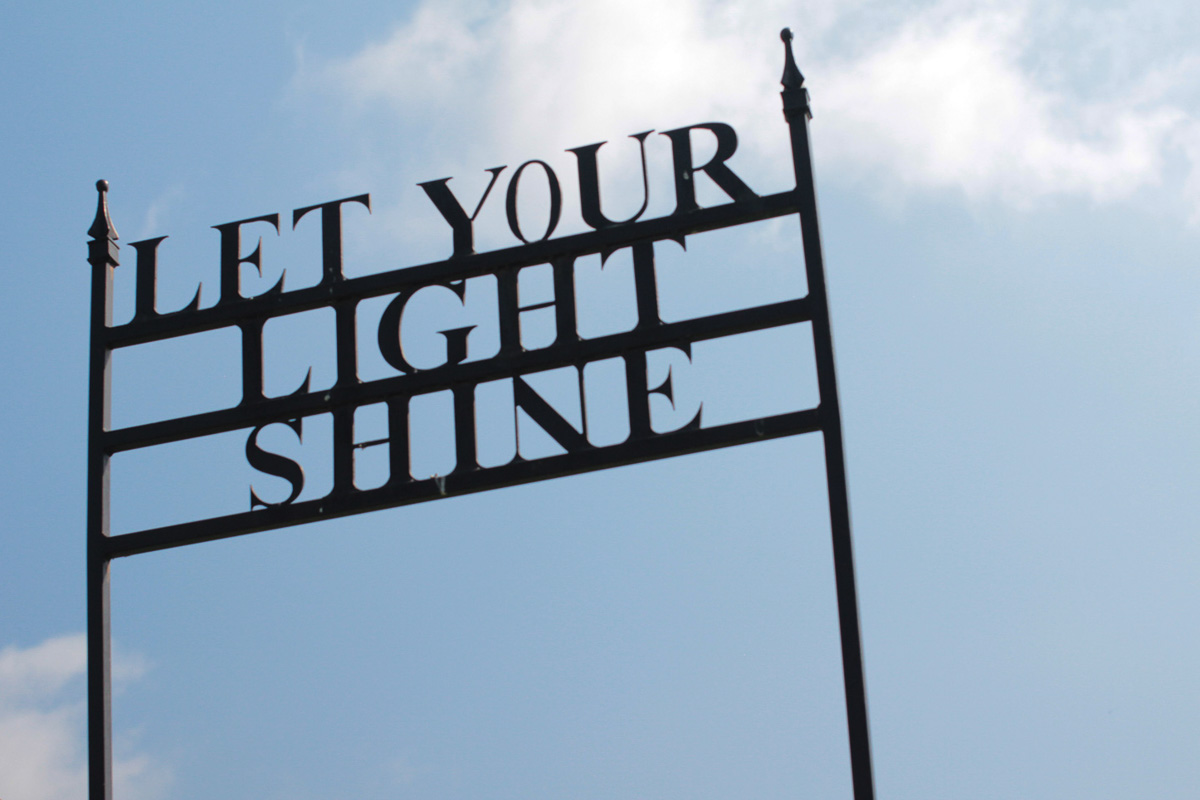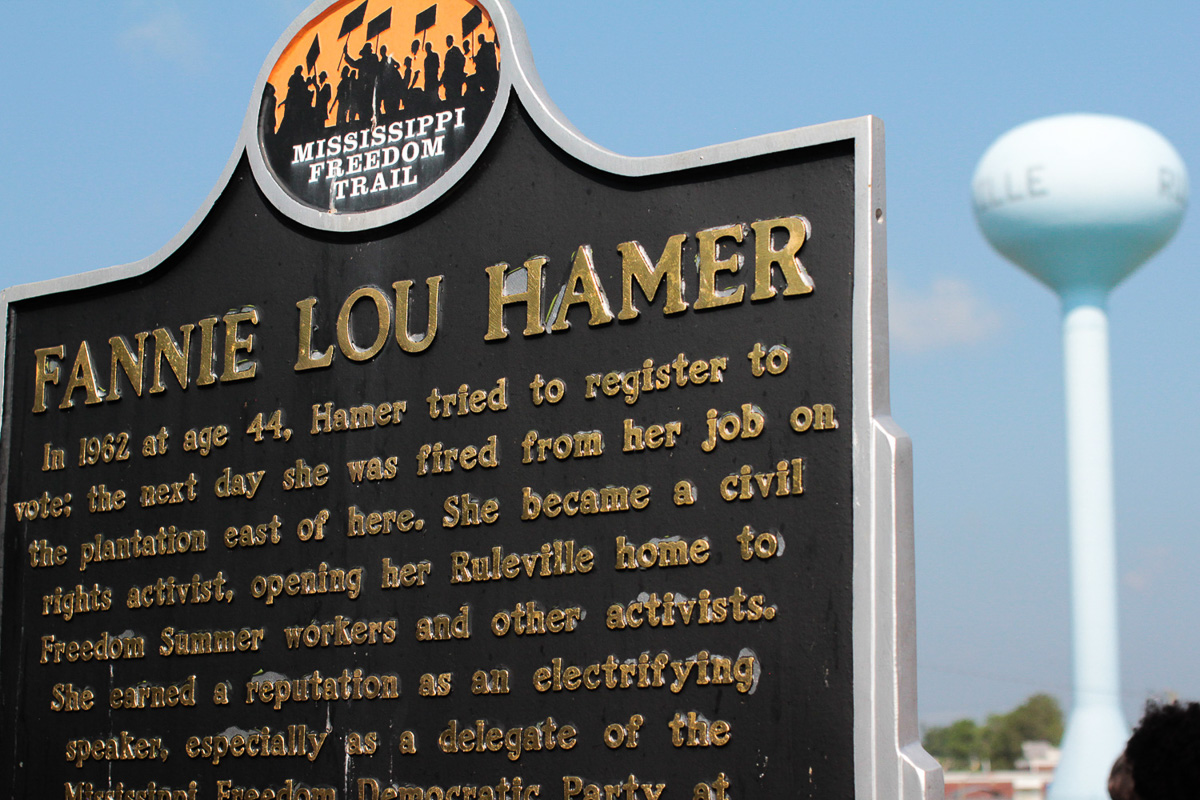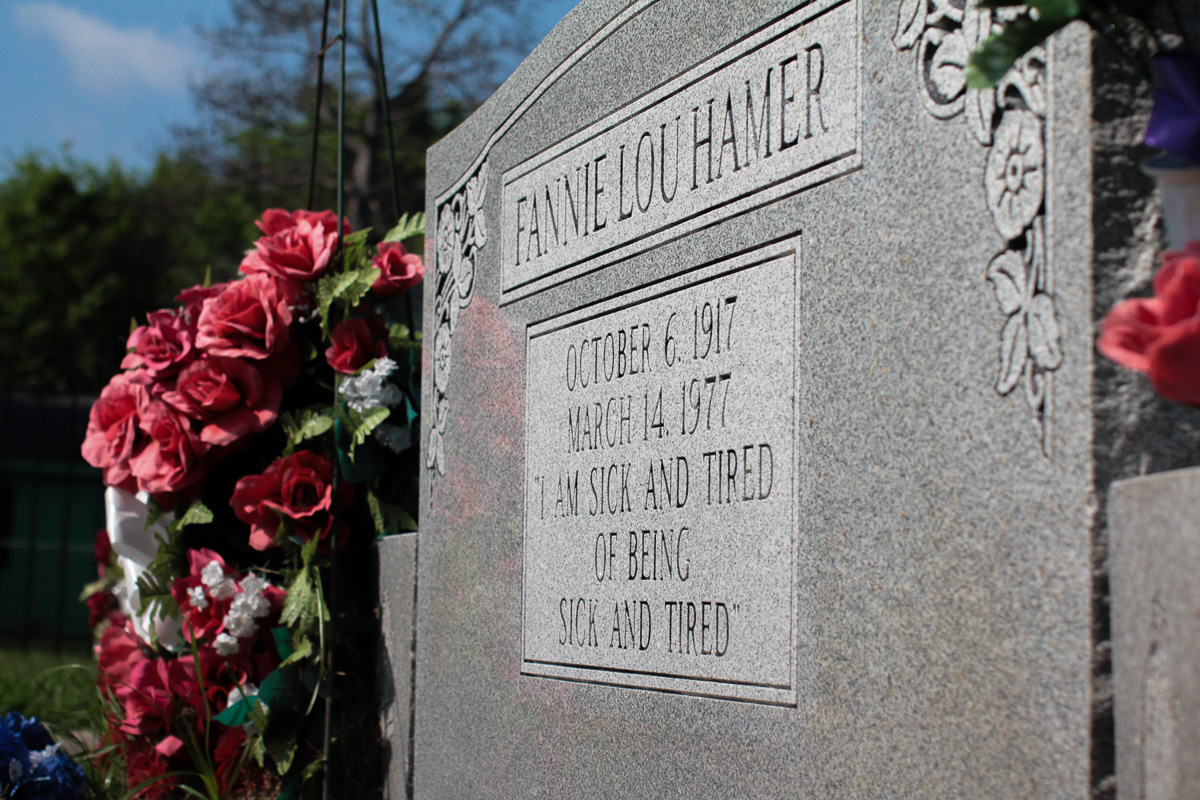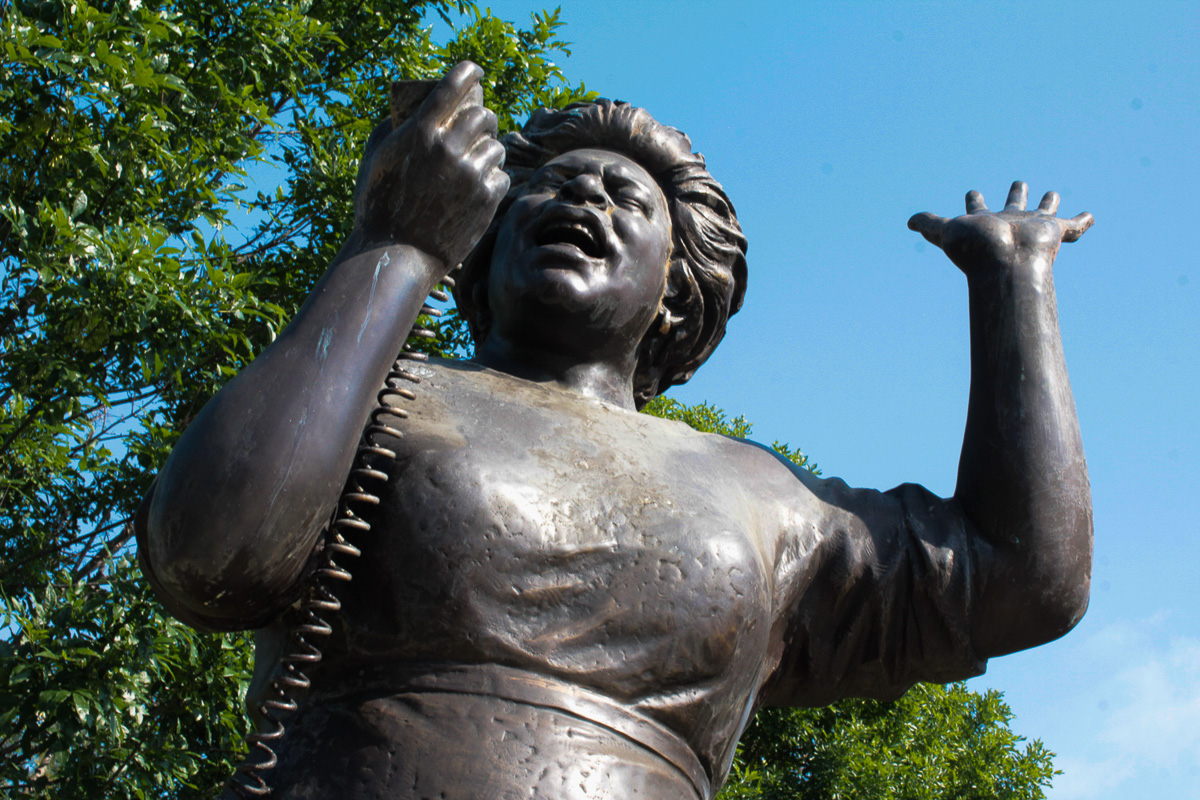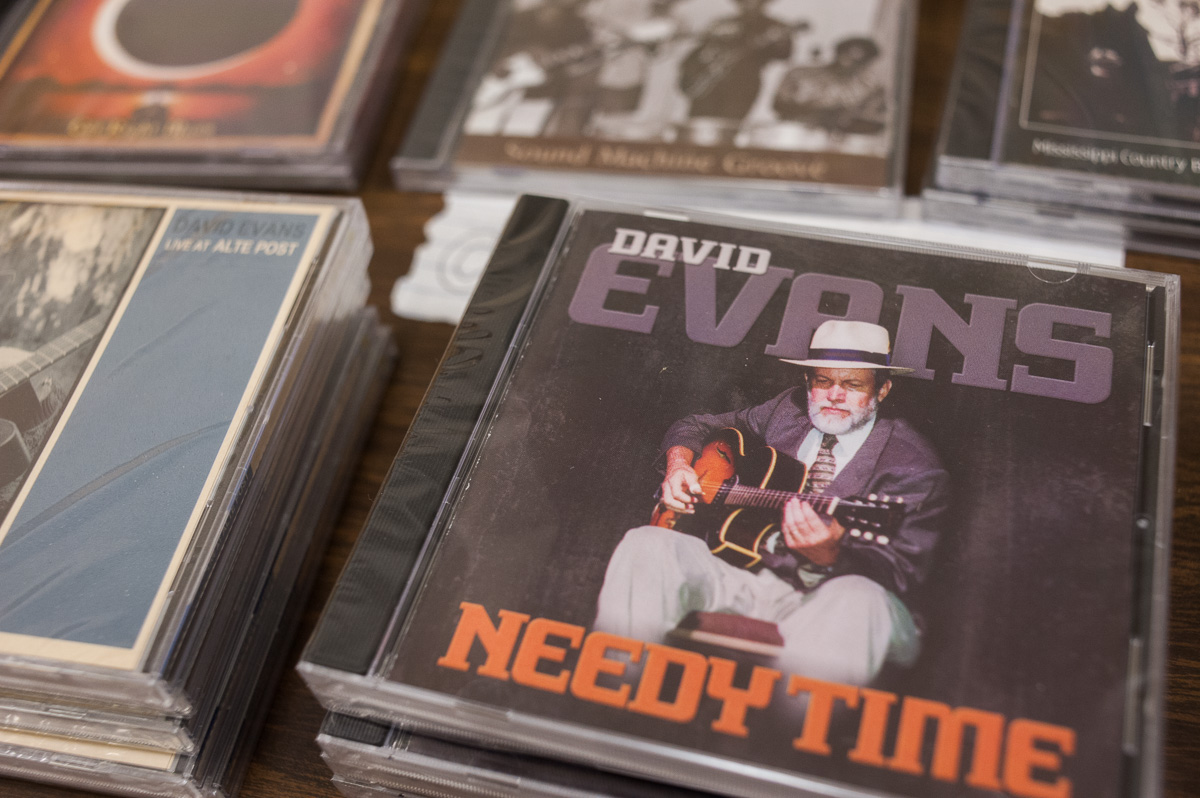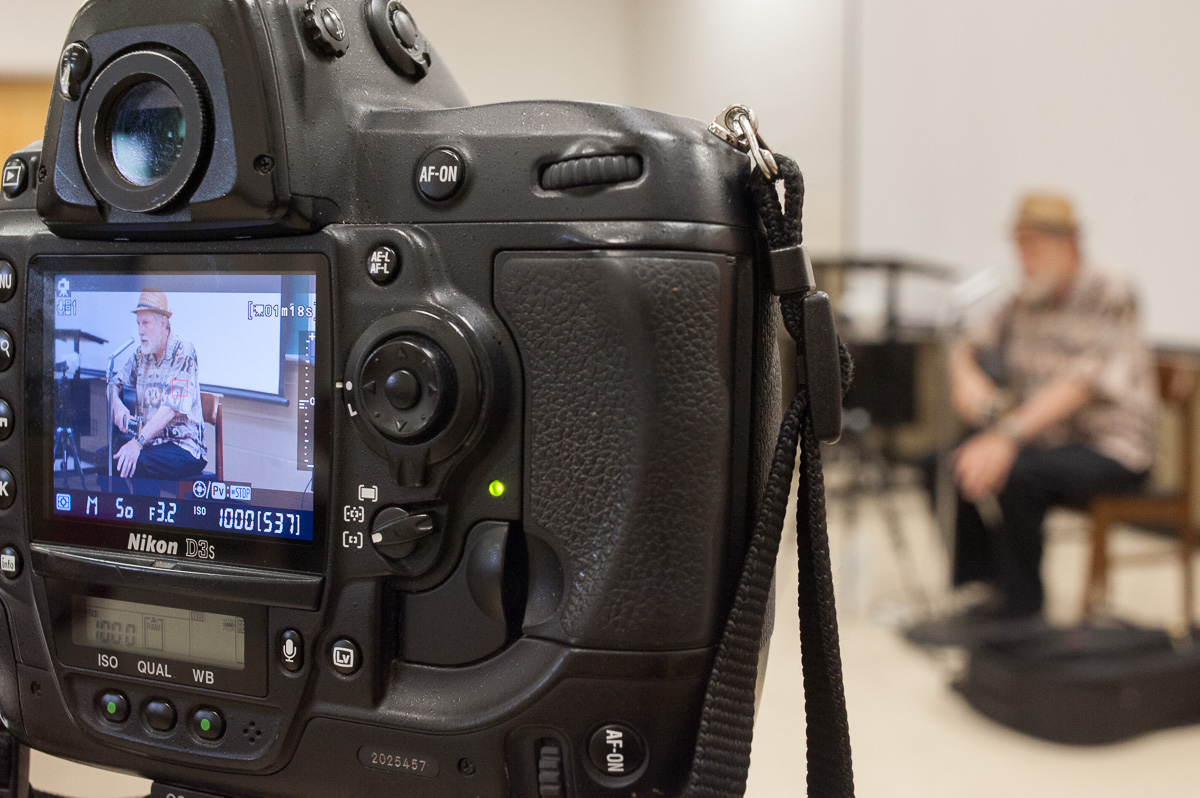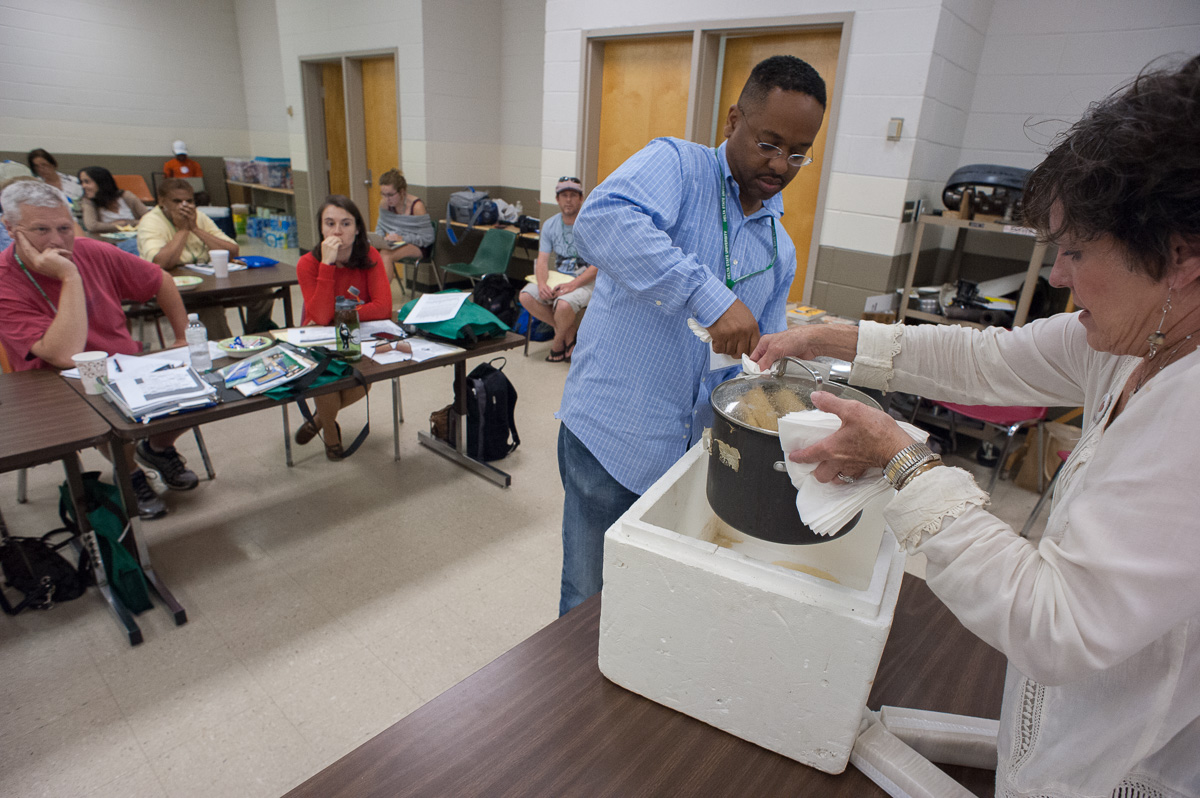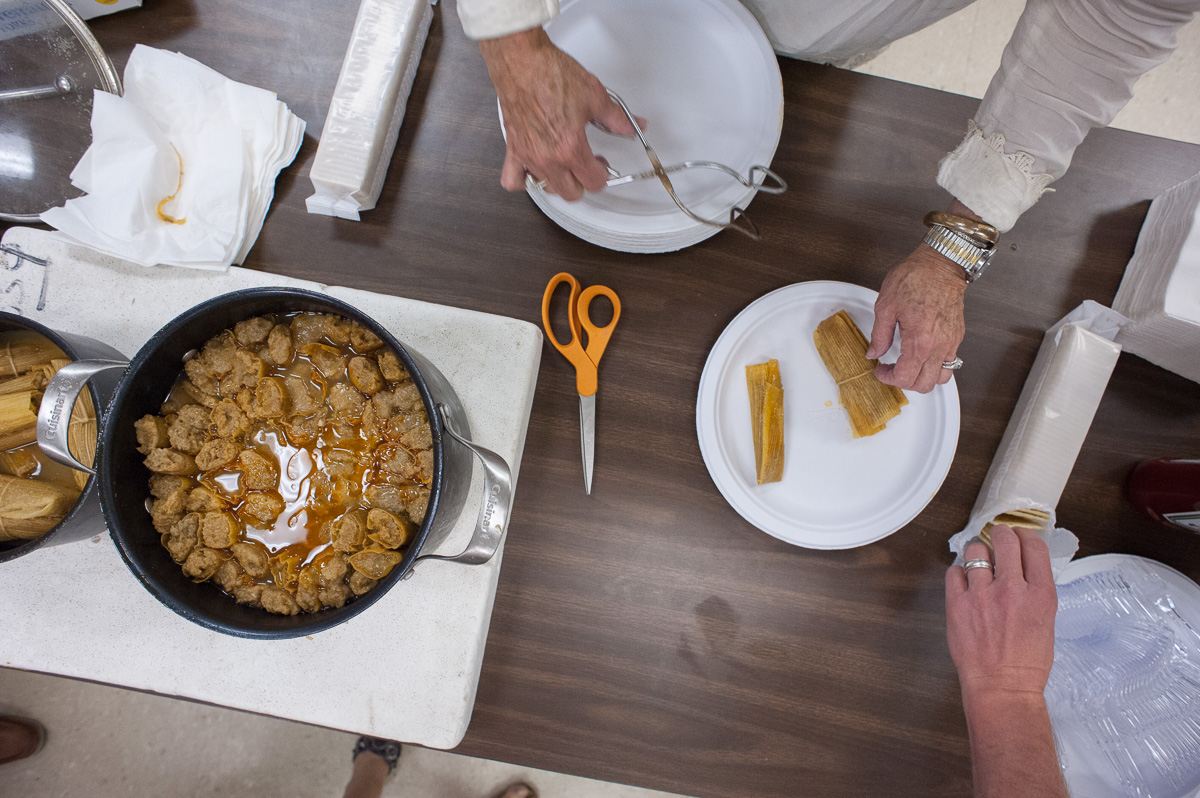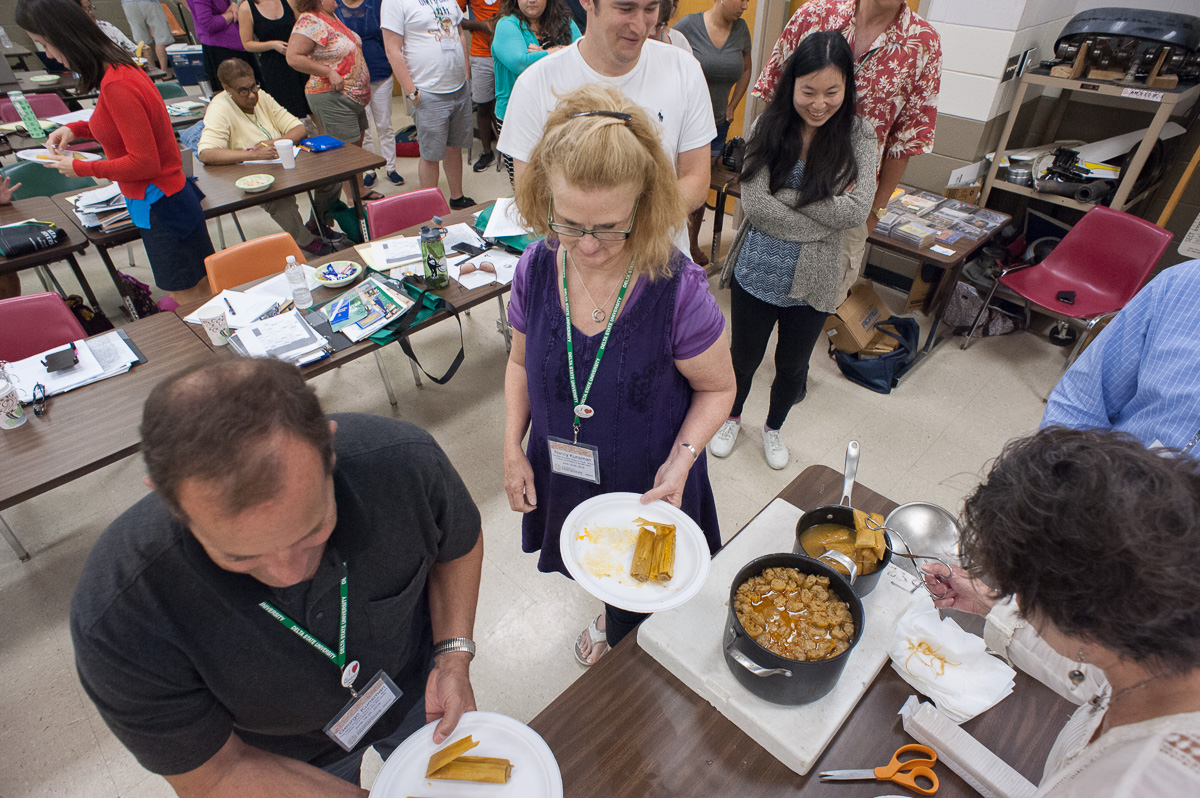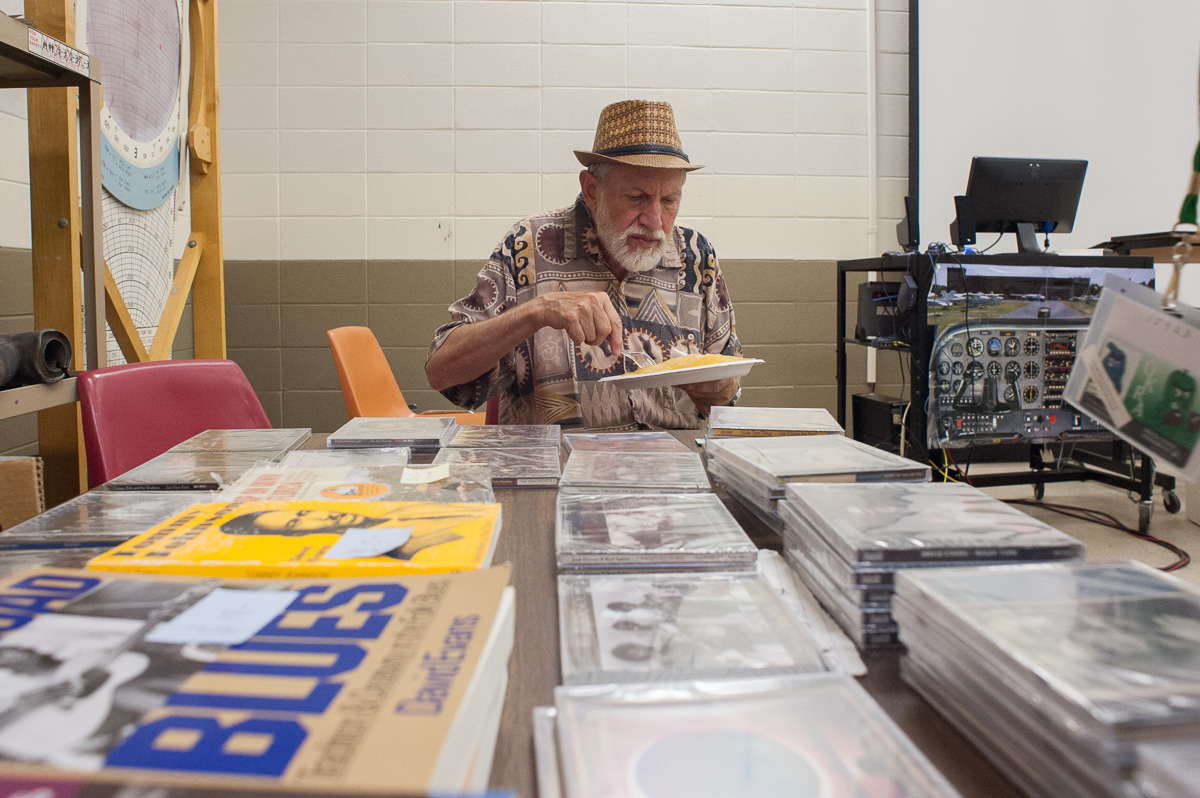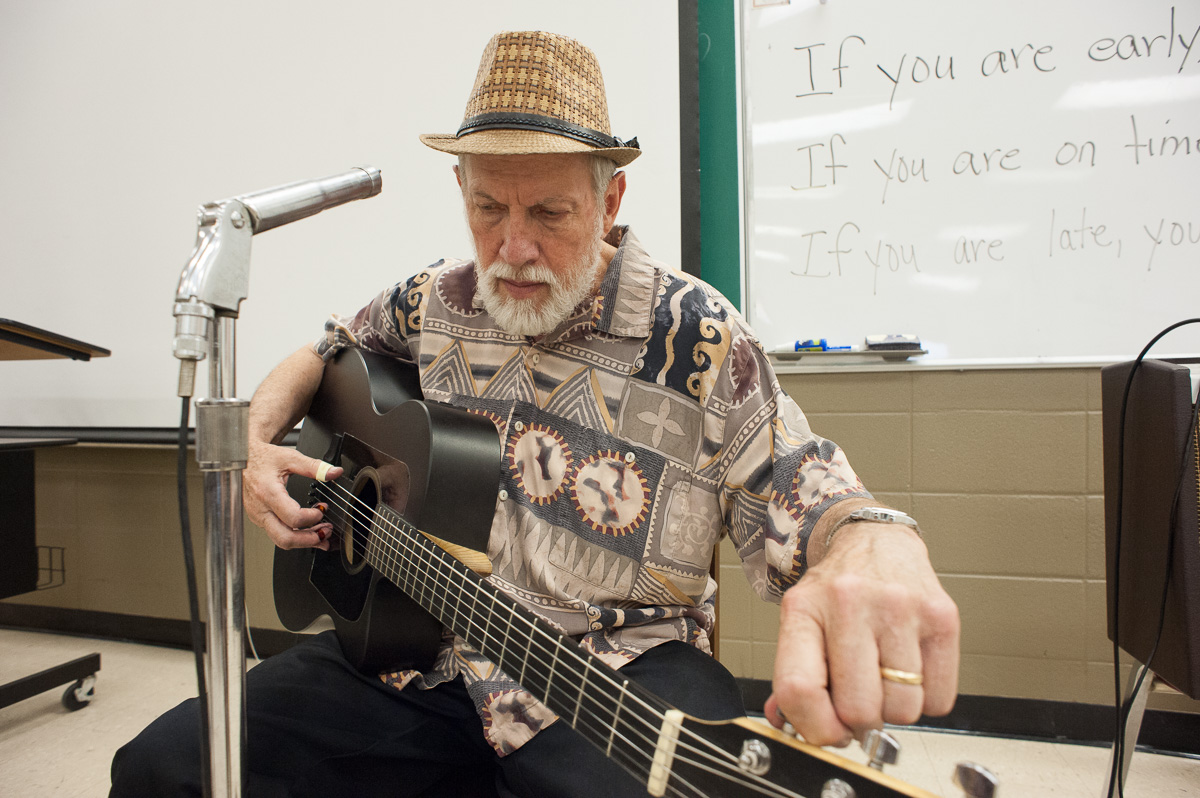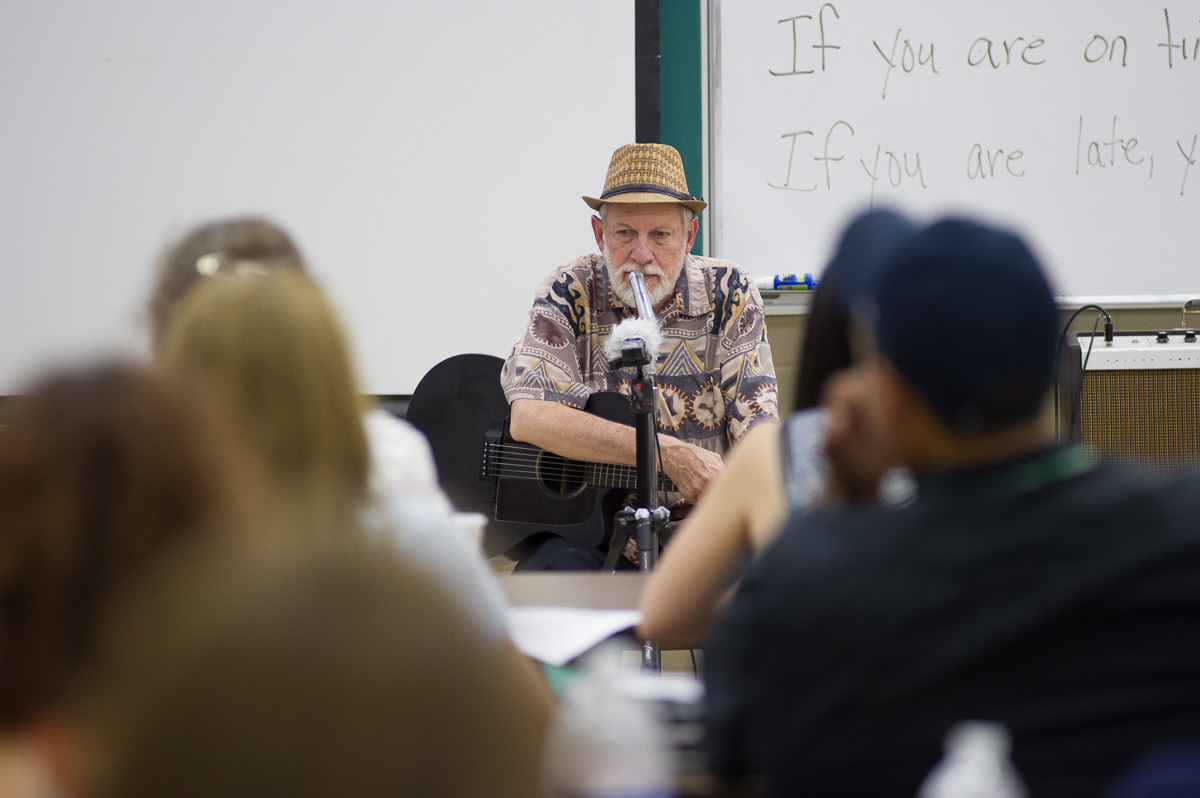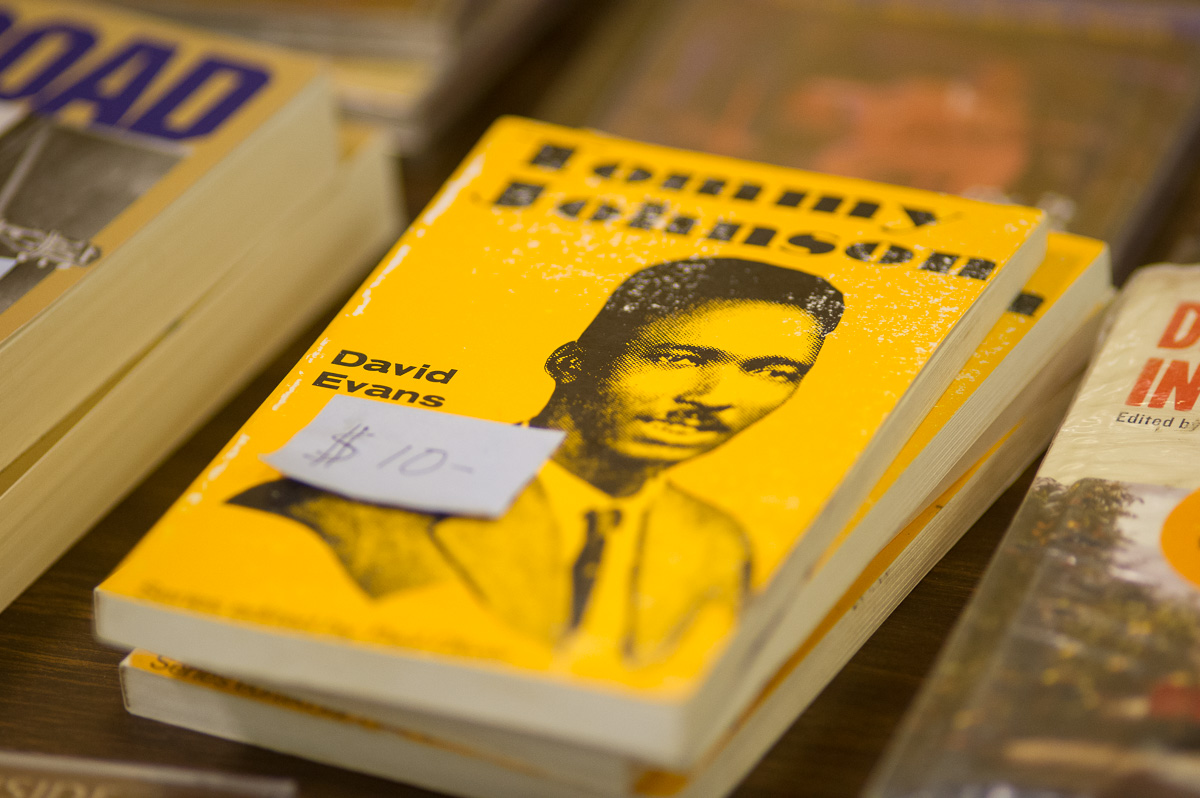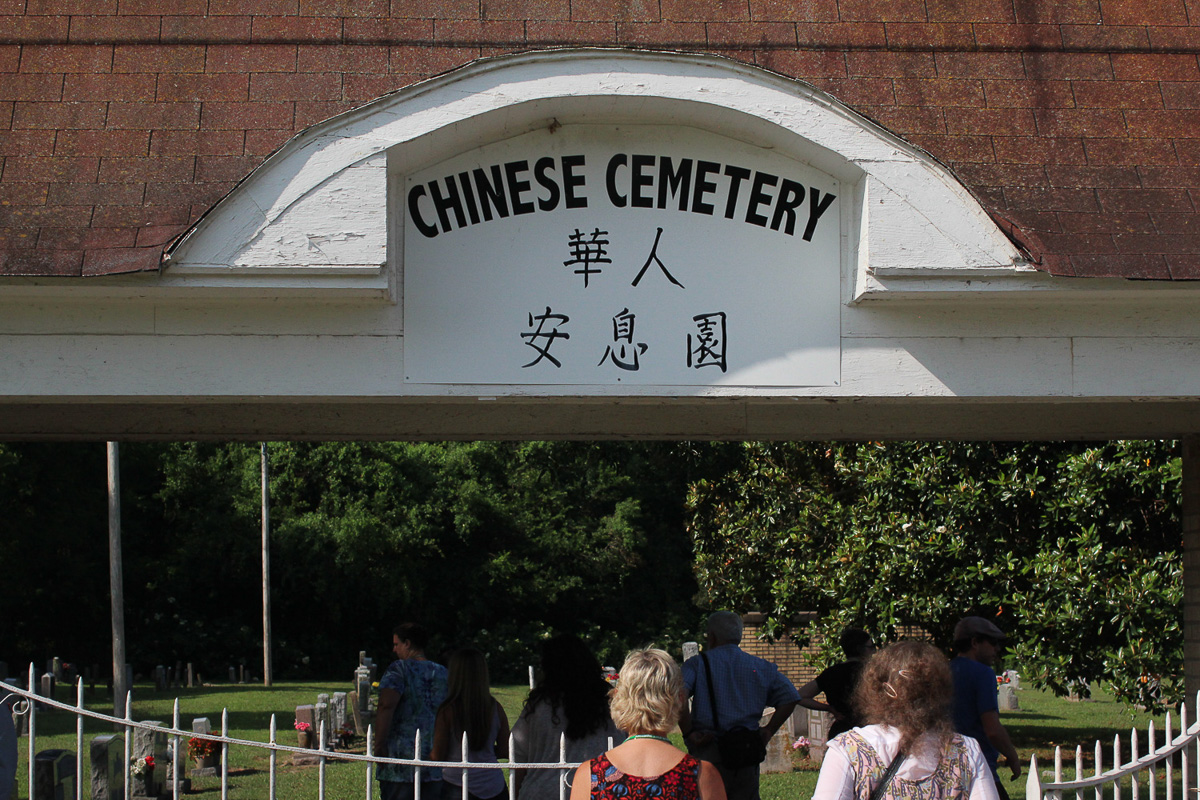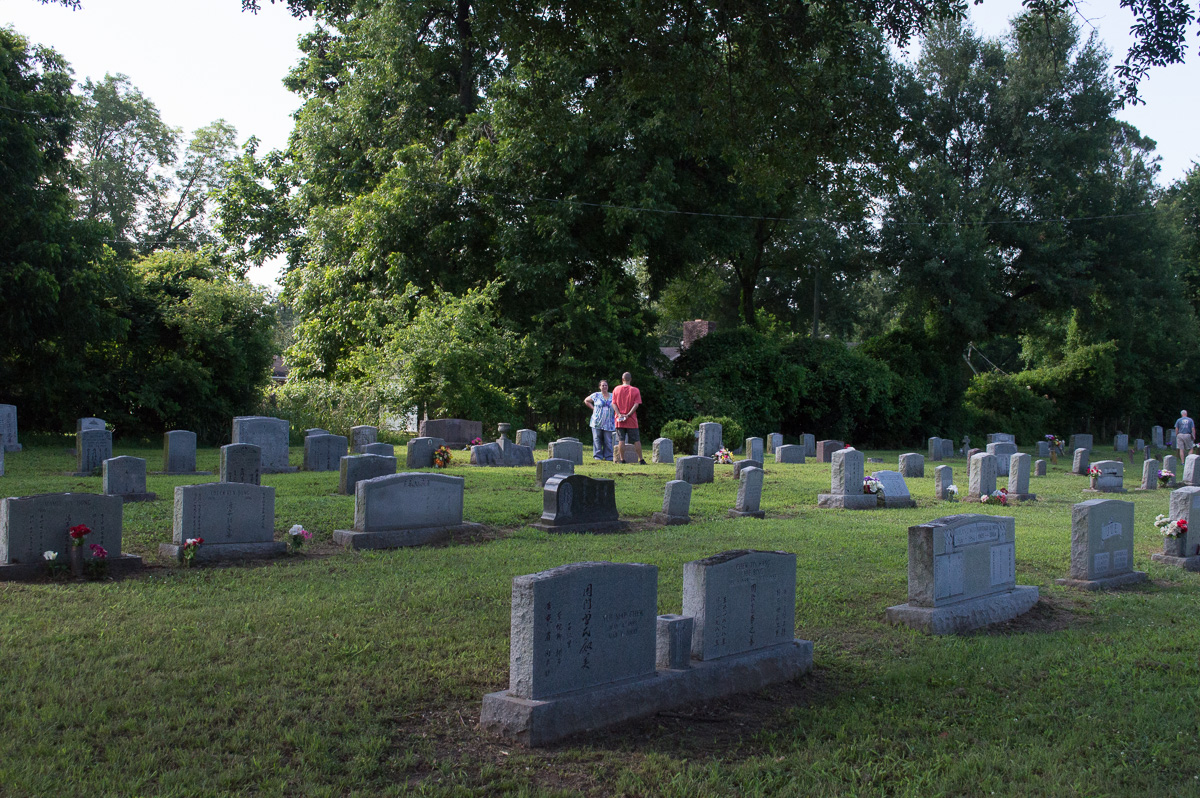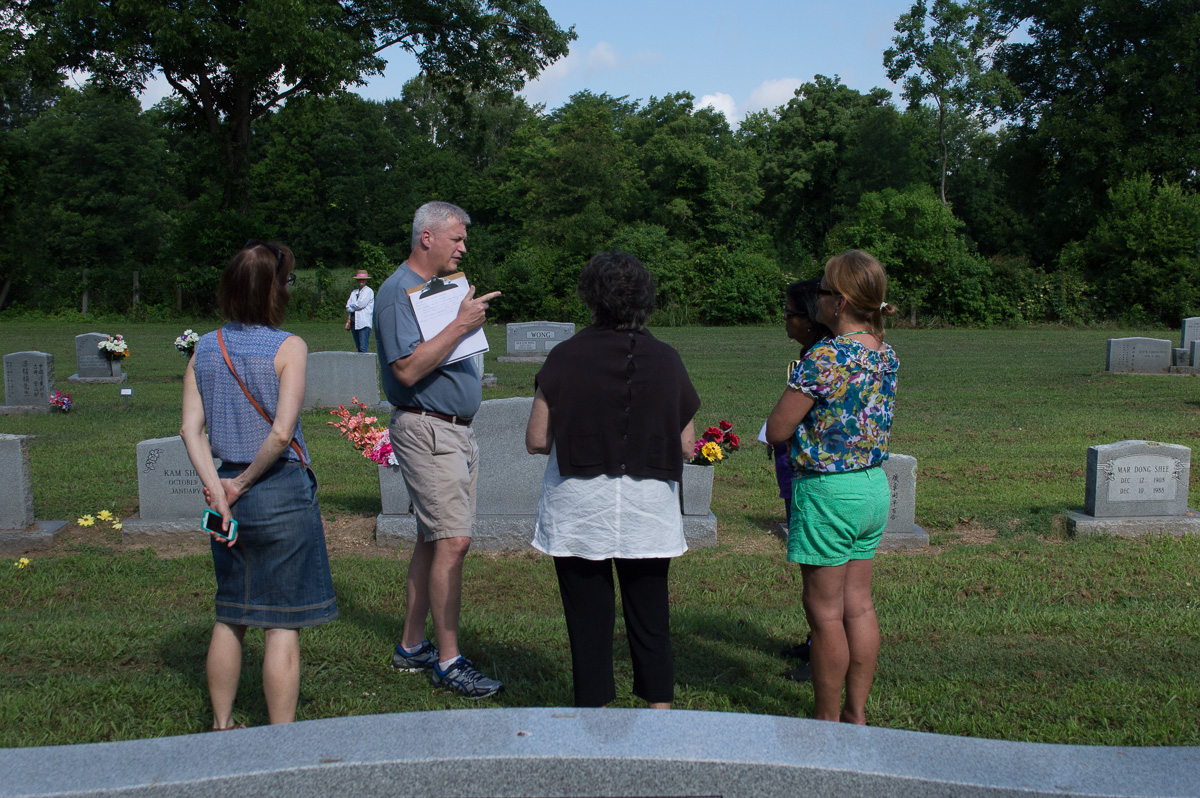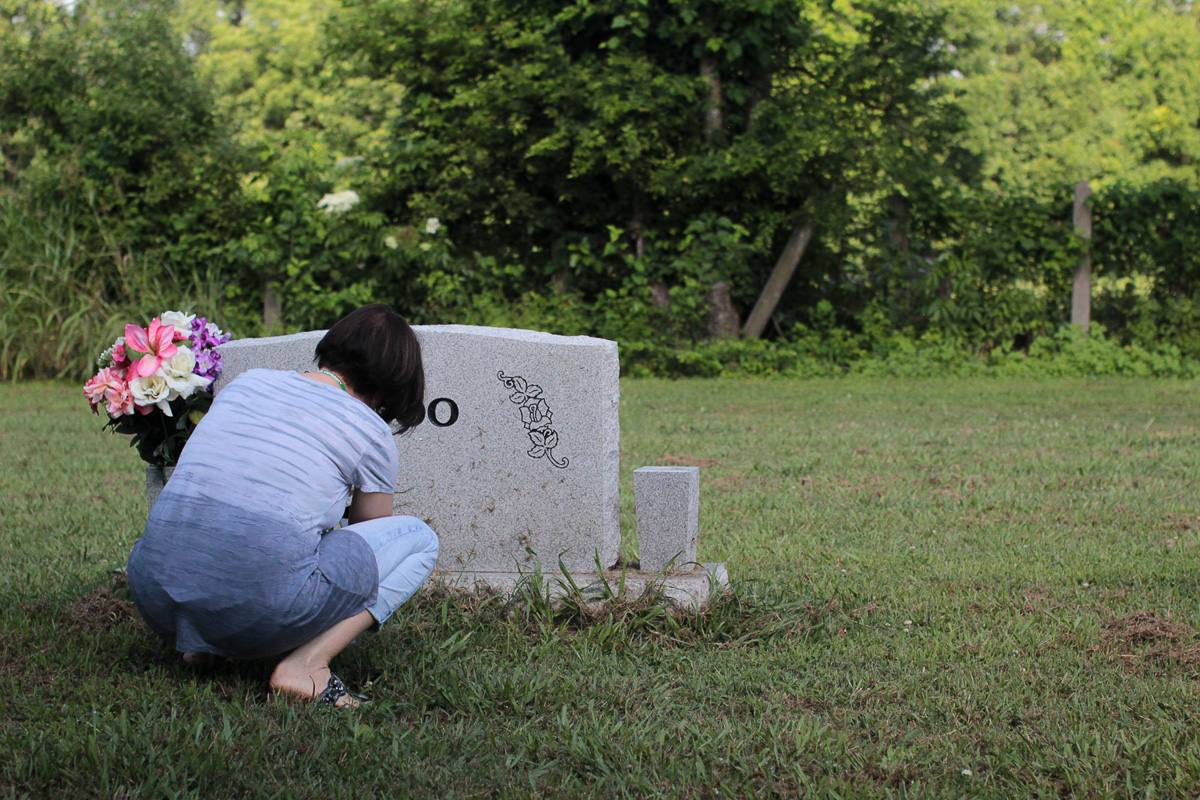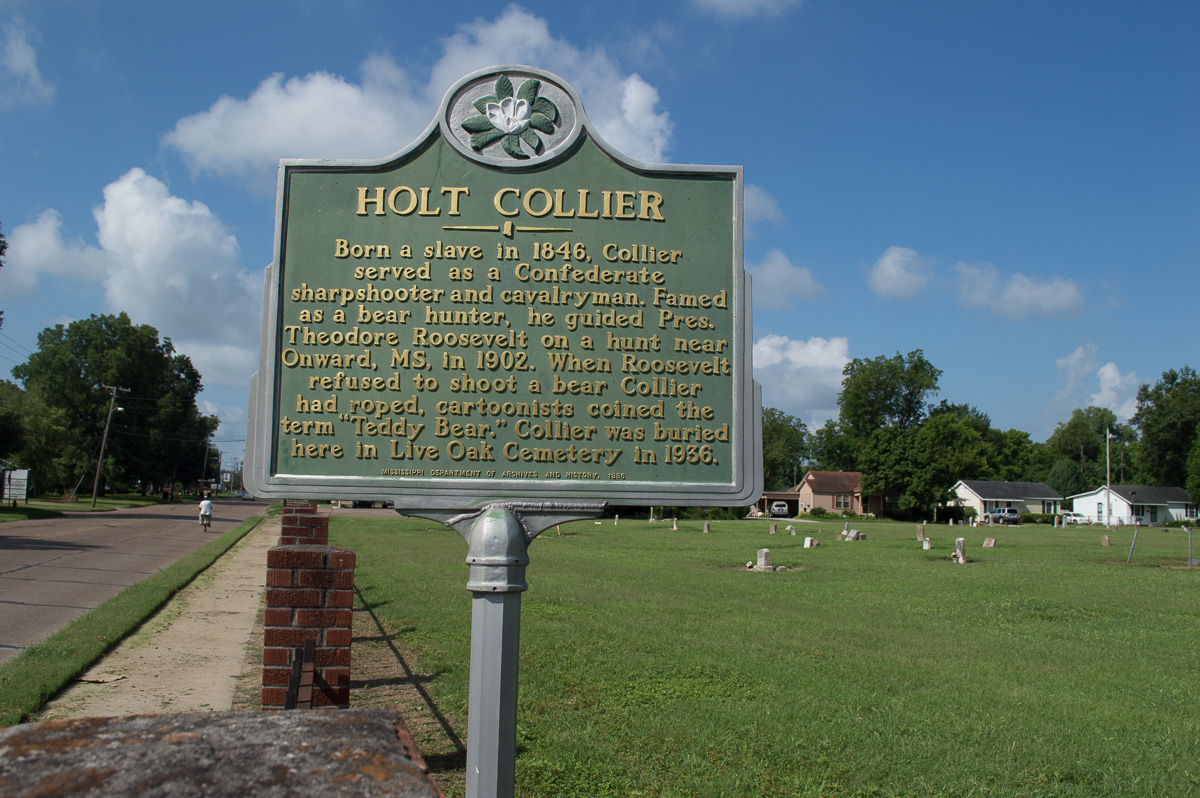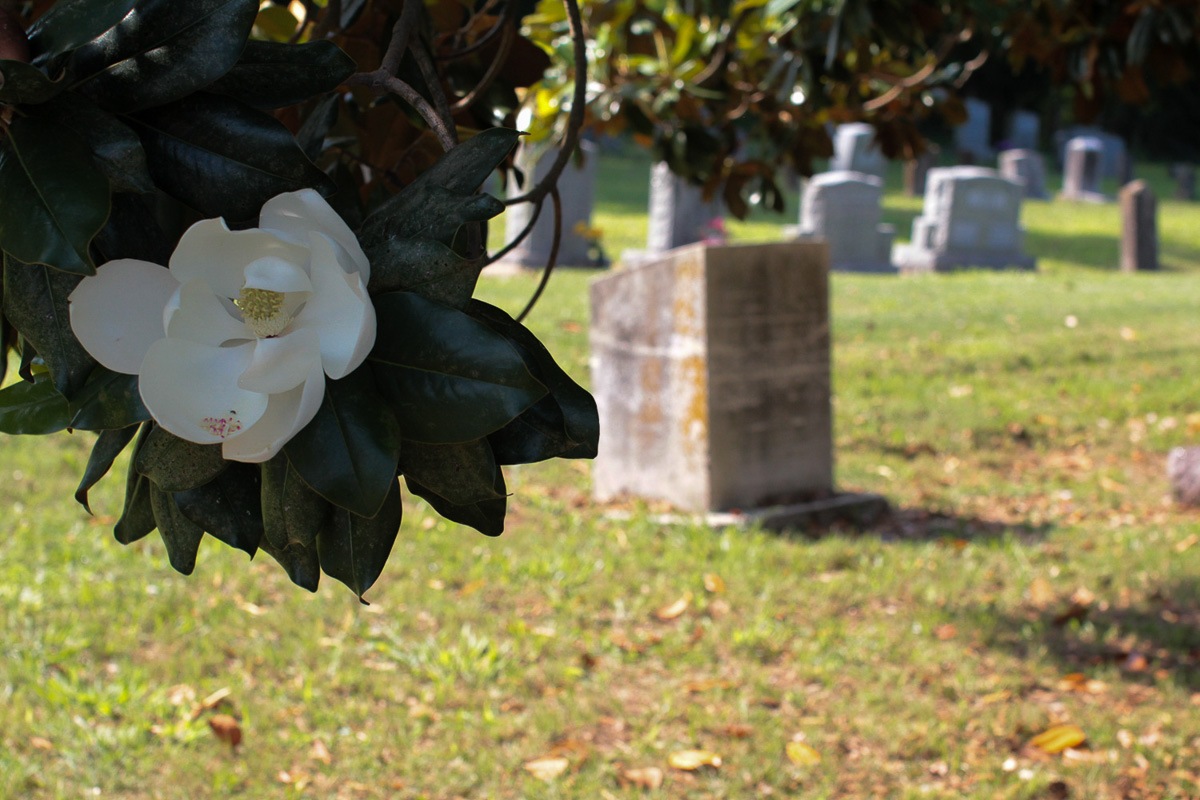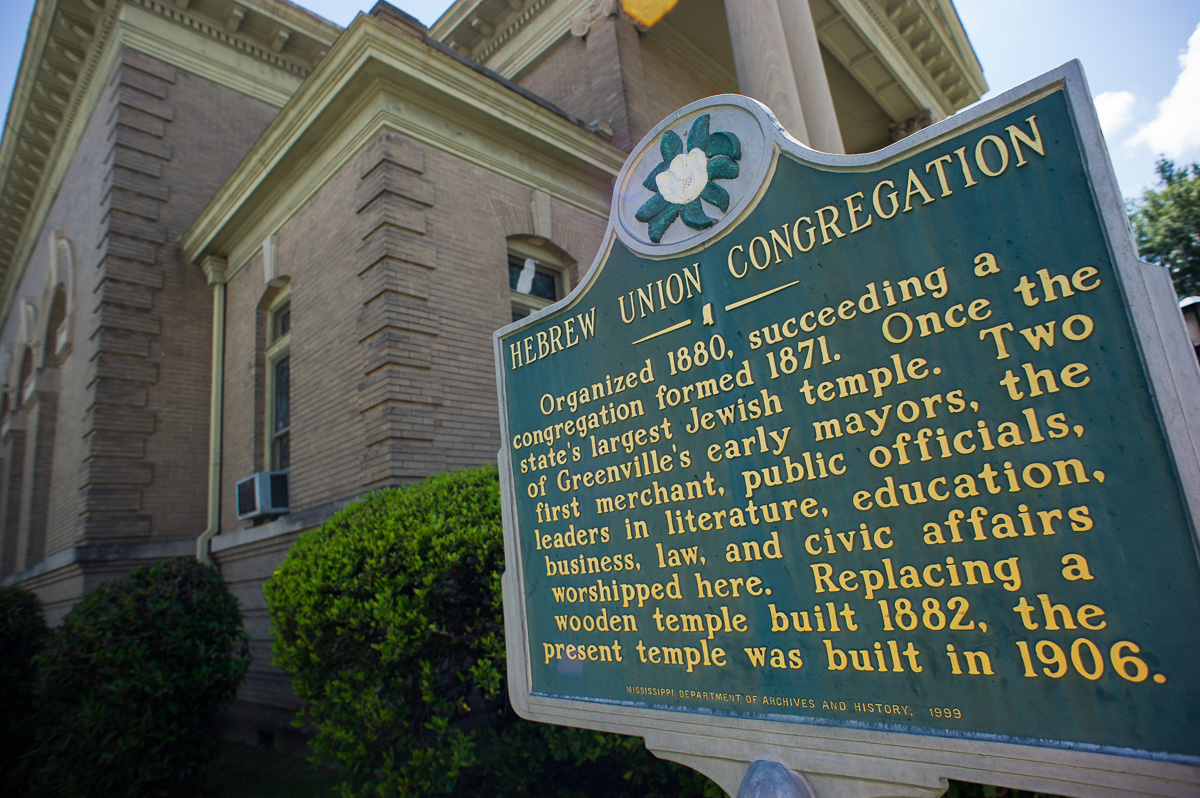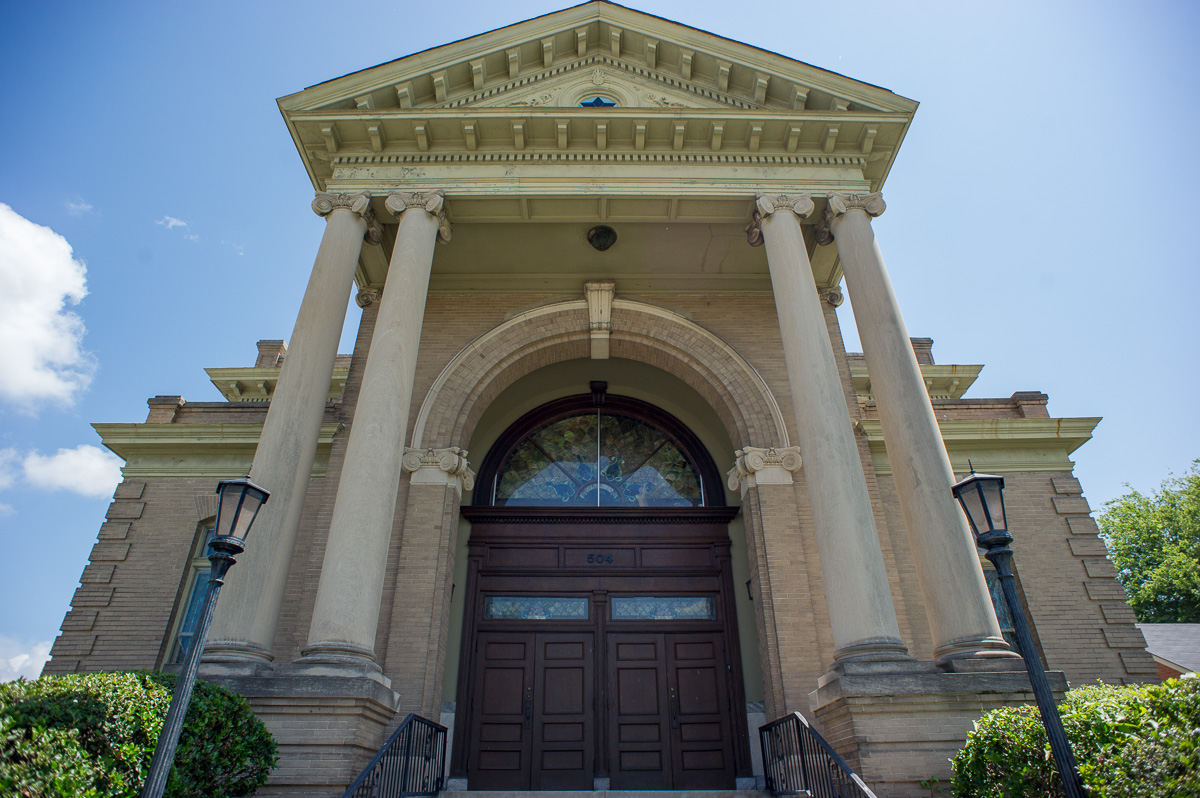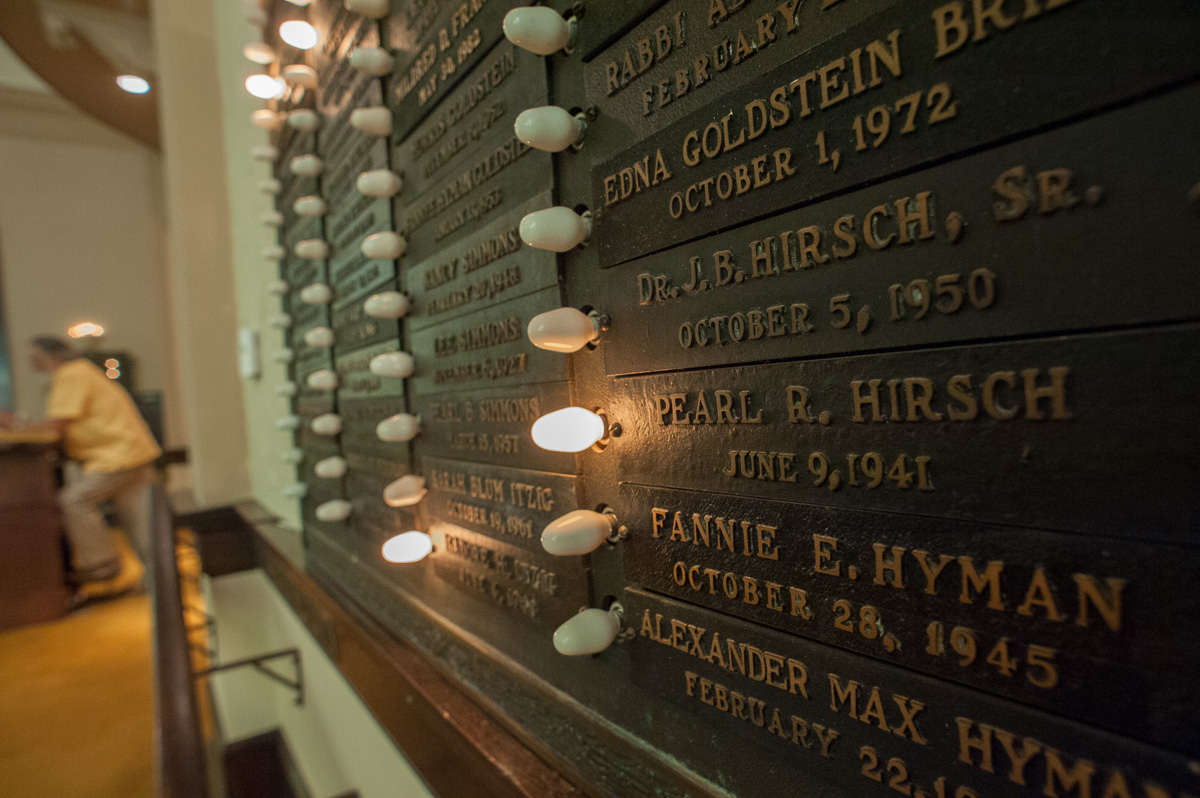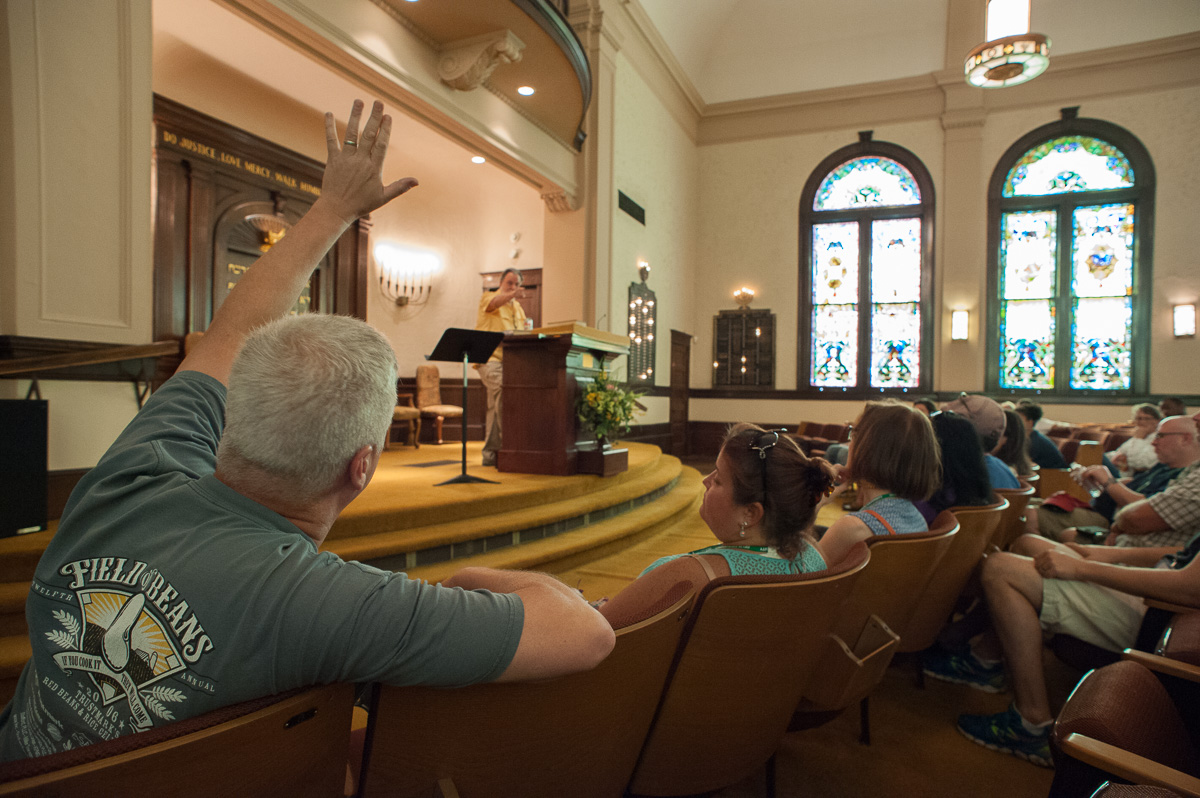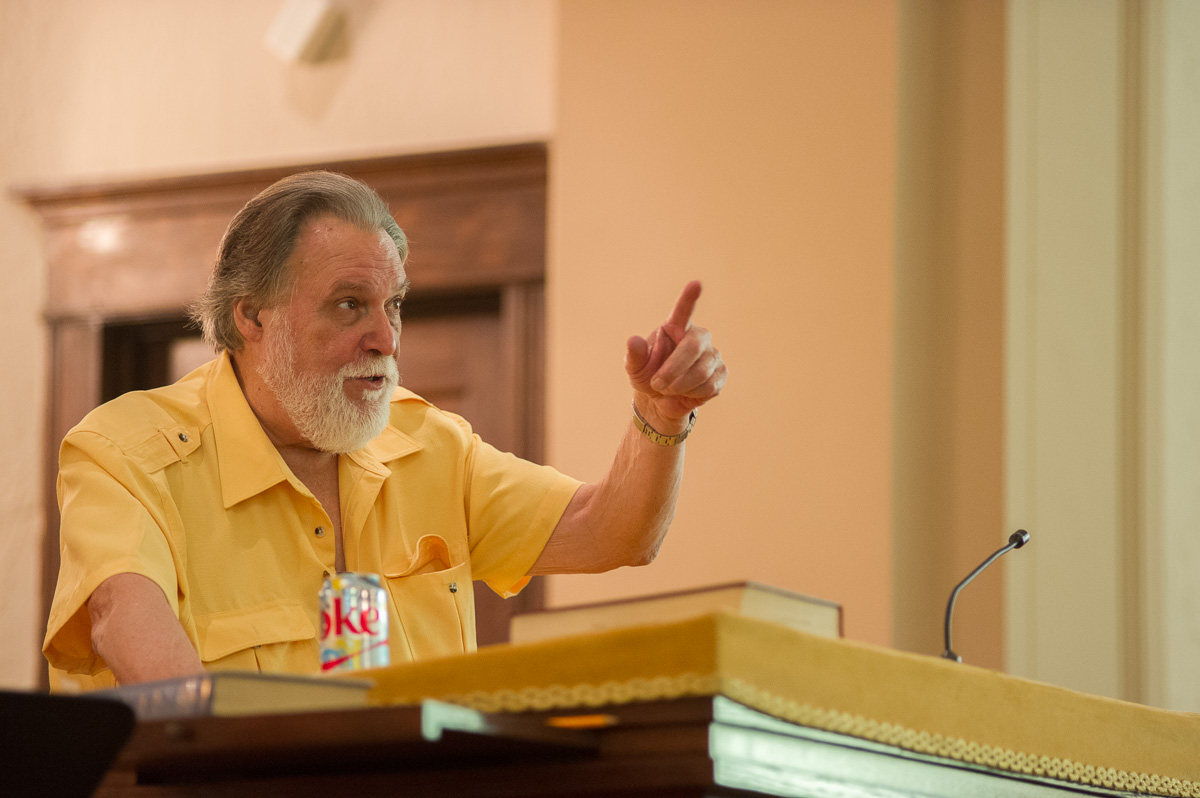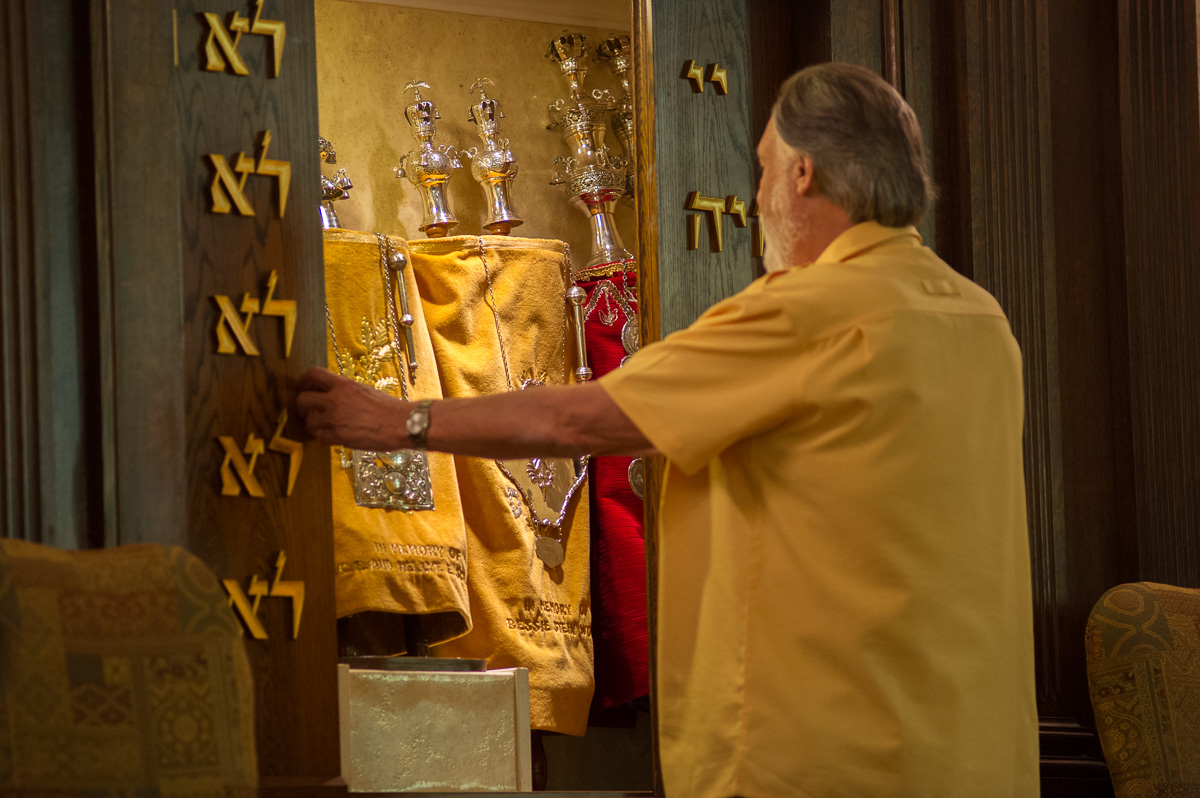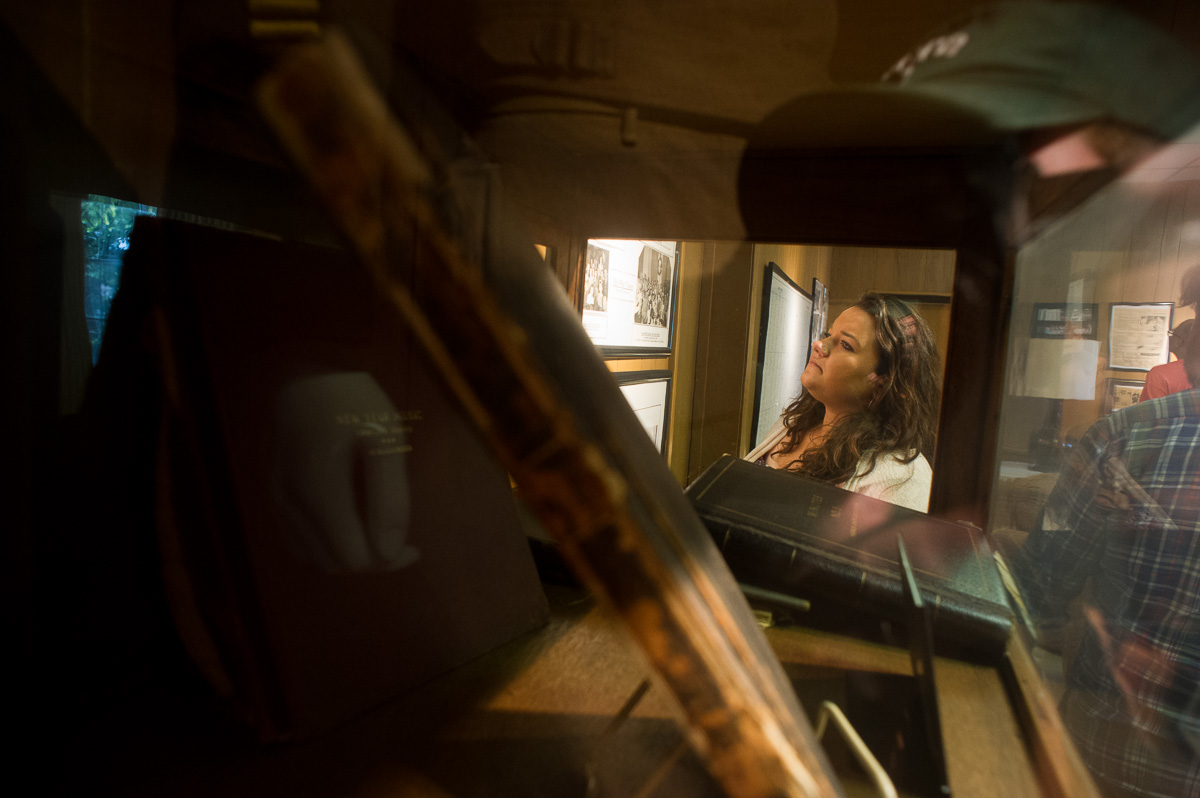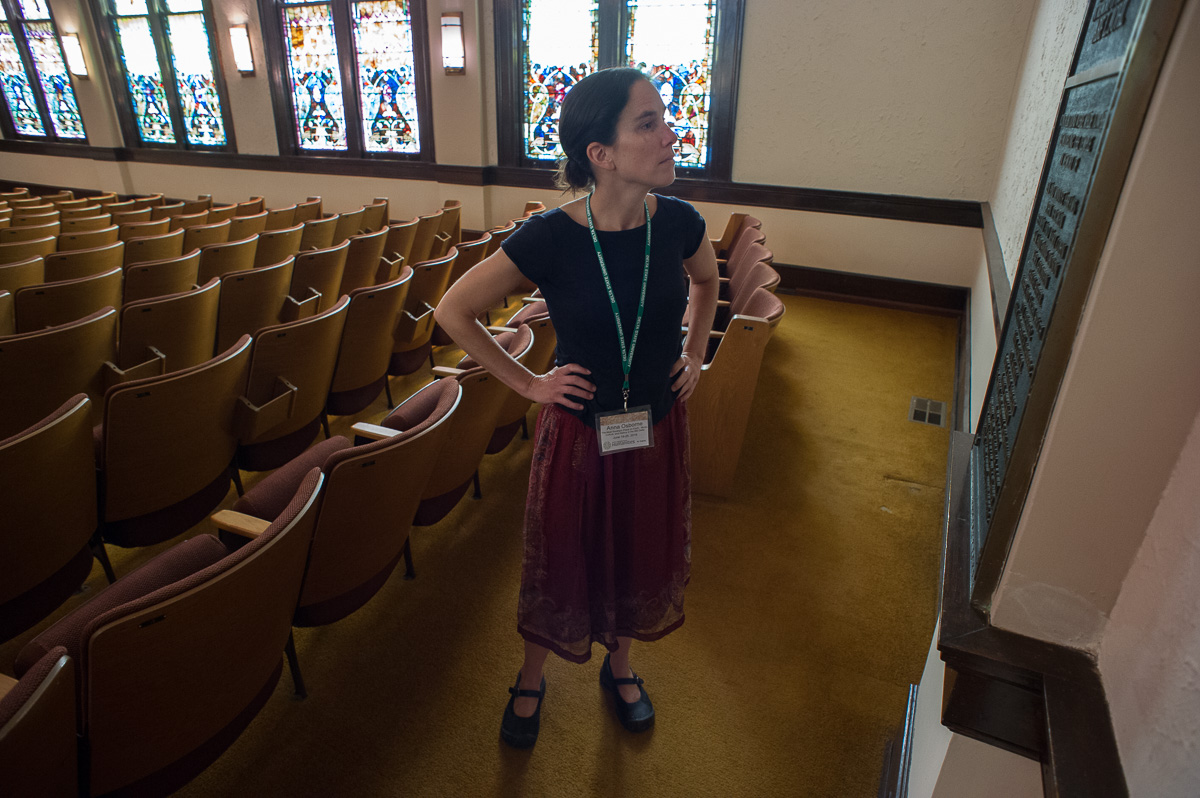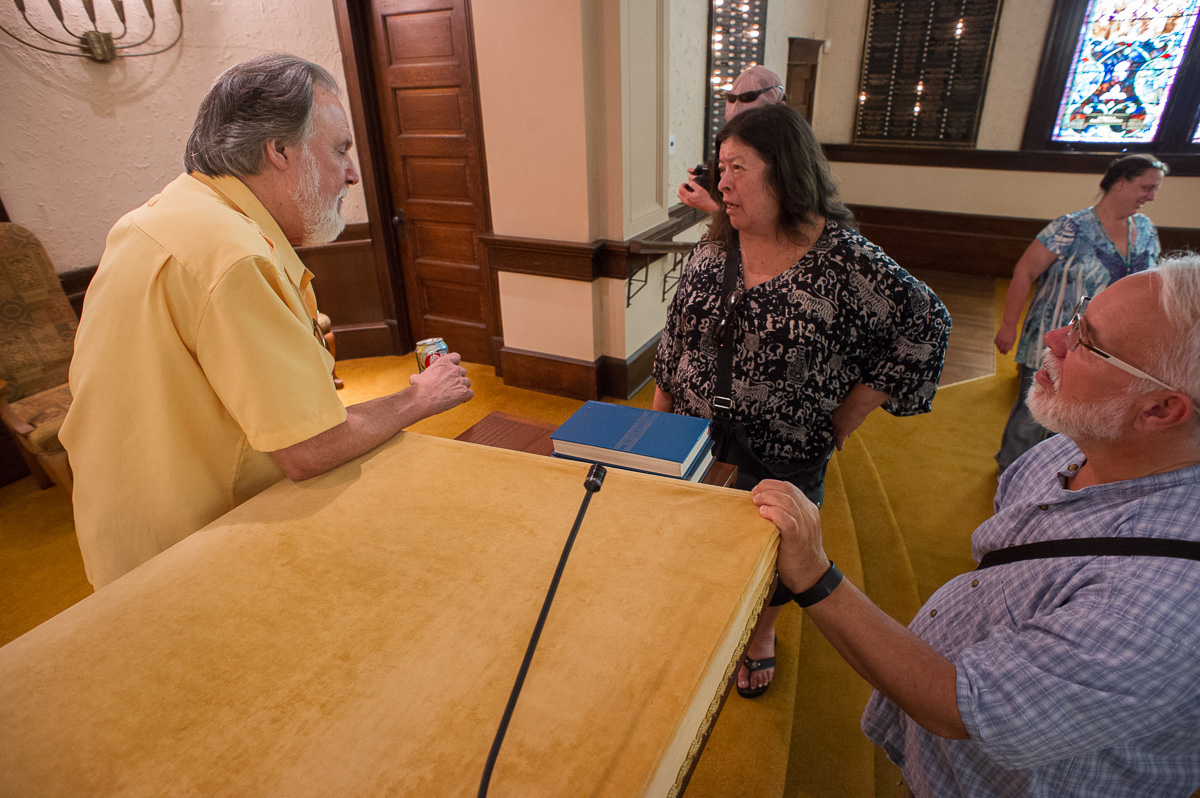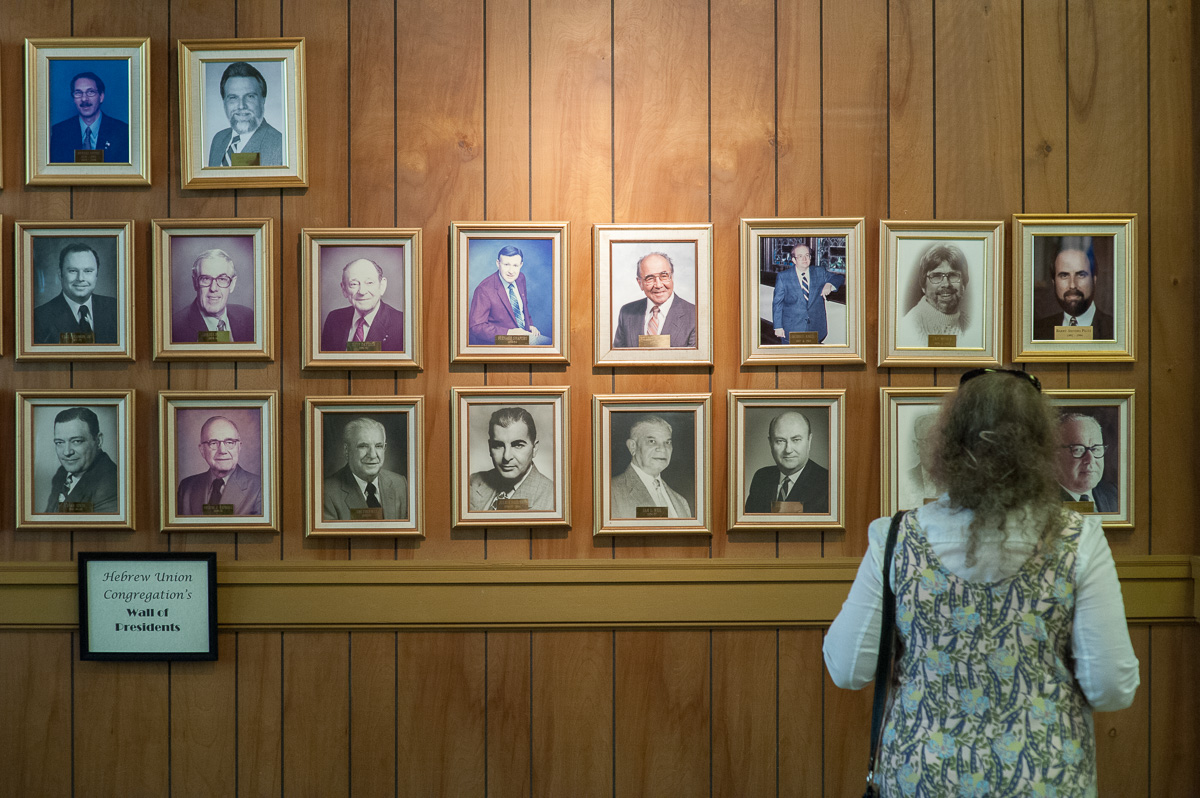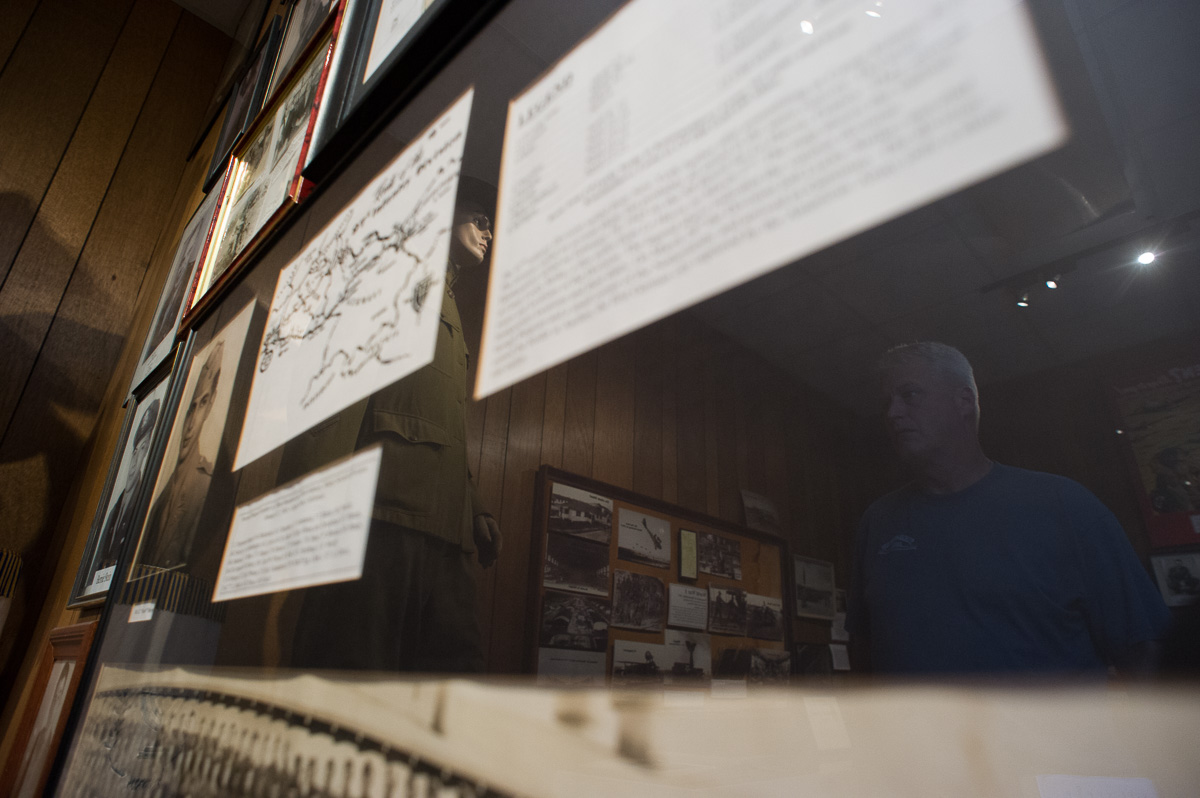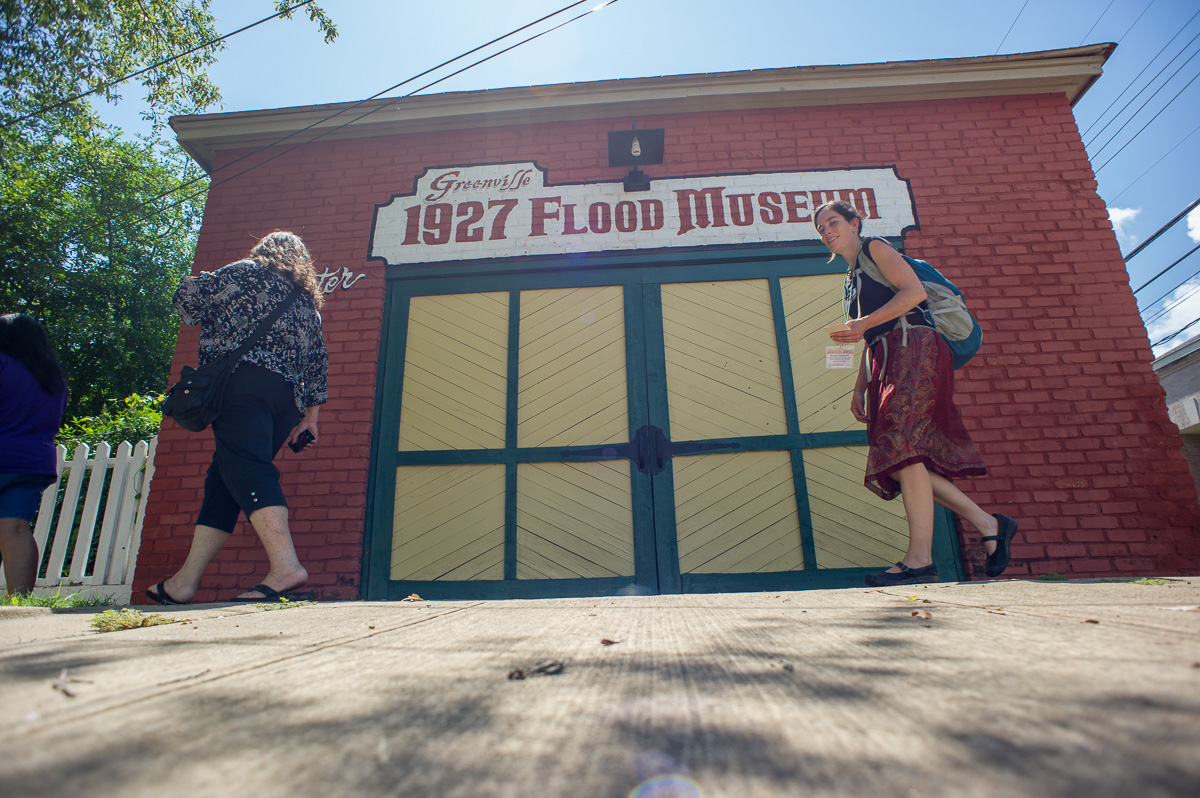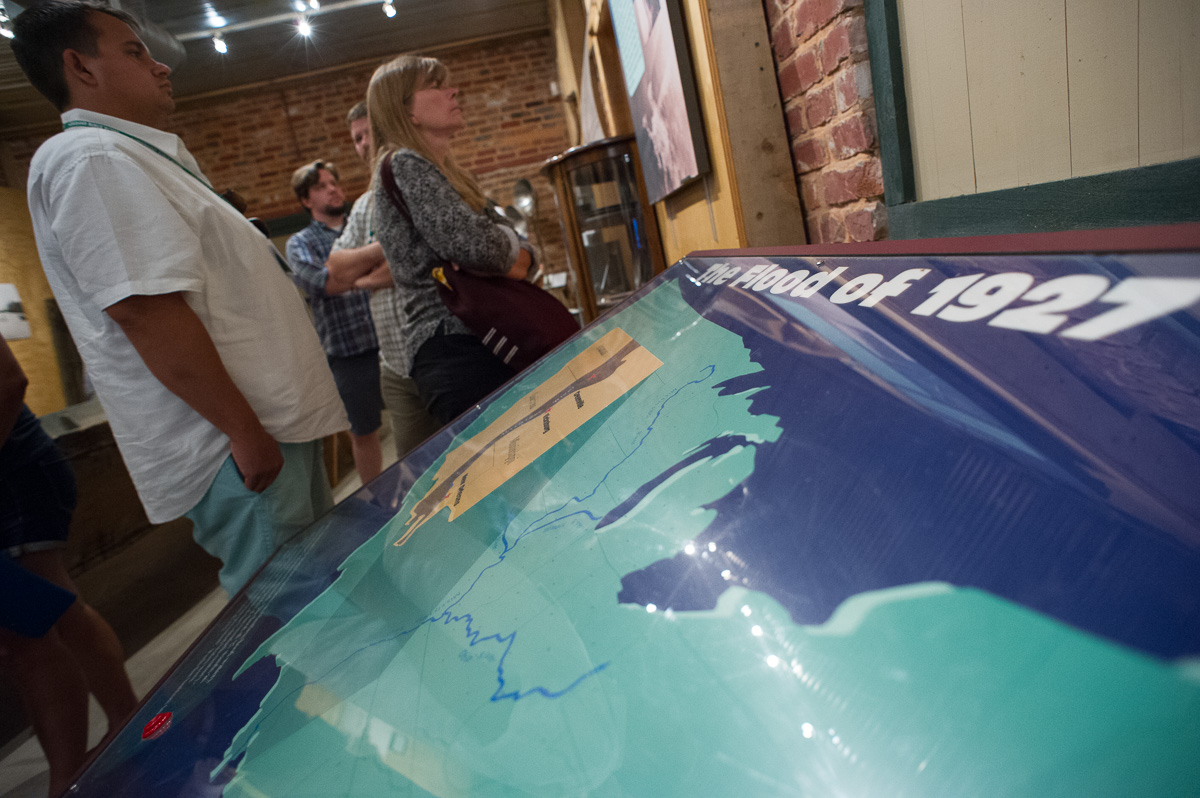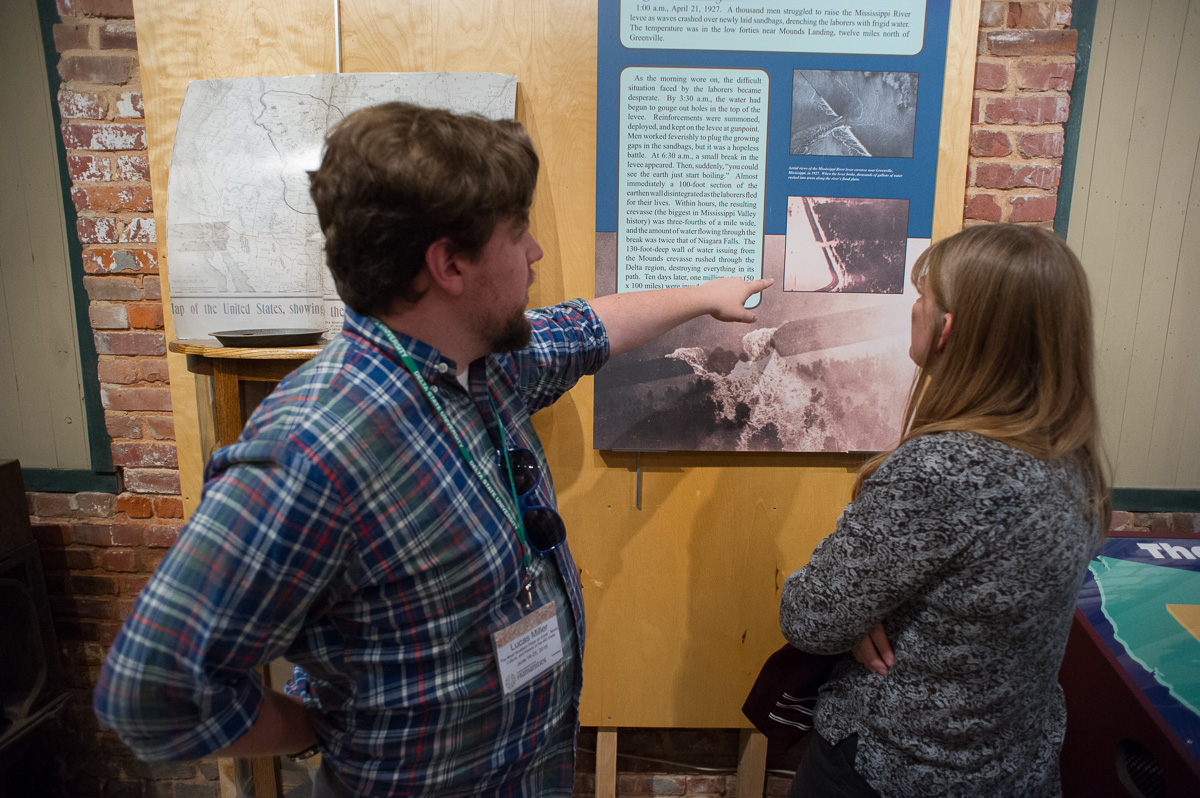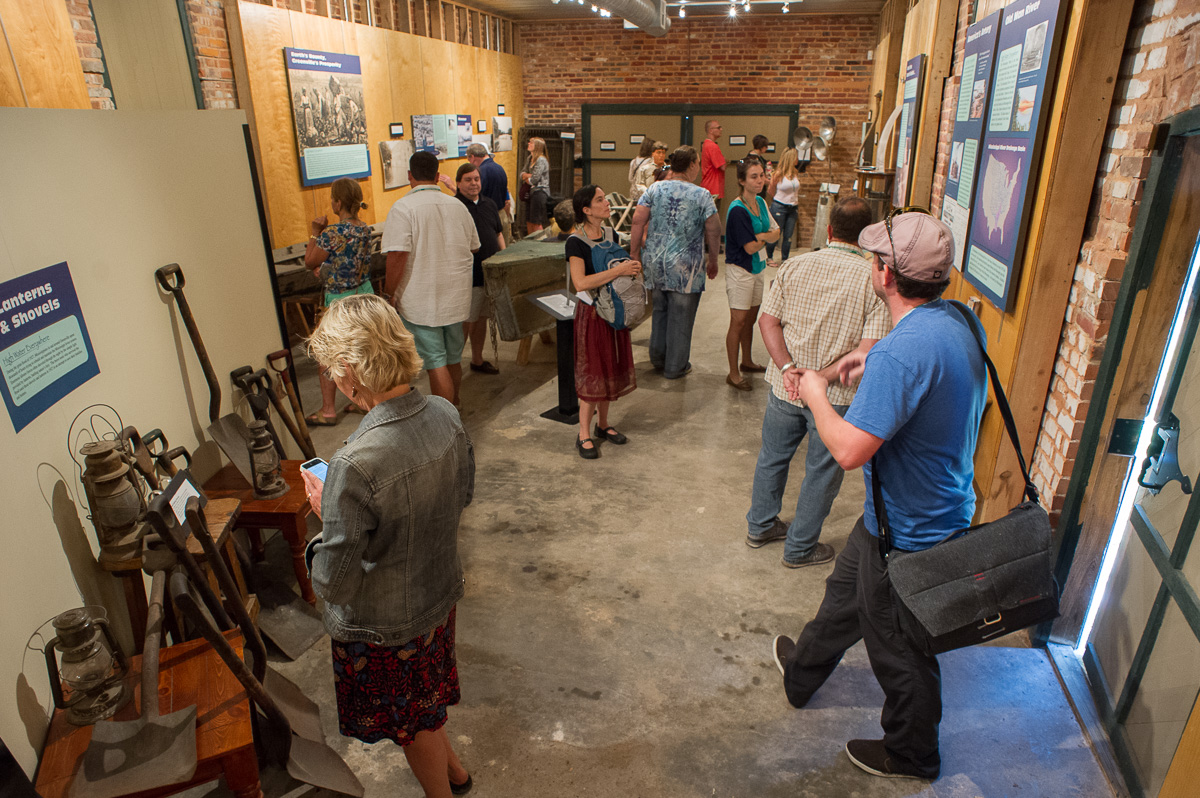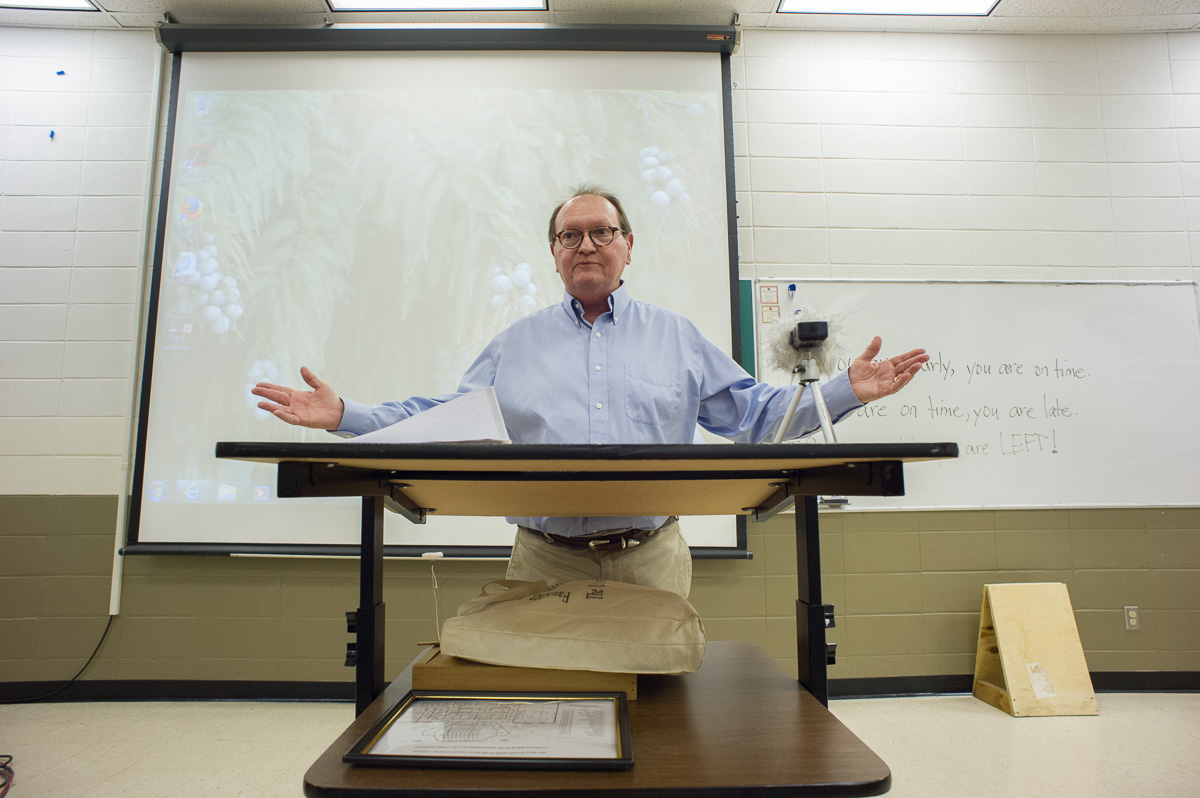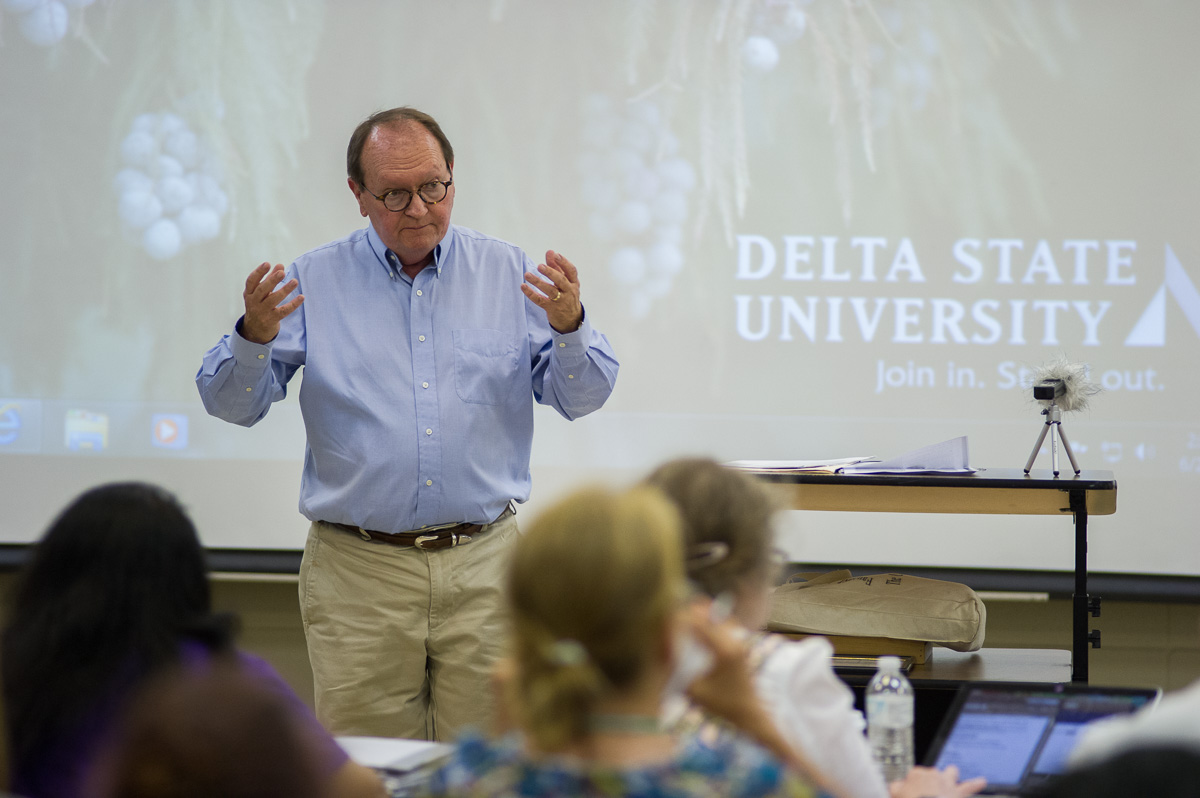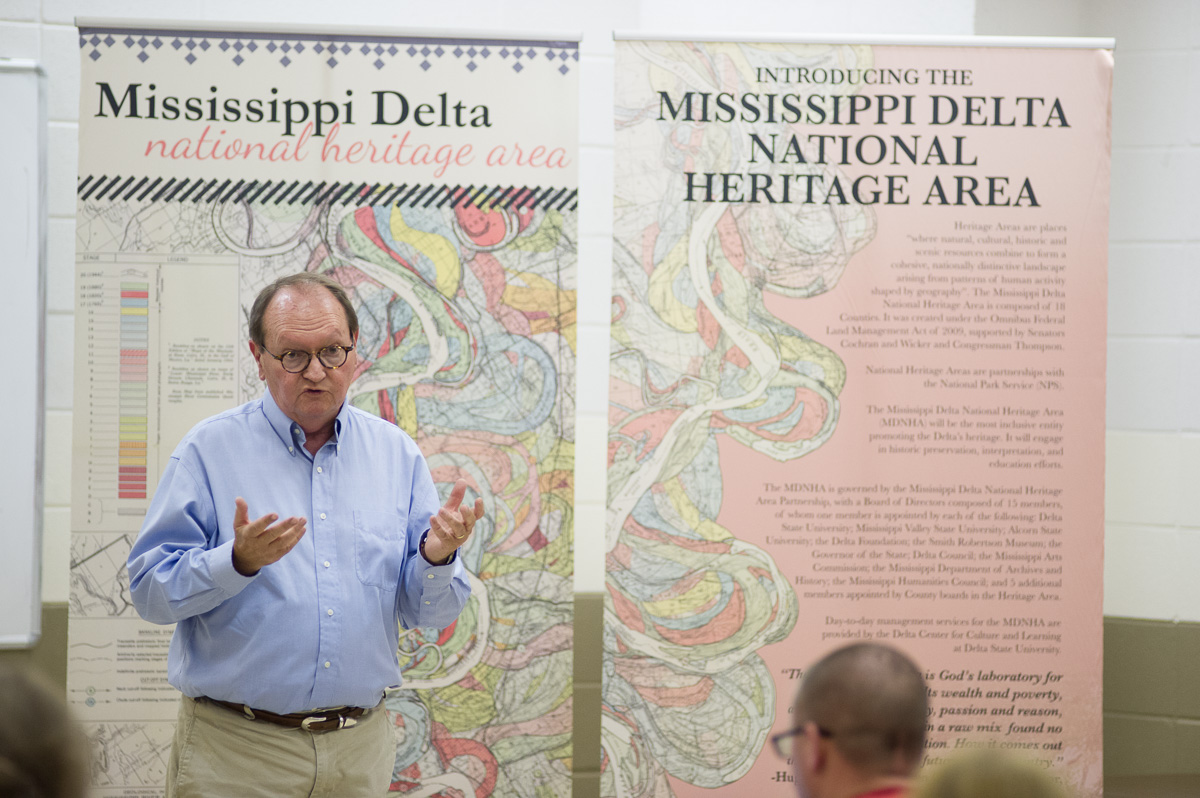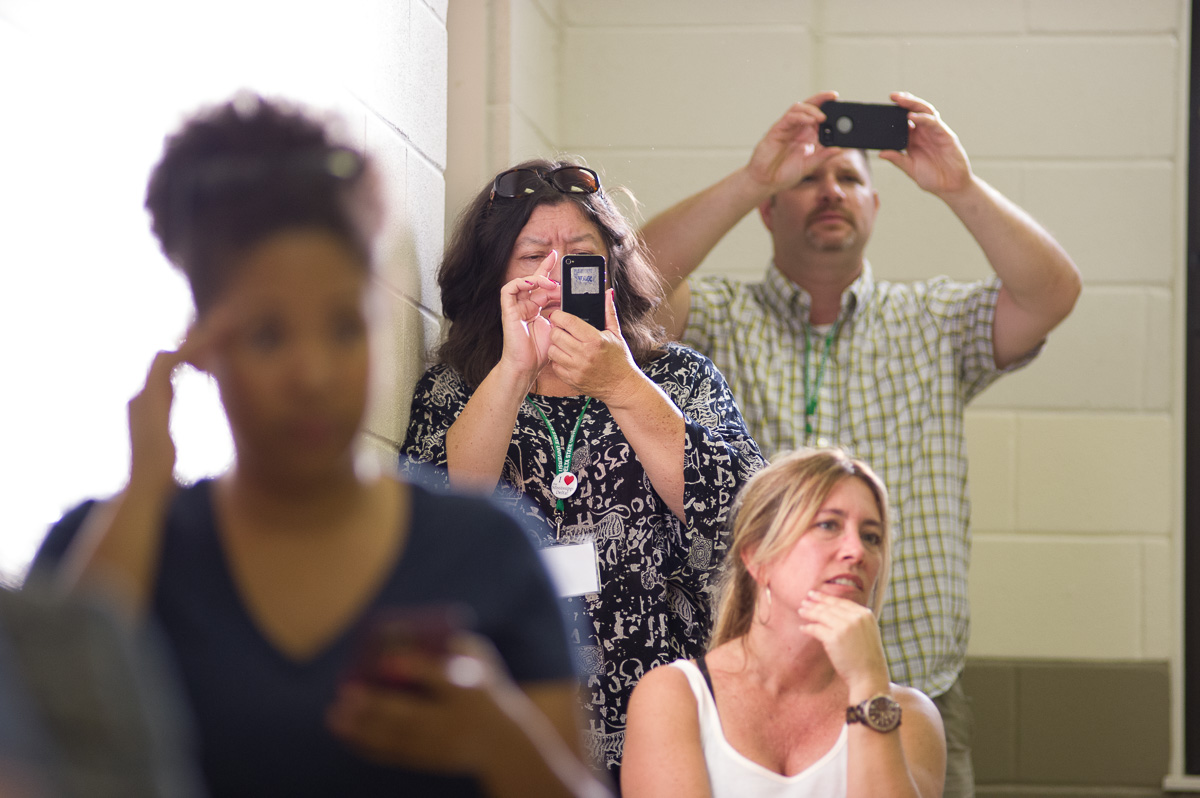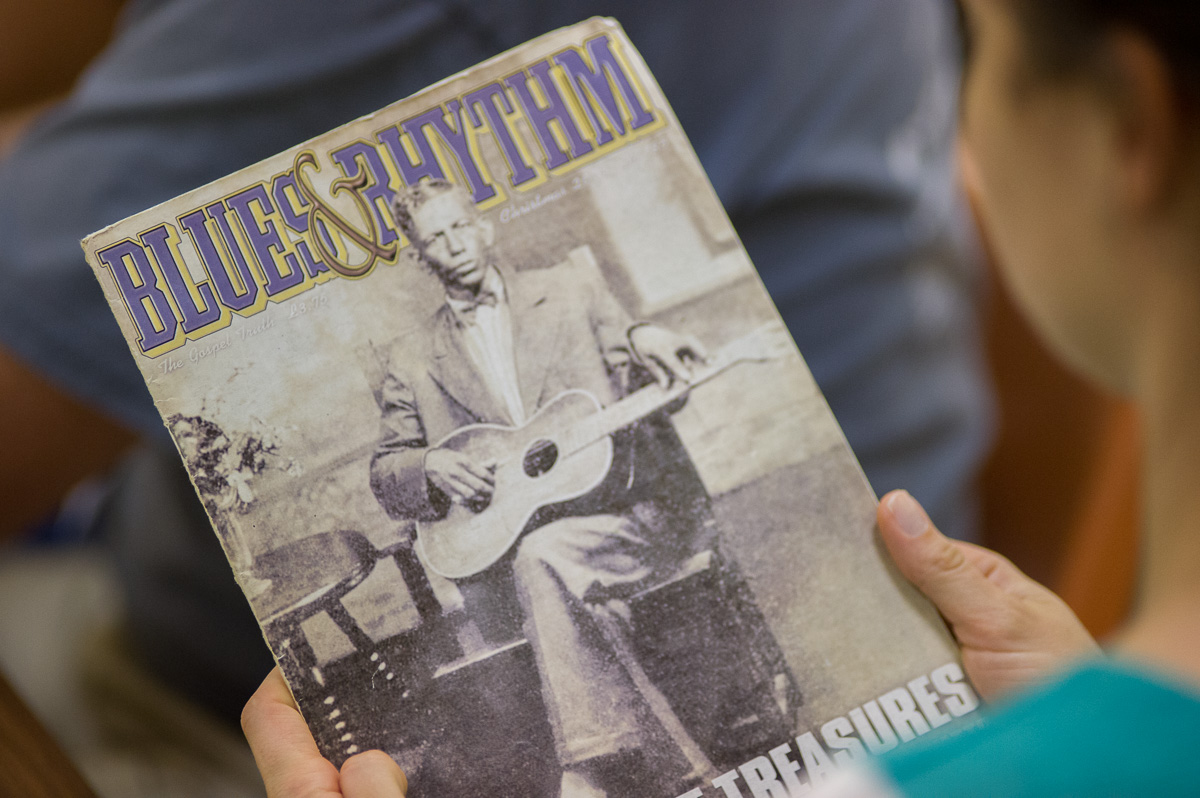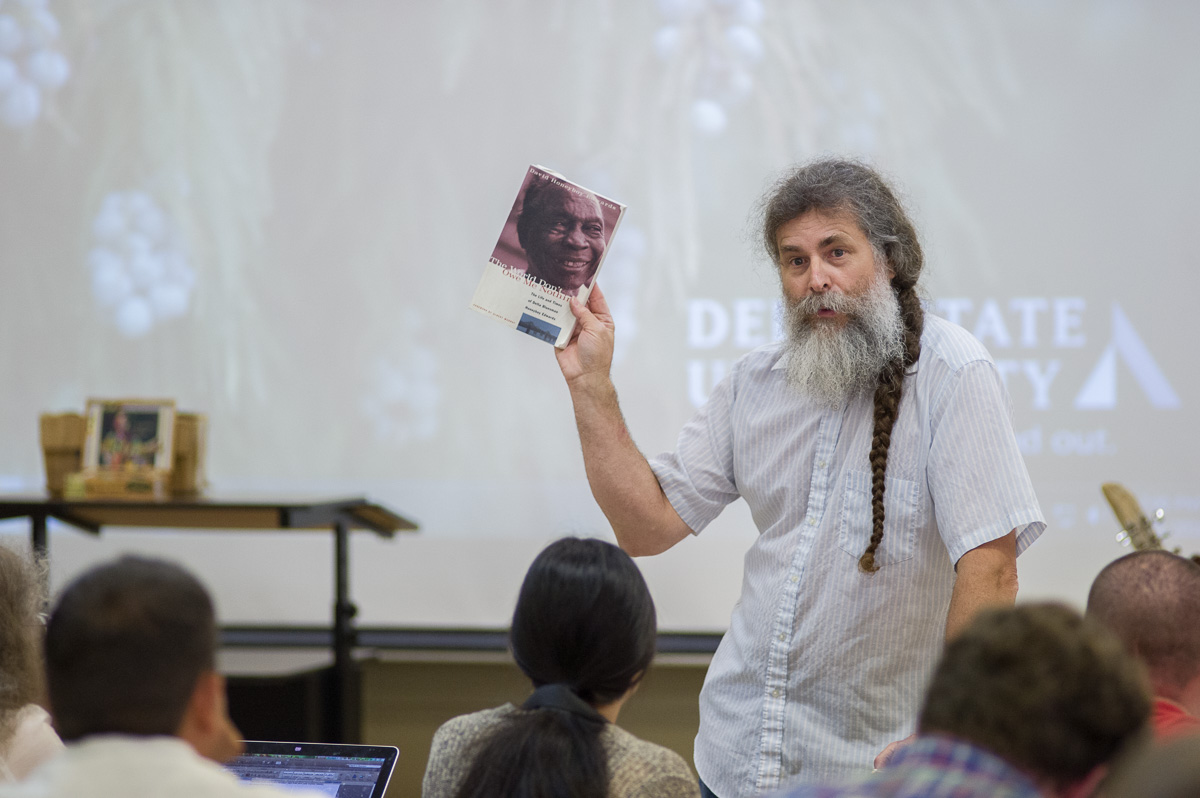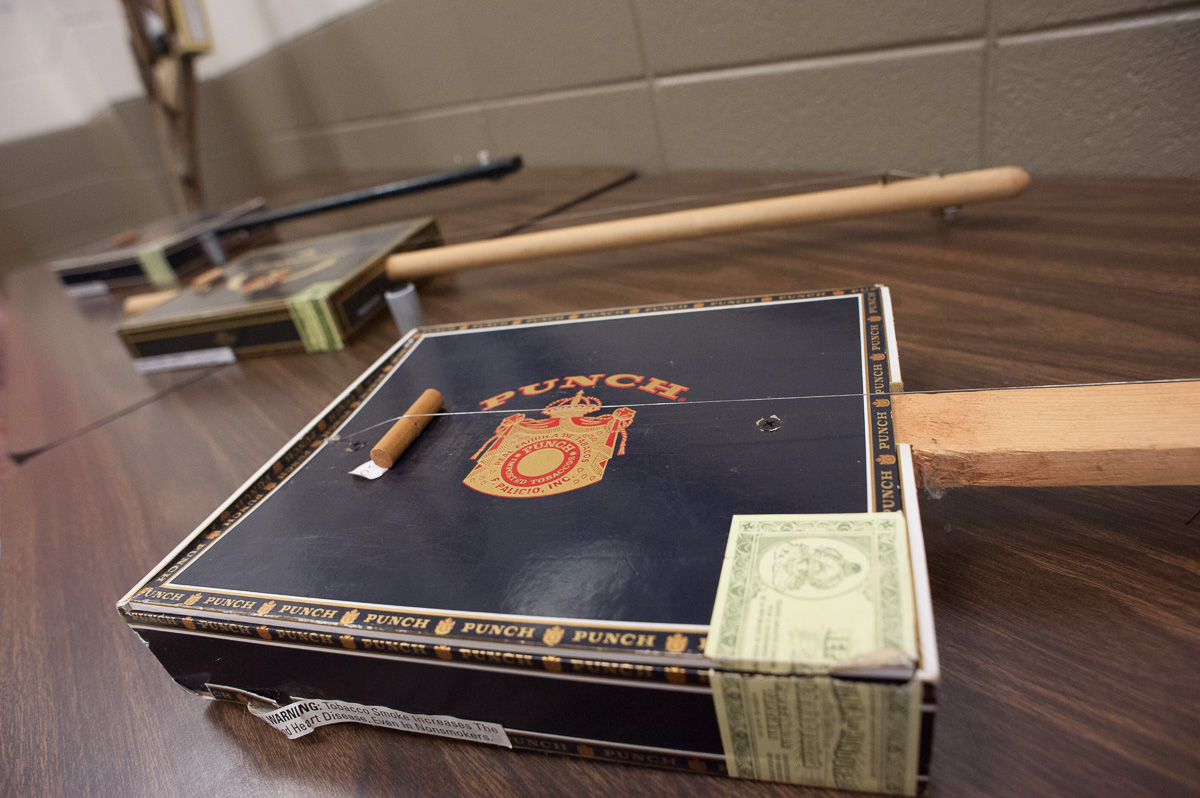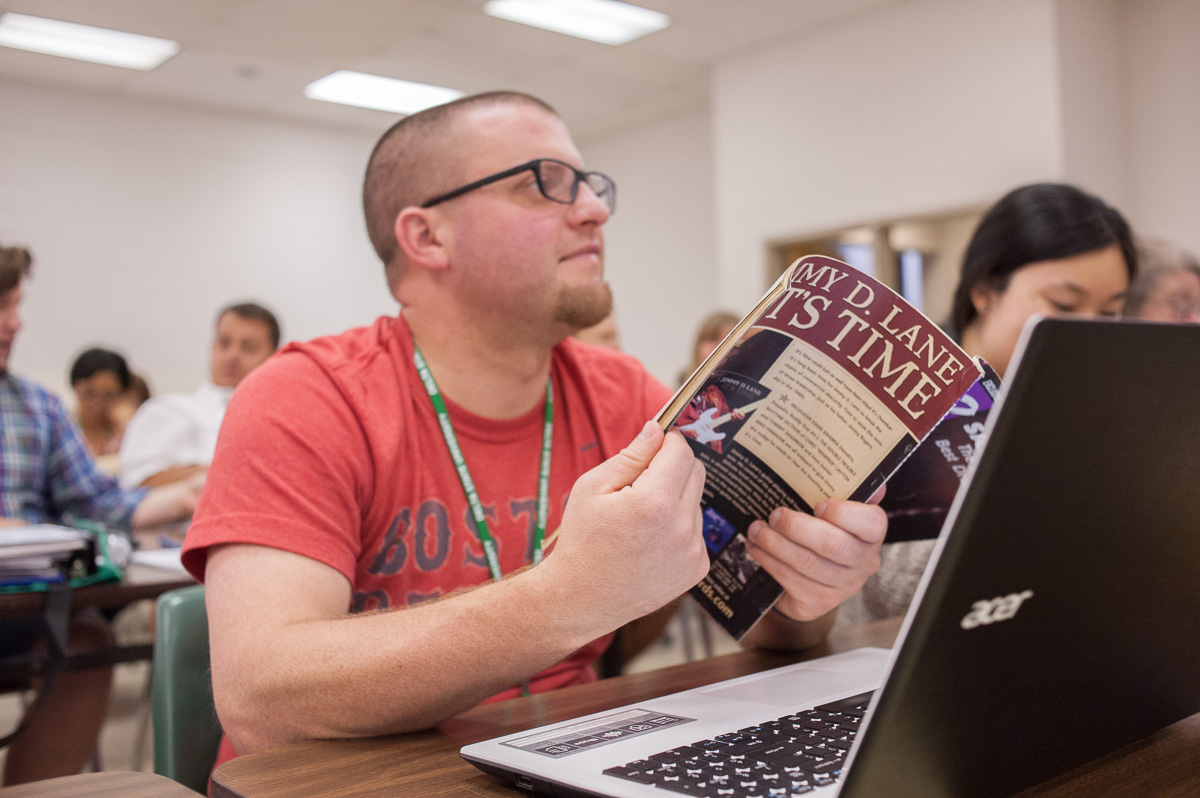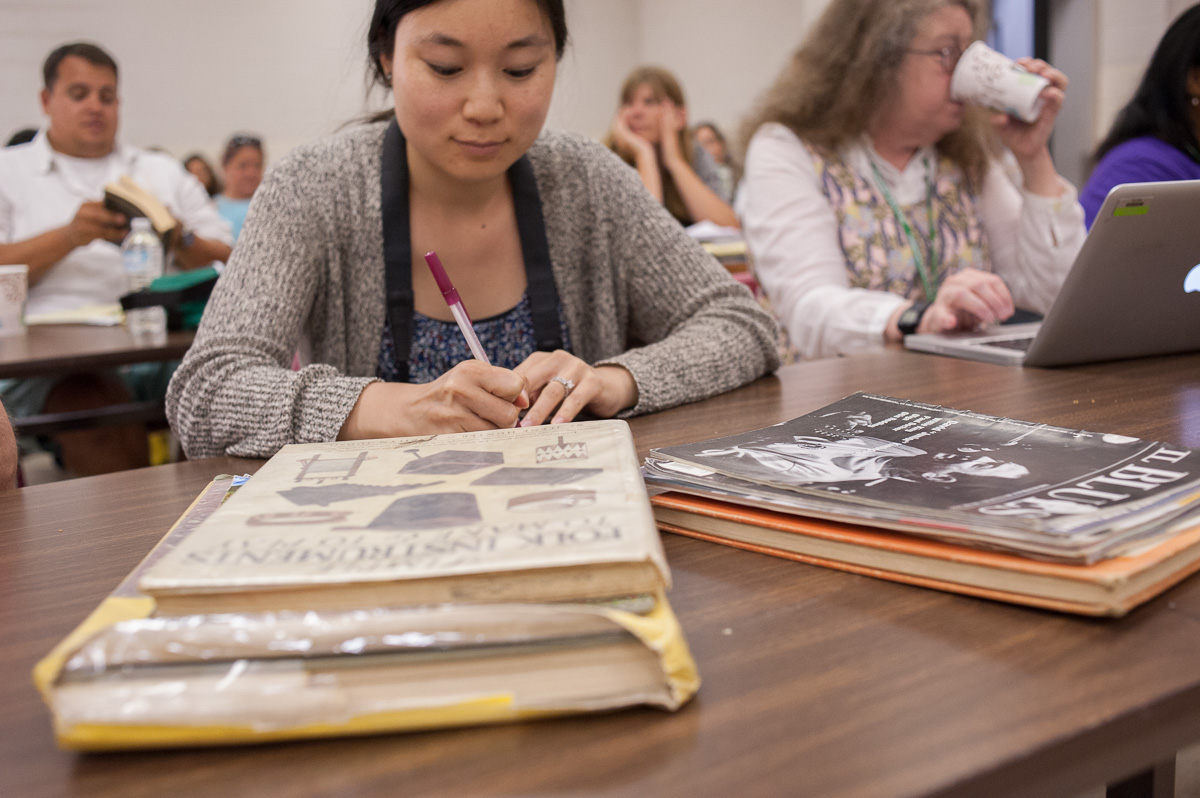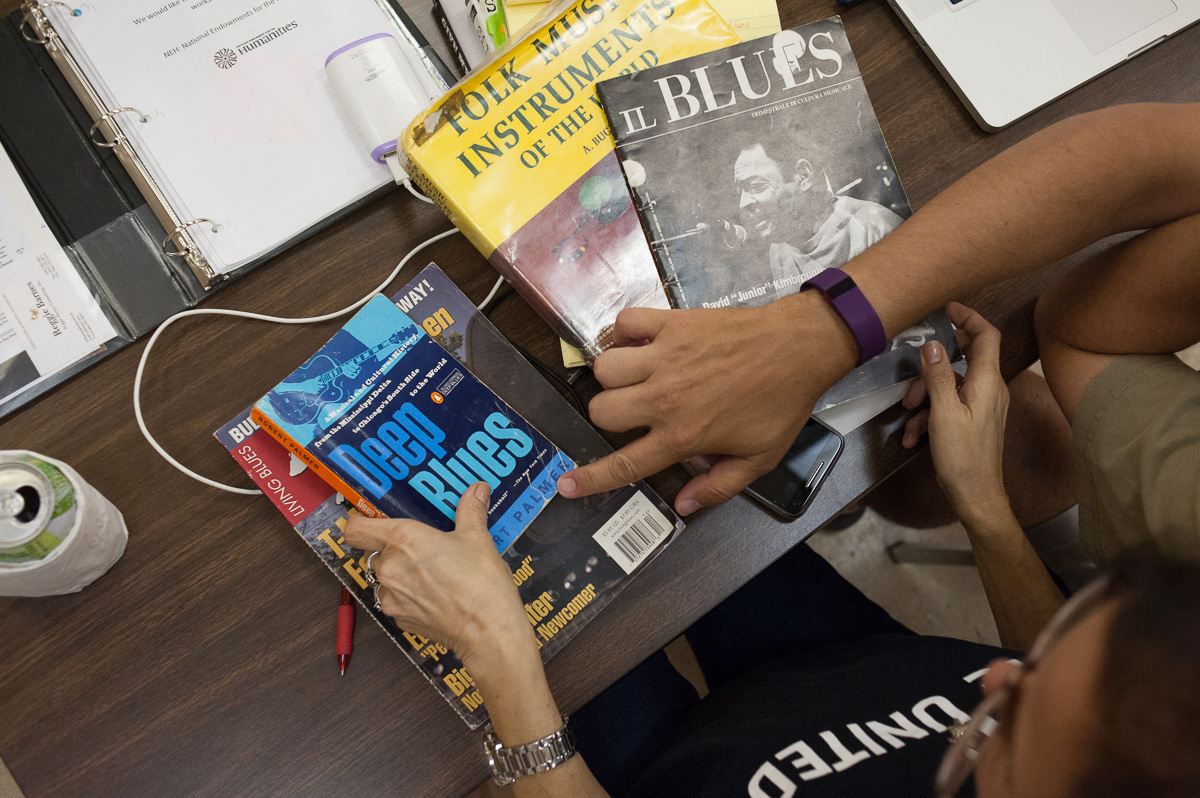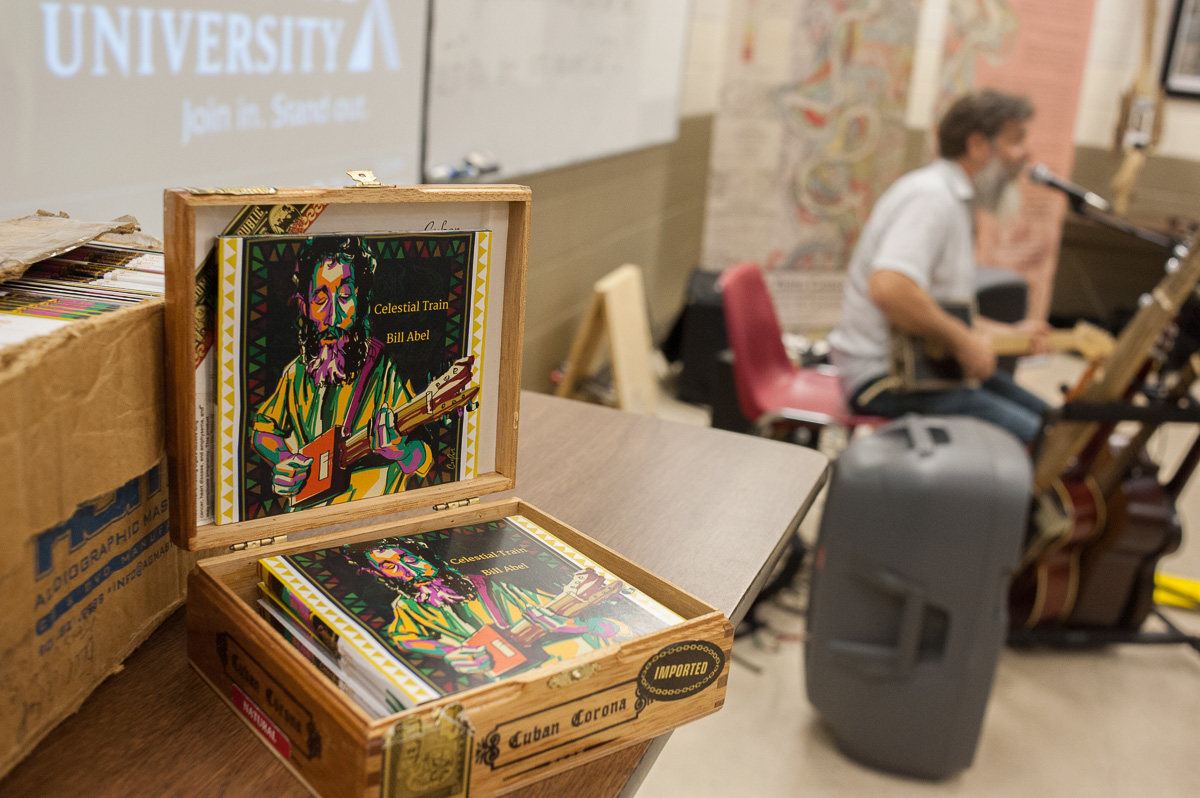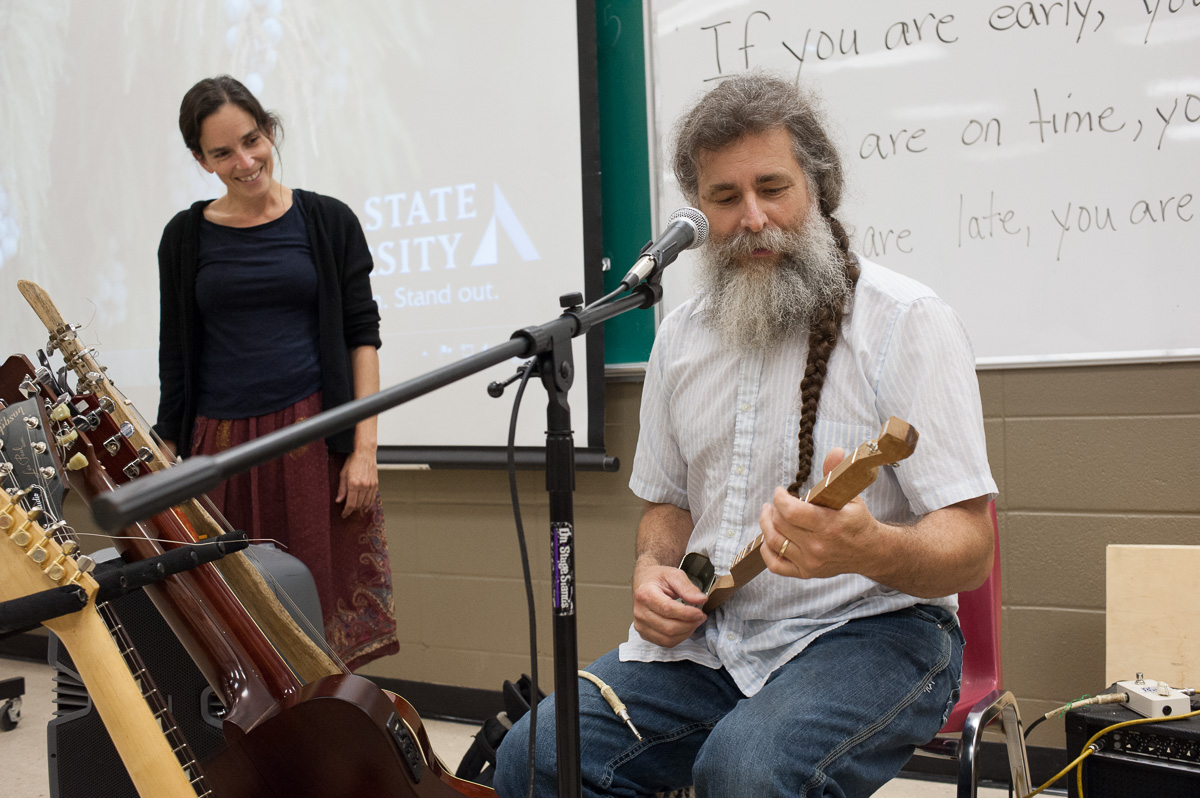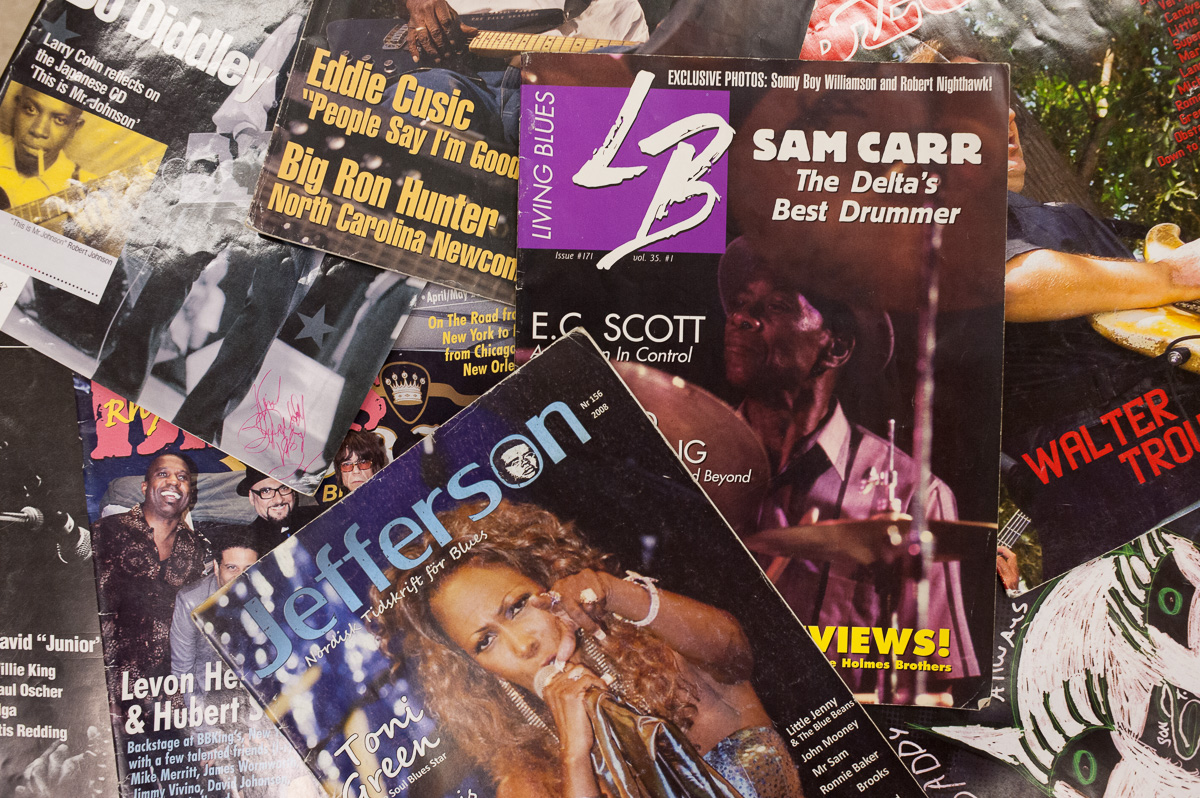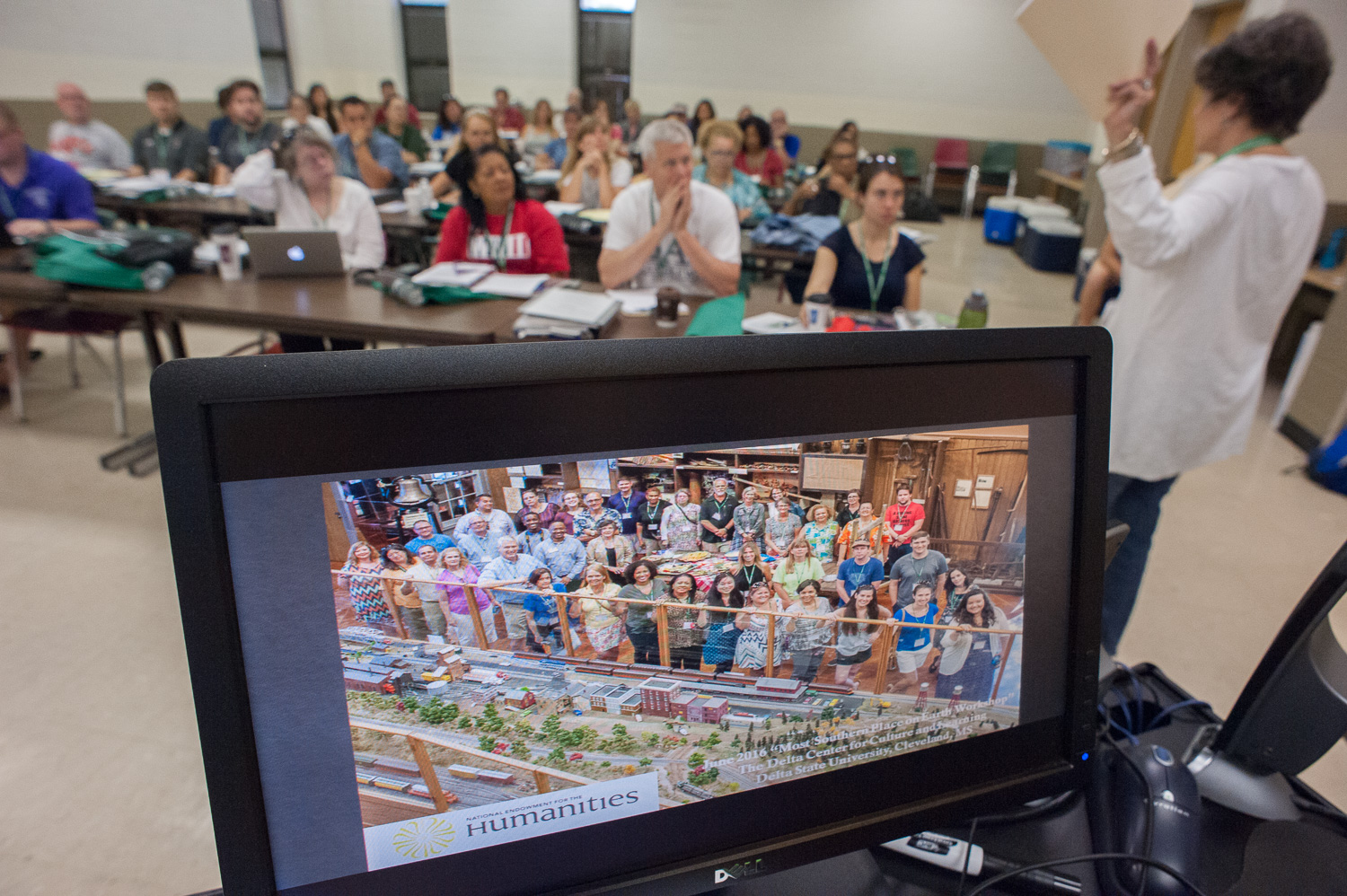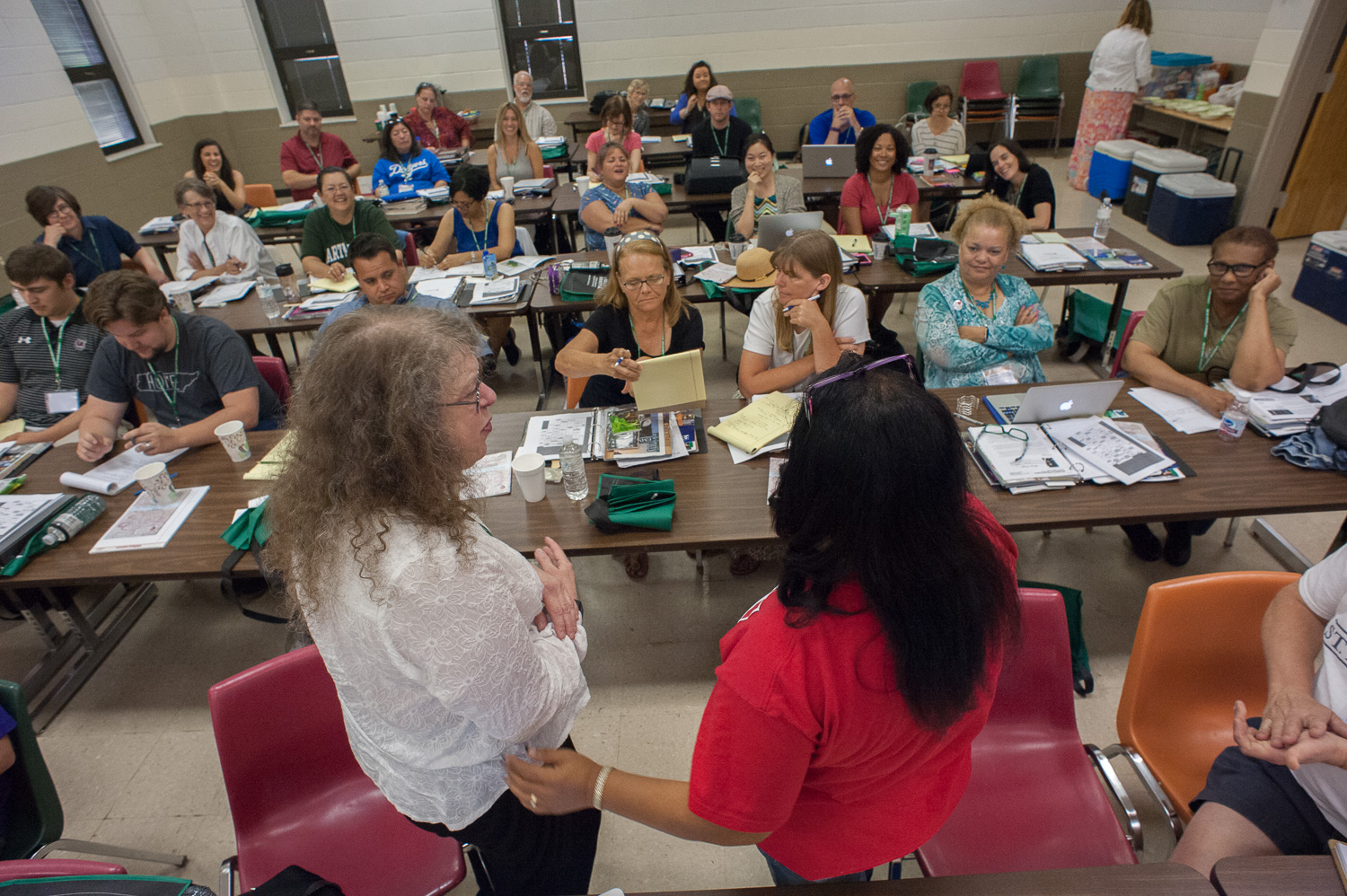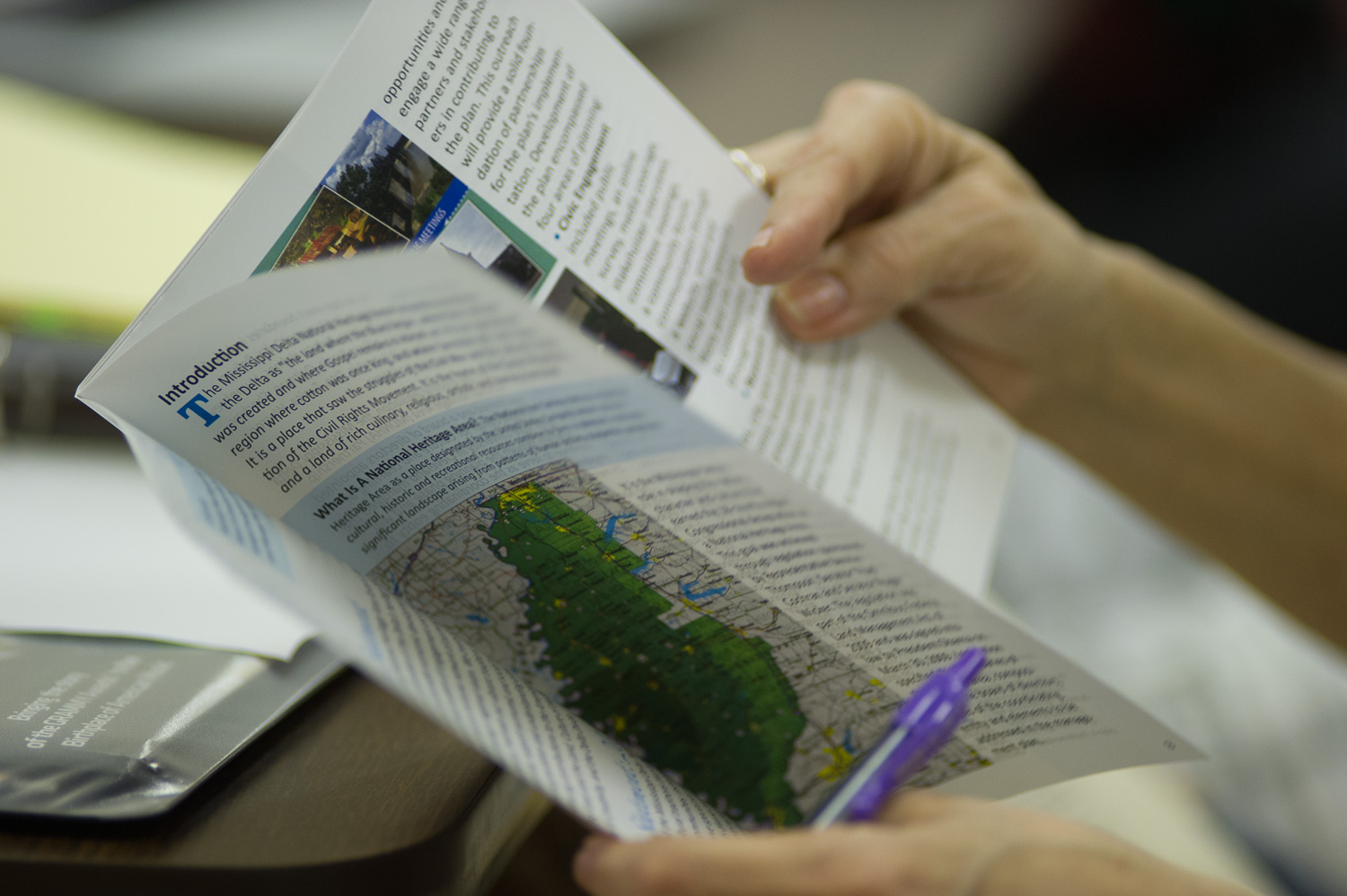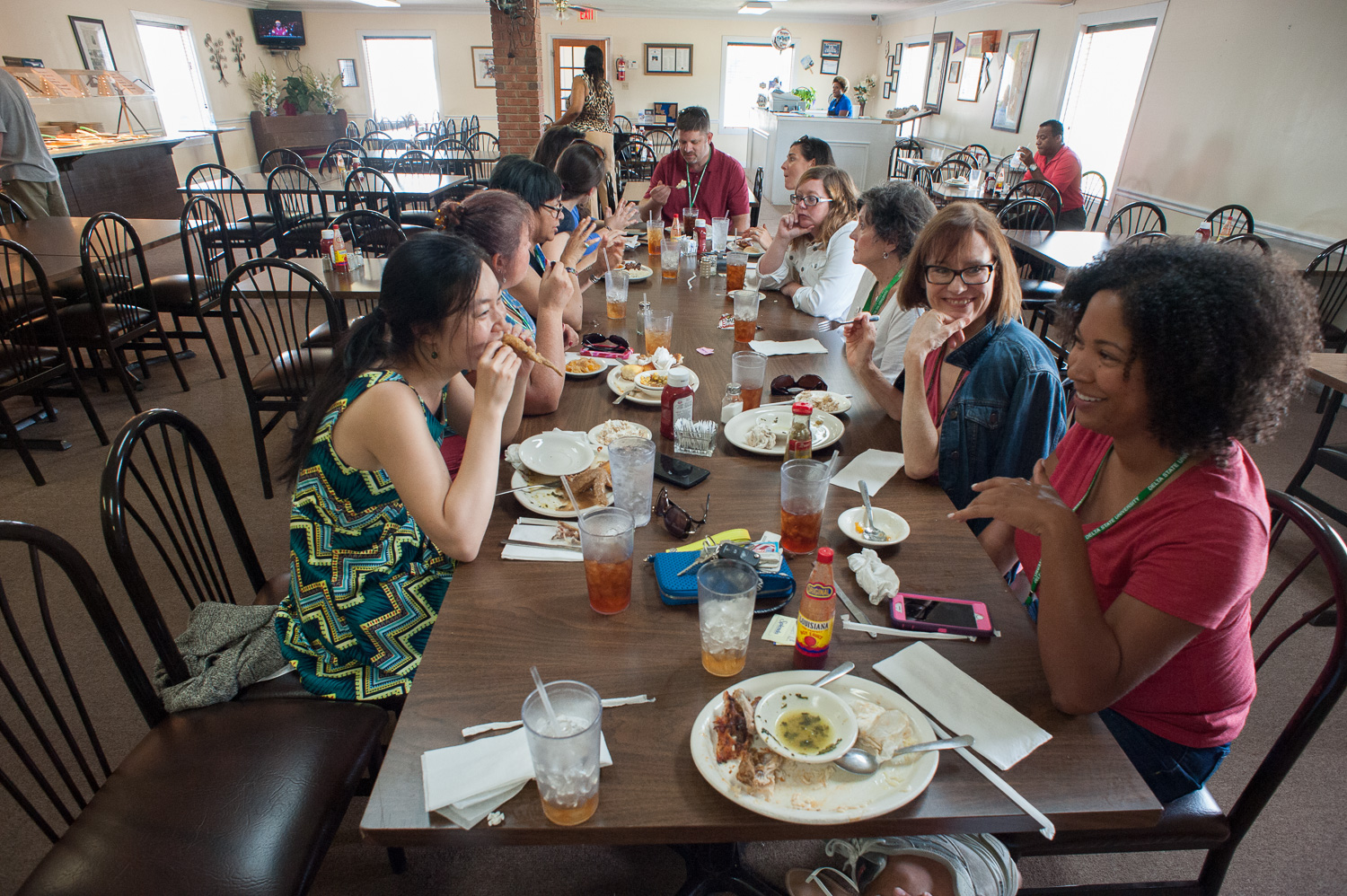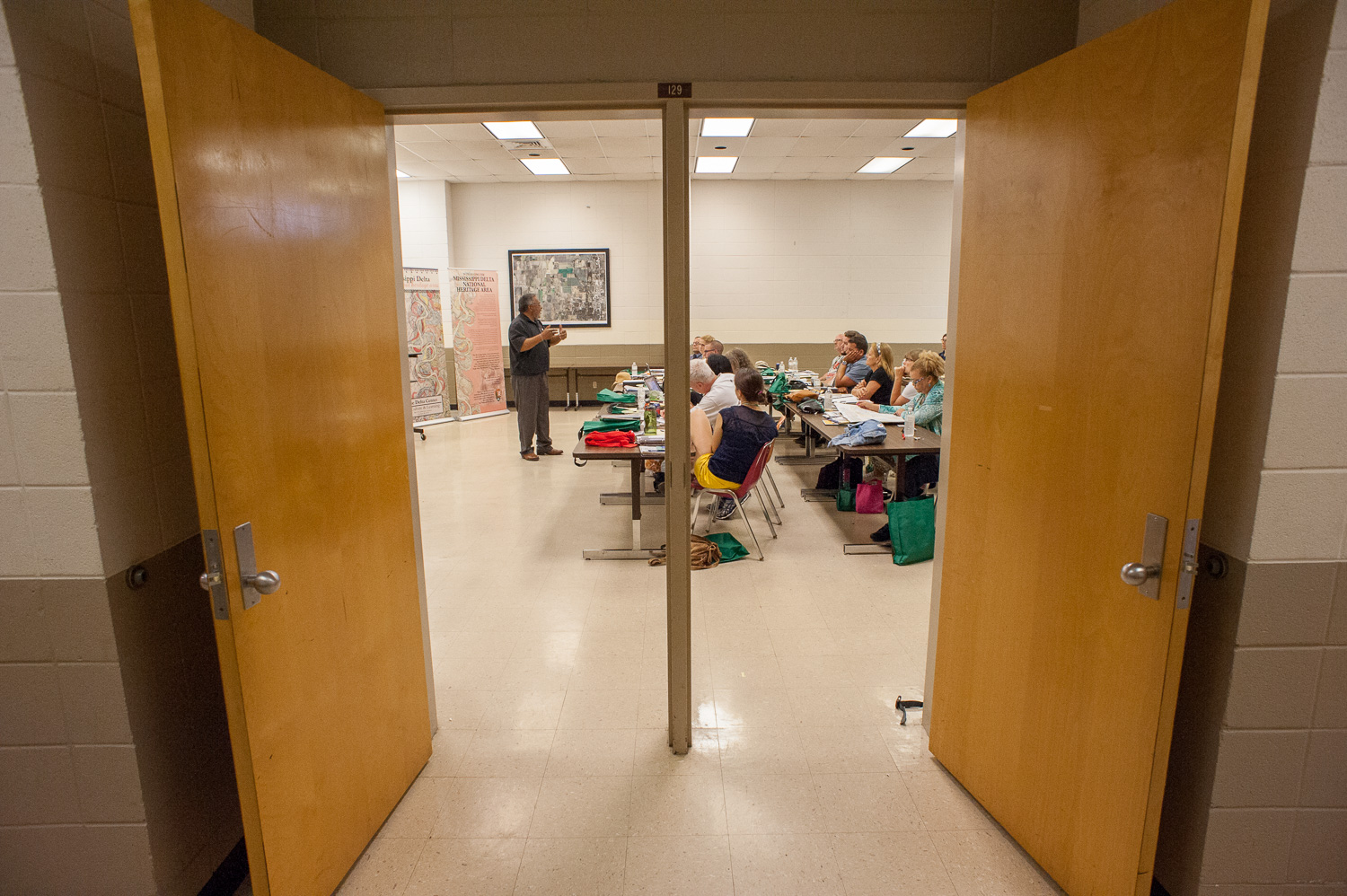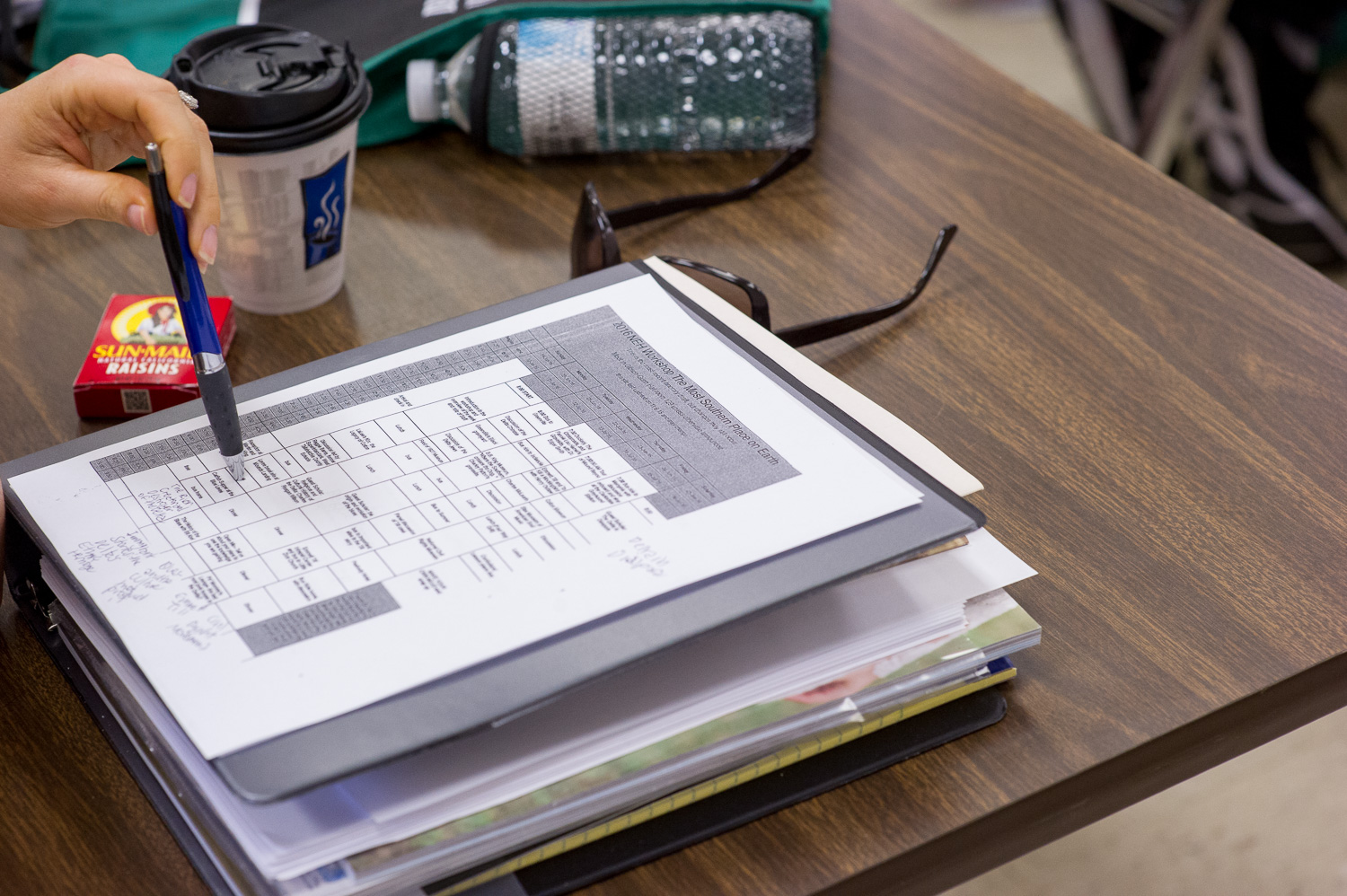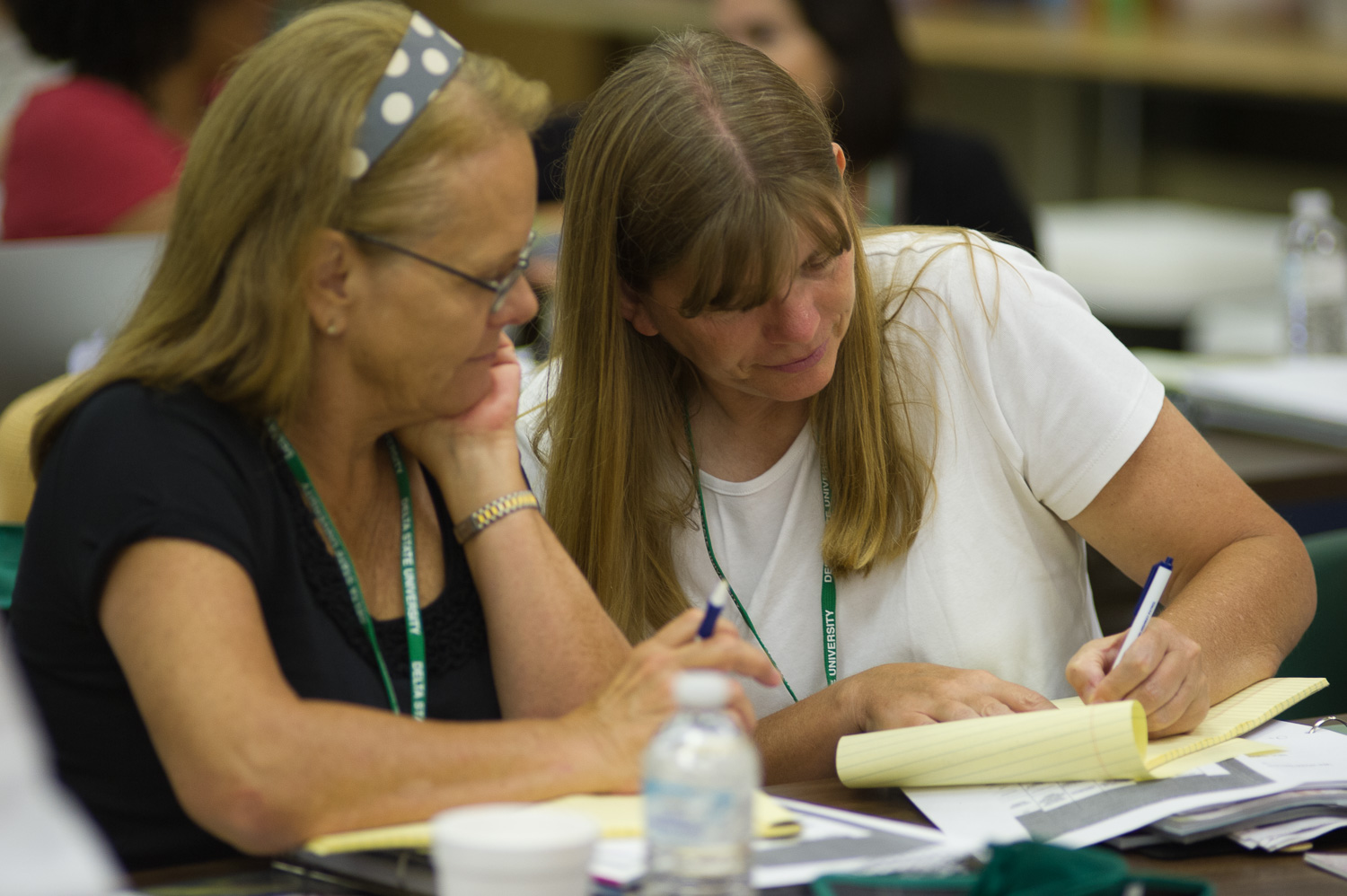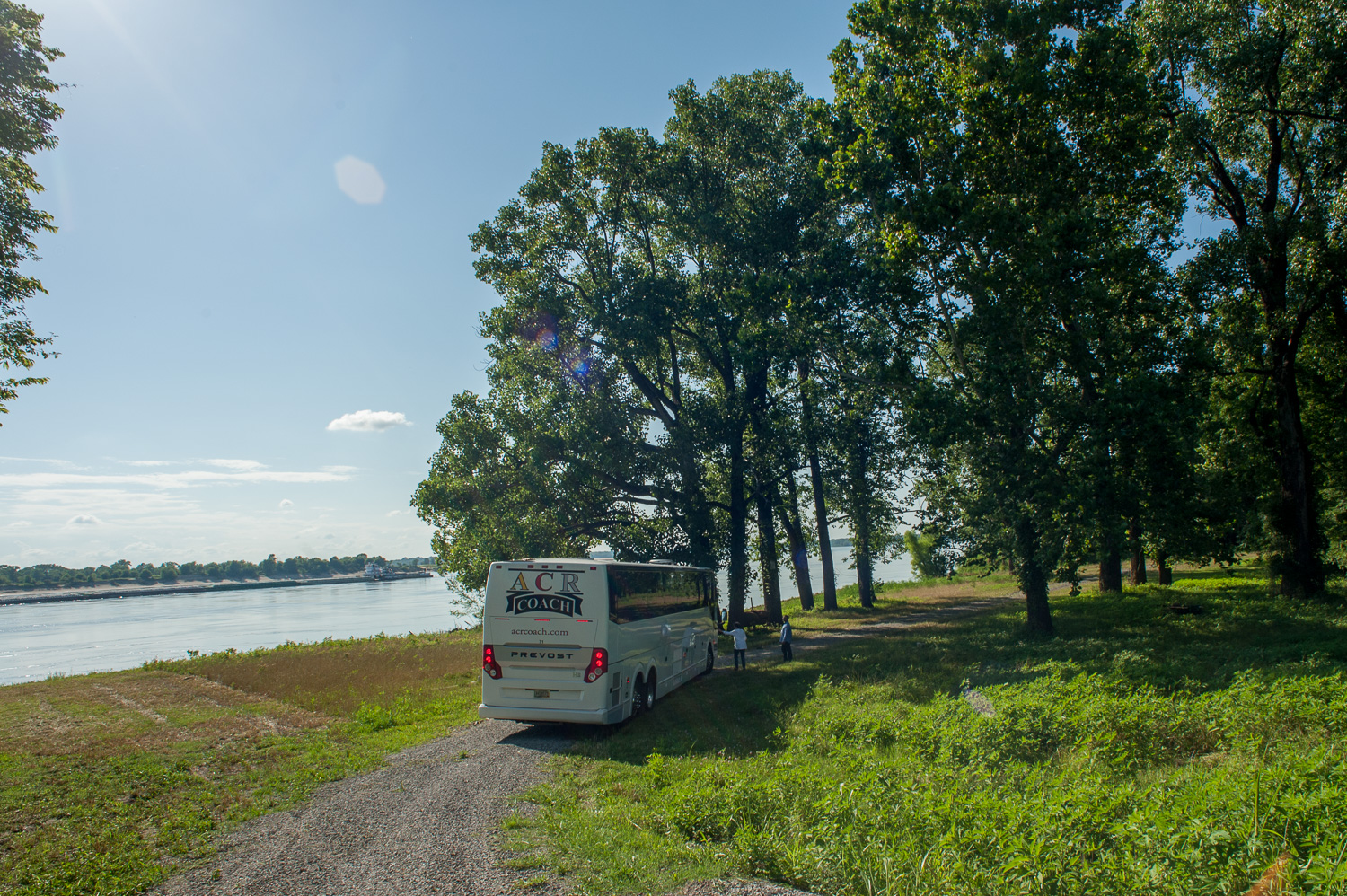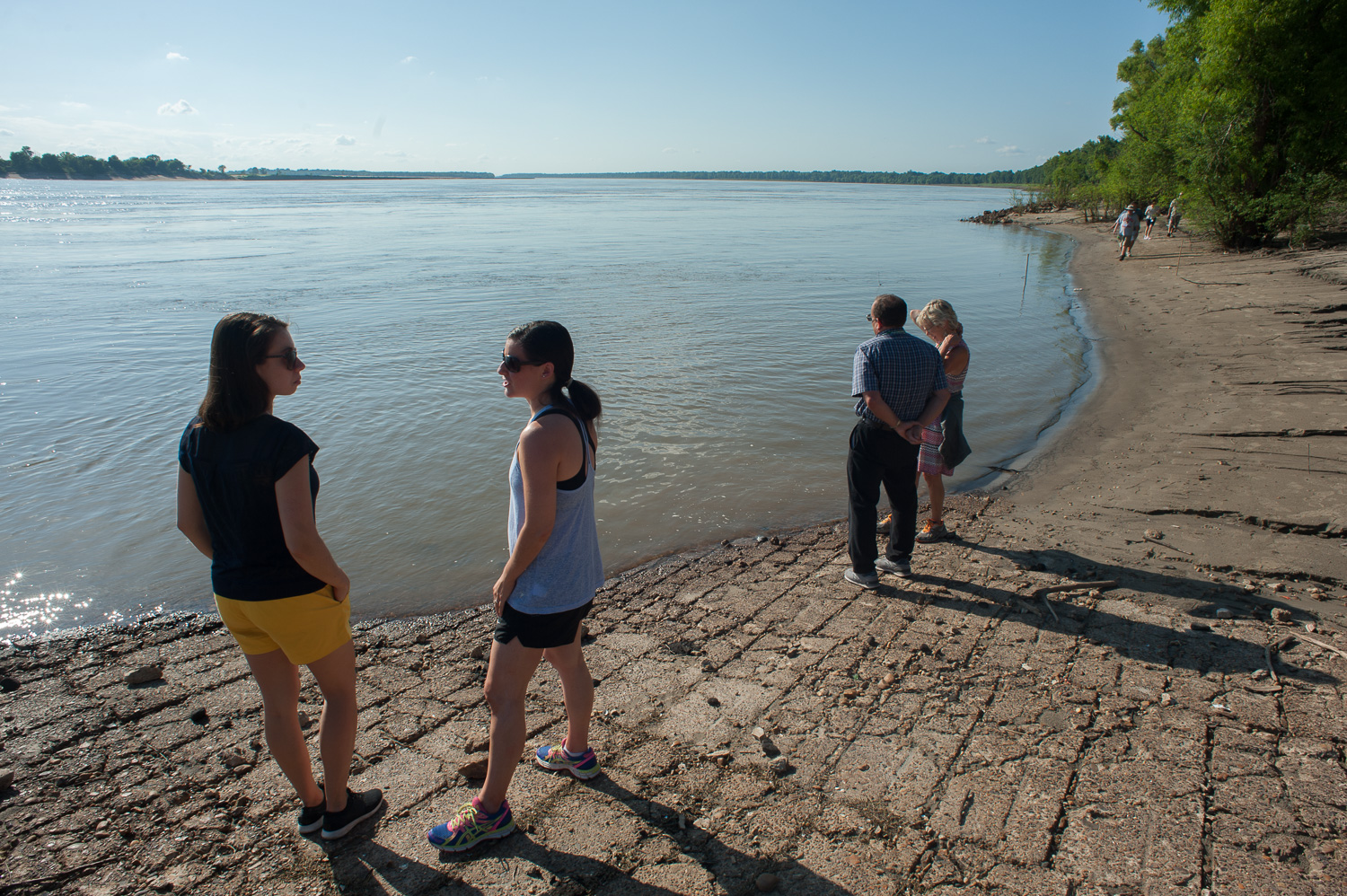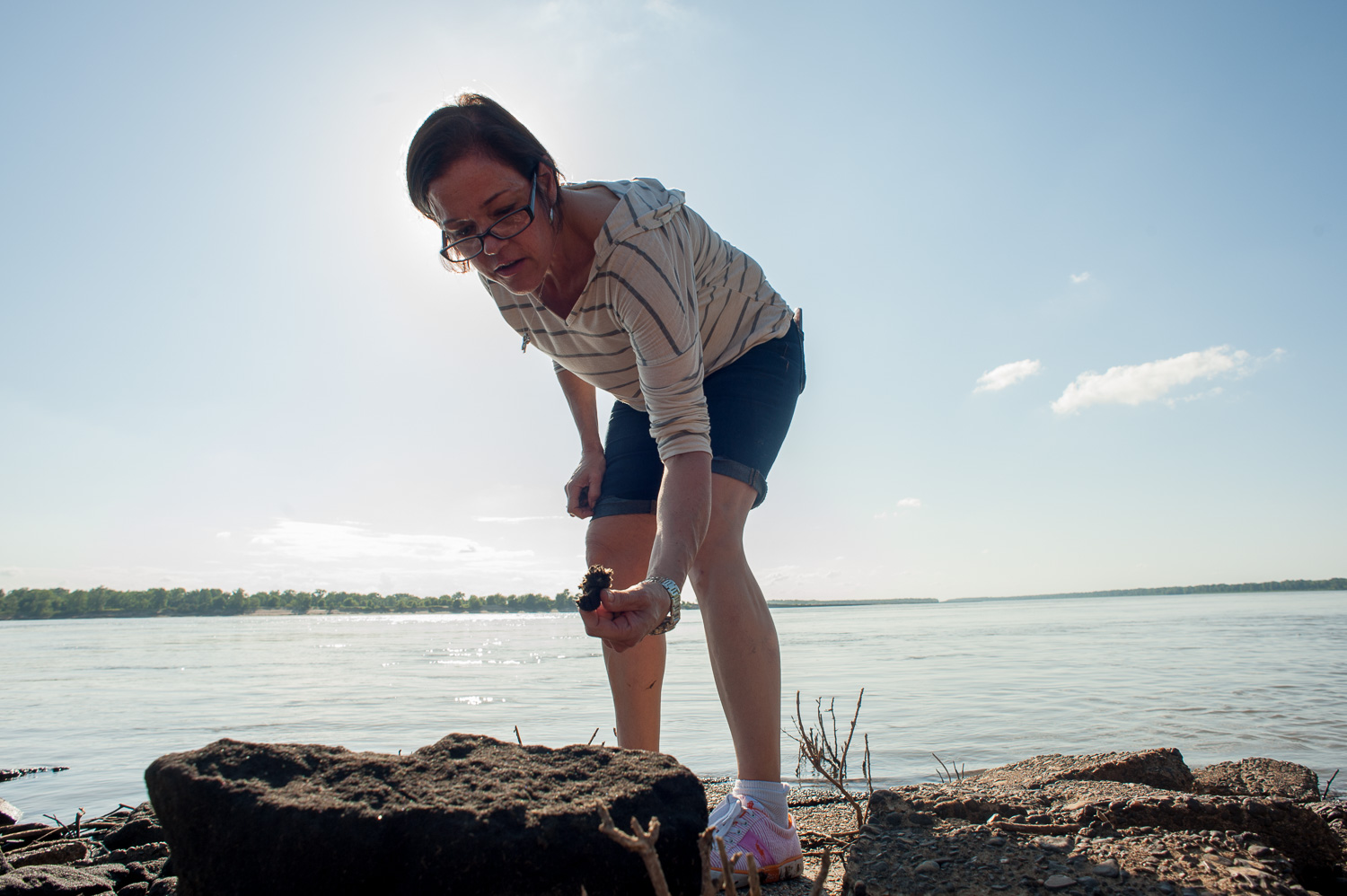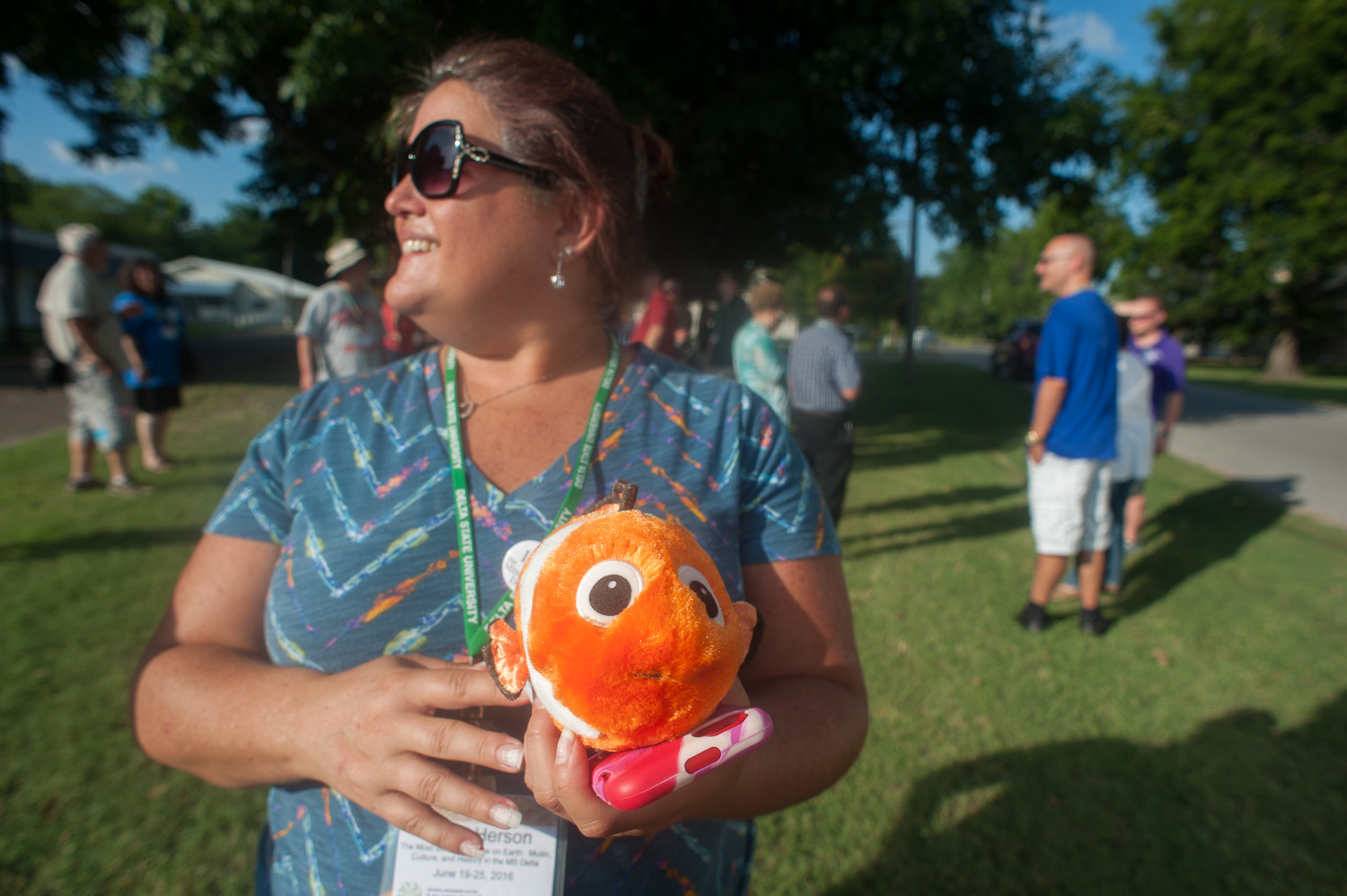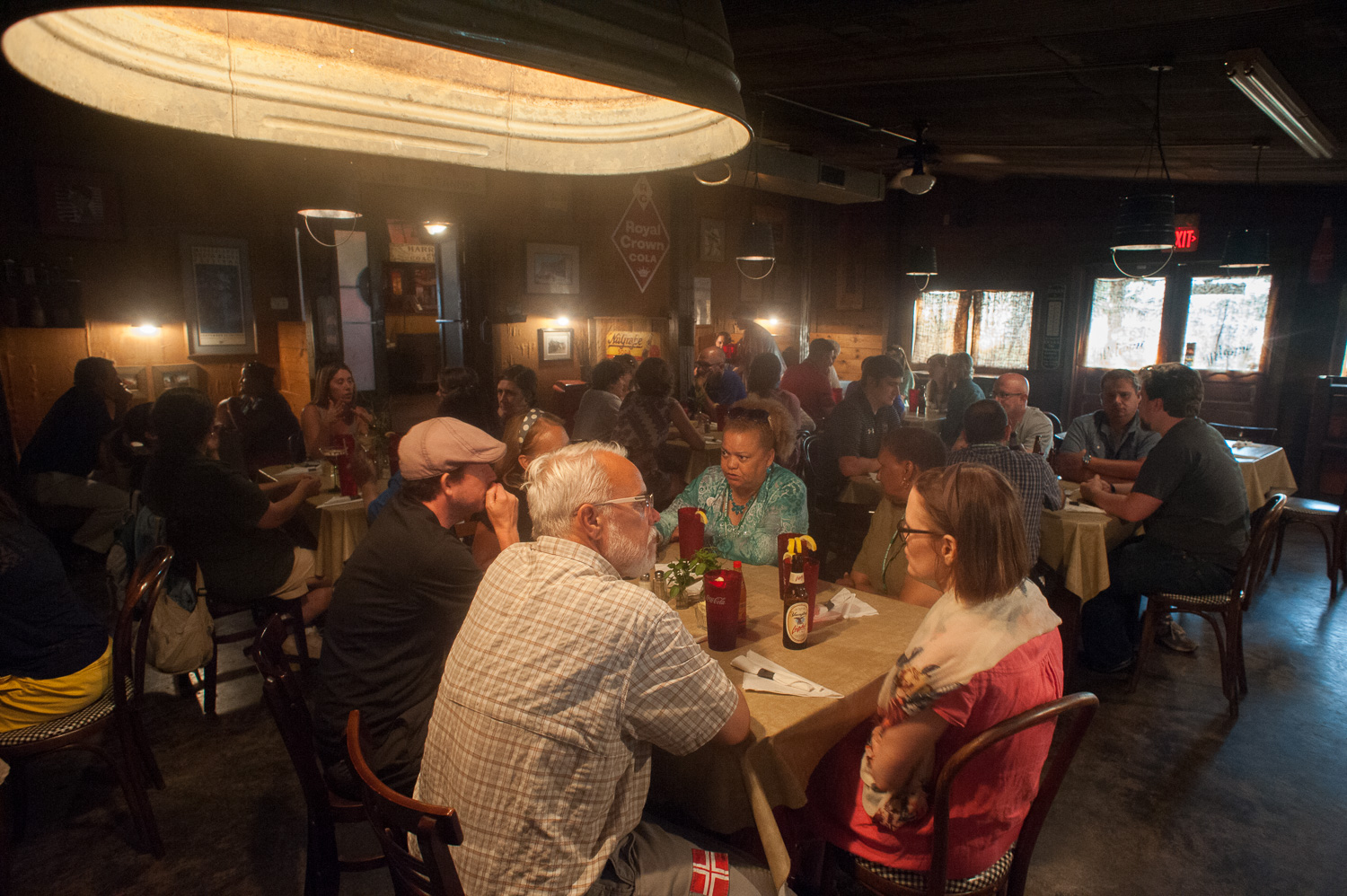The Delta Center's "Most Southern" workshop participants at the Fannie Lou Hamer memorial garden in Ruleville. The workshop will be presented again in June and July 2017. through generous support from the National Endowment for the Humanities."
In its 50th anniversary year, the National Endowment for the Humanities (NEH) recently announced $79 million in grants for 290 humanities projects and programs across the United States. The grants will be awarded in 14 humanities fields or areas, and also include $42.8 million in annual operating support for the national network of state and local humanities councils.
The grants will support a wide range of efforts in the humanities, with institutions, scholars and humanities organizations in all 50 states, the District of Columbia and U.S. territories receiving NEH support. Complete state-by-state listings of grants are available through the NEH website.
“NEH grants help bring humanities experiences to Americans across the country,” said chairman William D. Adams. “Our funding supports museums, libraries and cultural institutions, and the local state councils that create and sustain humanities programs in their communities. Through films, original research and new intellectual insights, our grants strengthen the nation’s cultural fabric and identity.”
NEH workshop participants experiencing the Delta’s rich fertile soil.
For the eighth year, The Delta Center for Culture and Learning at Delta State University has been awarded a NEH grant for “The Most Southern Place on Earth: Music, History, and Culture of the Mississippi Delta” workshop. The workshop is one of several Landmarks of American History and Culture: Workshops for School Teachers that NEH funds across the country. The purpose of this grant category is to support a series of one-week workshops for K-12 educators that address central themes and topics in American history, government, literature, art history and other humanities fields related to historic landmarks.
“We are pleased that the National Endowment for the Humanities once again is funding the ‘Most Southern Place on Earth’ workshops,” said Dr. Rolando Herts, director of The Delta Center and co-director of the workshop. “This is one of the longest running NEH Landmarks workshops. We are excited to have the opportunity to offer it once again to K-12 educators who have a passion for learning and teaching about the rich culture and history of the Mississippi Delta National Heritage Area, identified by the National Park Service as ‘the cradle of American culture.'”
Over the years, the NEH “Most Southern” workshops have built a dedicated network of over 500 alumni scholars who serve as educational and cultural ambassadors for the MDNHA and for Delta State University. The workshops use an experiential learning approach, engaging participants directly with historically and culturally significant people and places in the MDNHA.
Workshop participants take what they have learned back to their schools and communities, sharing stories and lessons from the MDNHA with students, colleagues, family and friends, nationally and globally. Many past participants have made return visits to the region, bringing students, colleagues, family and friends with them, which has broadened the “Most Southern” workshops’ educational and economic impact.
Mayor Darryl Johnson of Mound Bayou greeting NEH workshop participants.
“Participants from as far away as Alaska, California and New Hampshire remain connected to The Delta Center, Delta State and the Delta region because of this workshop,” said Lee Alyward, program associate for education and community outreach at The Delta Center and workshop co-director. “In fact, several of them completed the International Blues Scholars Program this summer, our online Blues Studies certificate. We look forward to working with another group of educators in summer 2017 who are passionate about the Delta.”
The MDNHA is a partnership between the people of the Mississippi Delta and the National Park Service. The MDNHA was designated by U.S. Congress in 2009 and is governed by a board of directors representing agencies and organizations defined in the congressional legislation. More information about the MDNHA, including the complete approved management plan, is available at http://www.msdeltaheritage.com.





